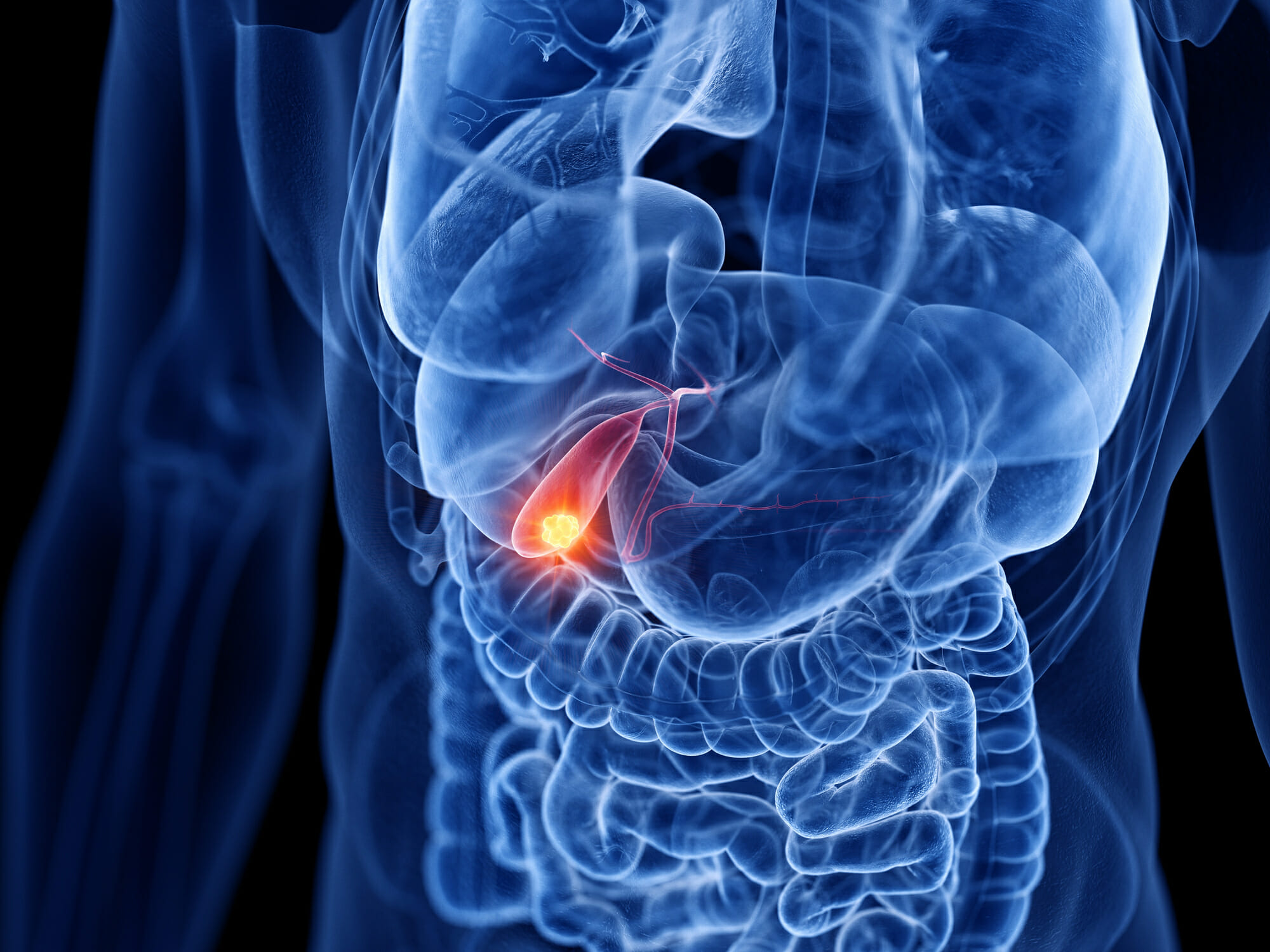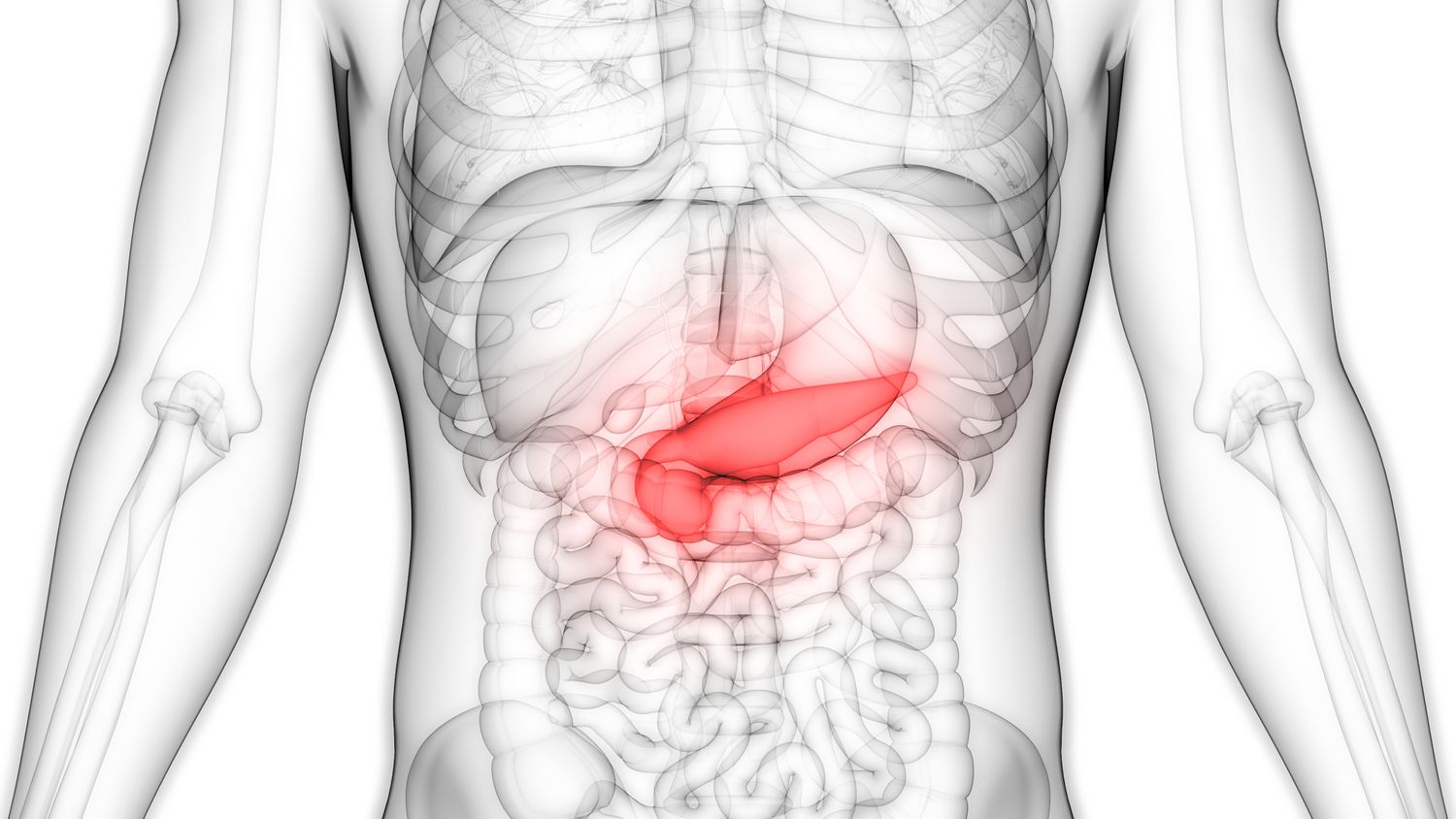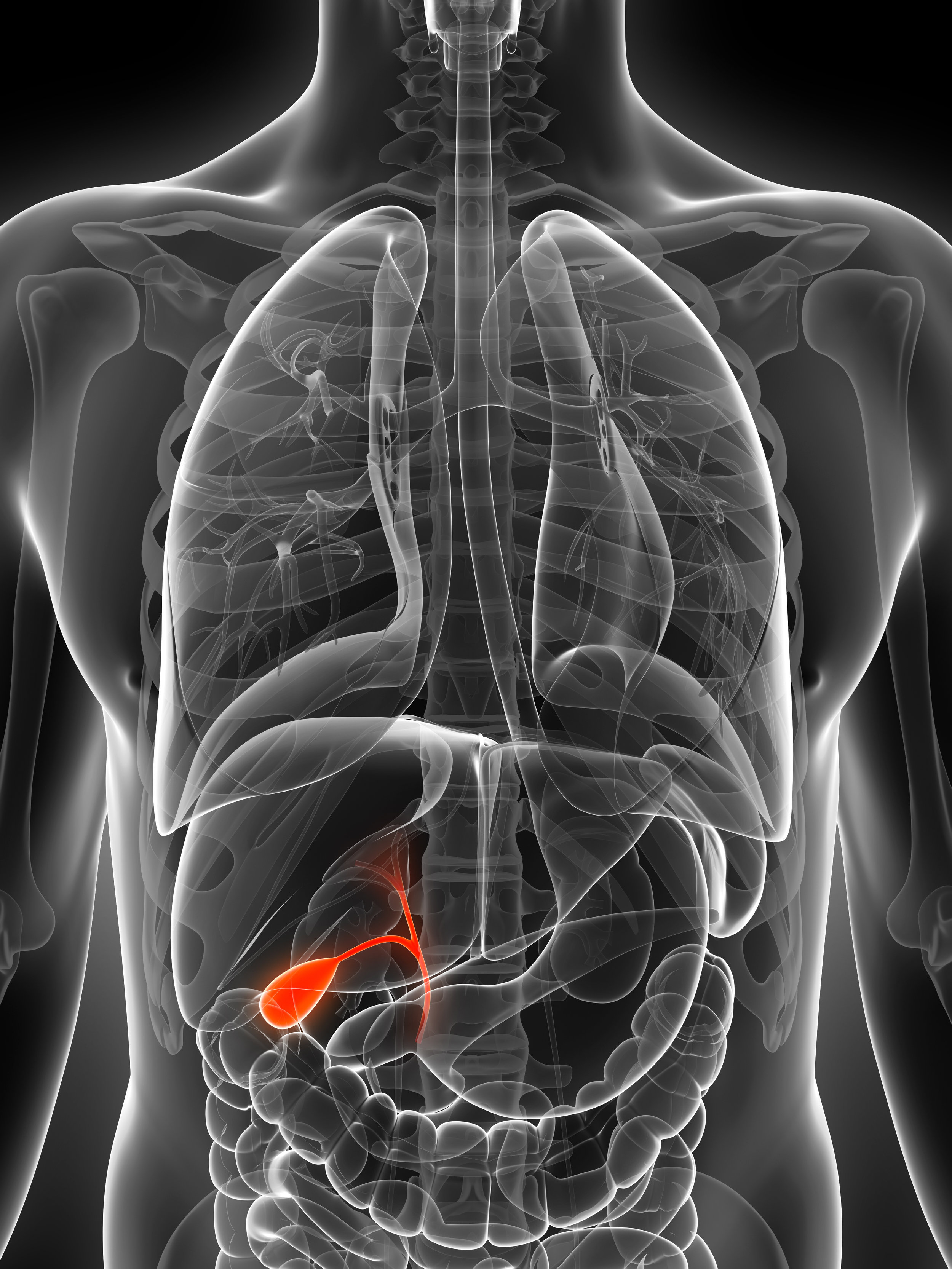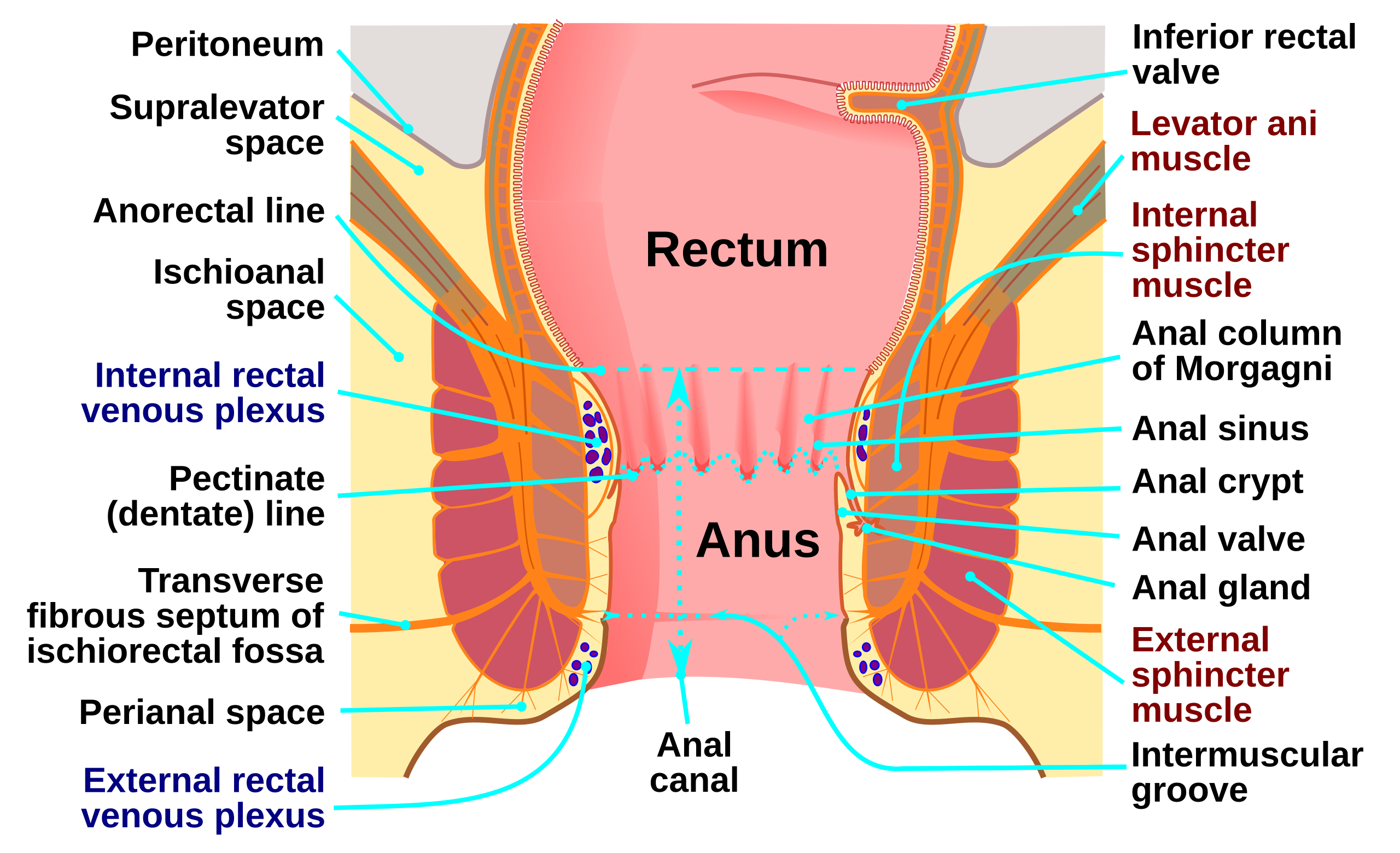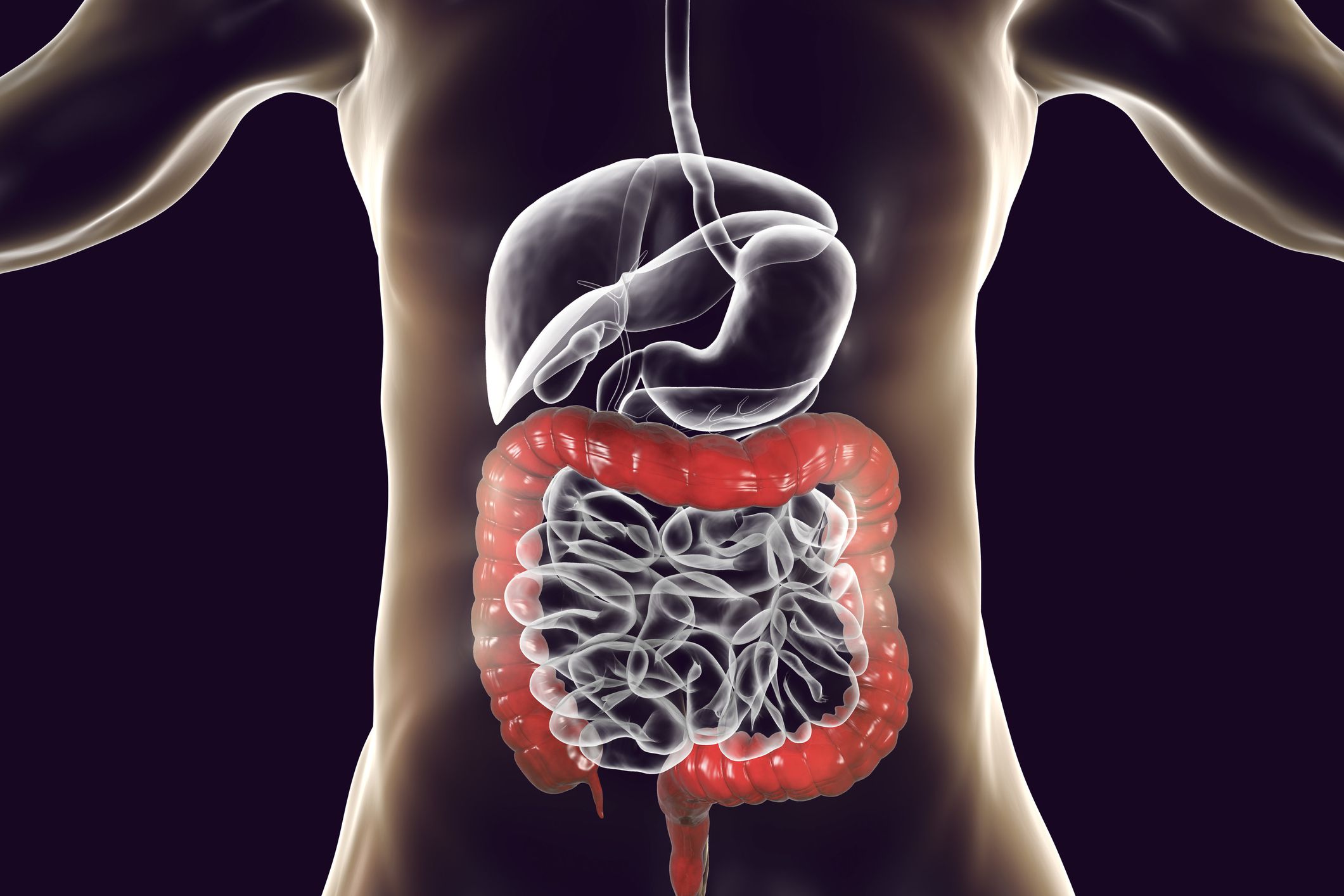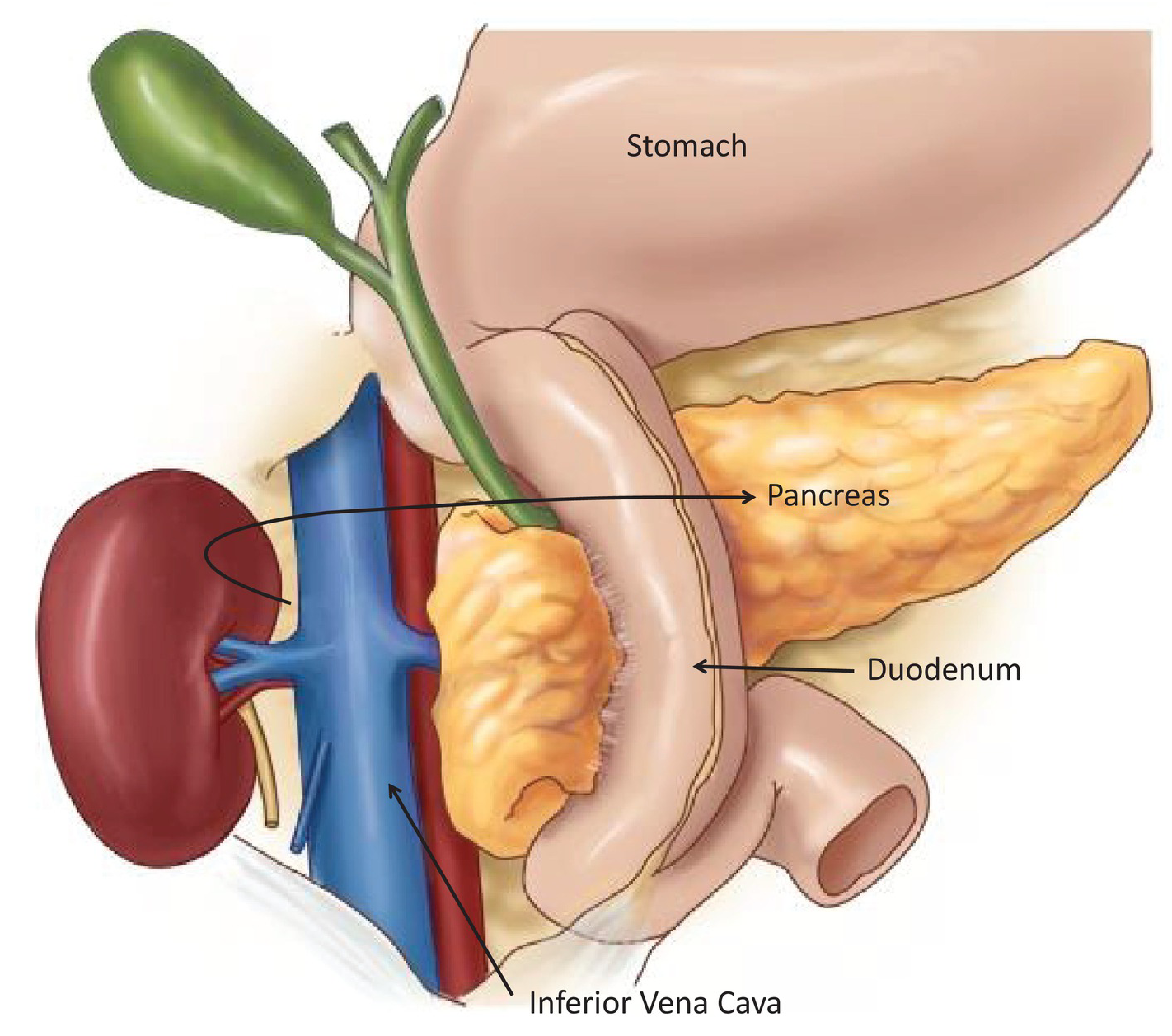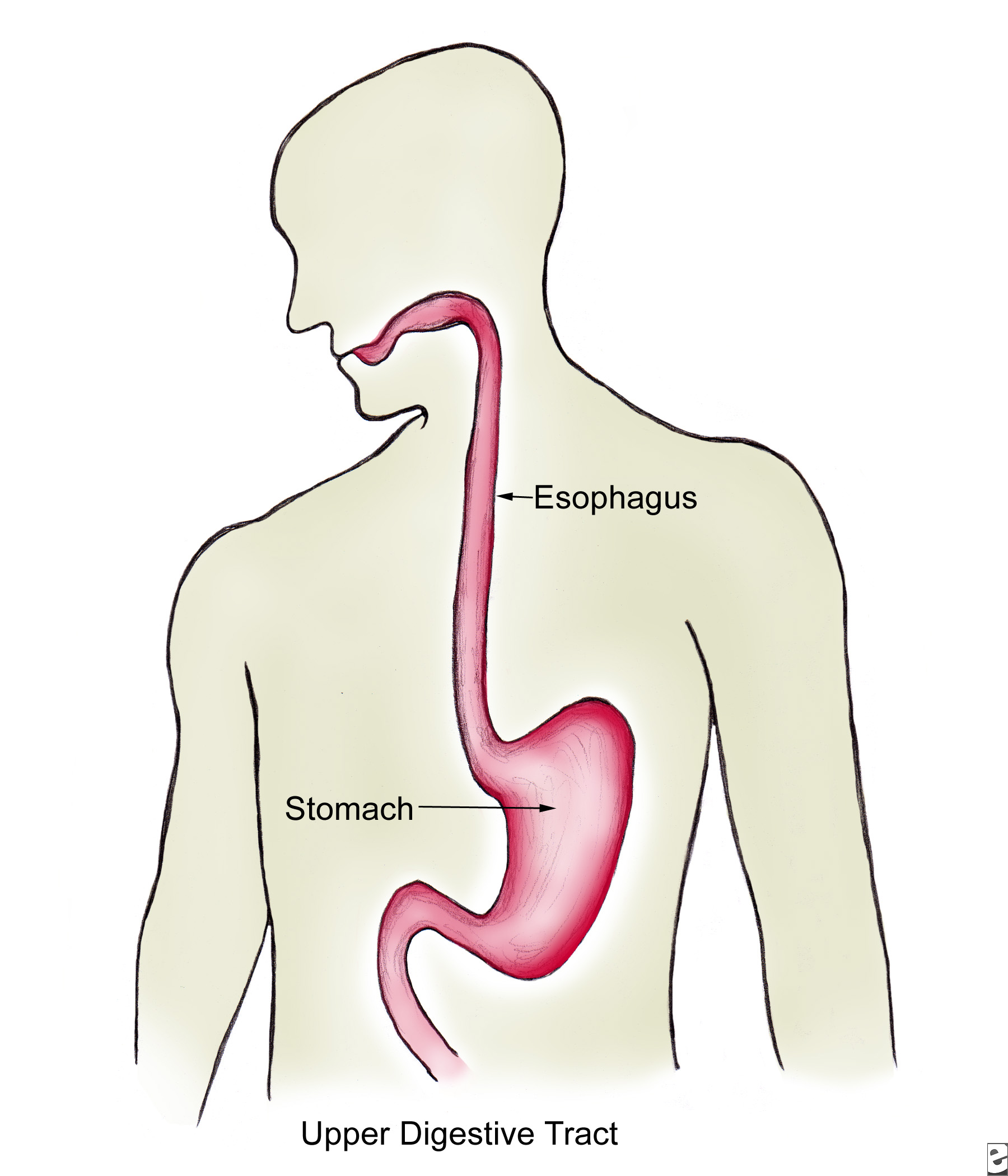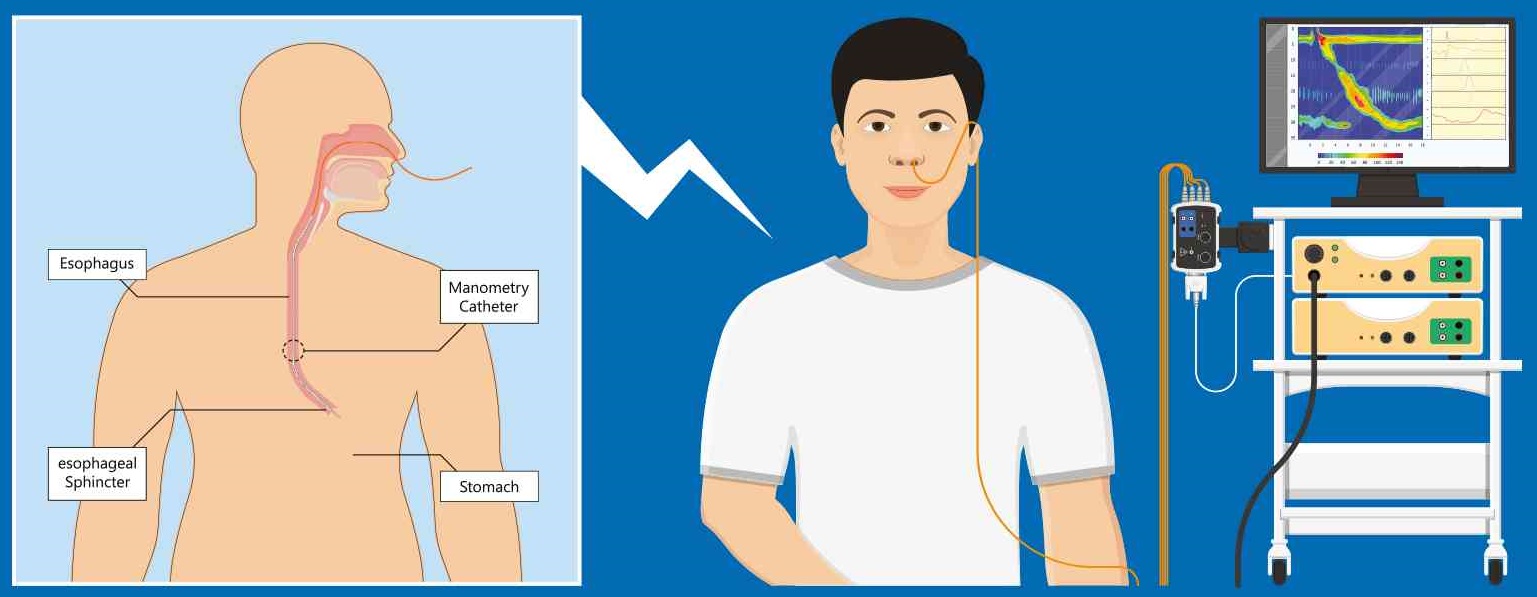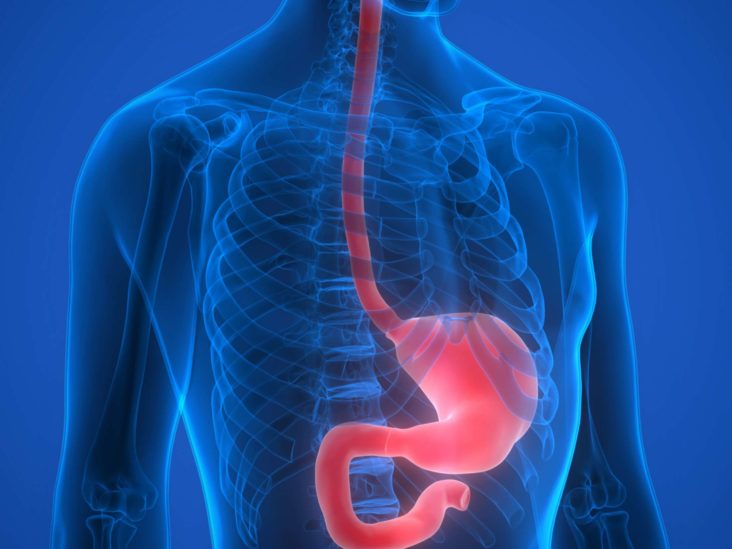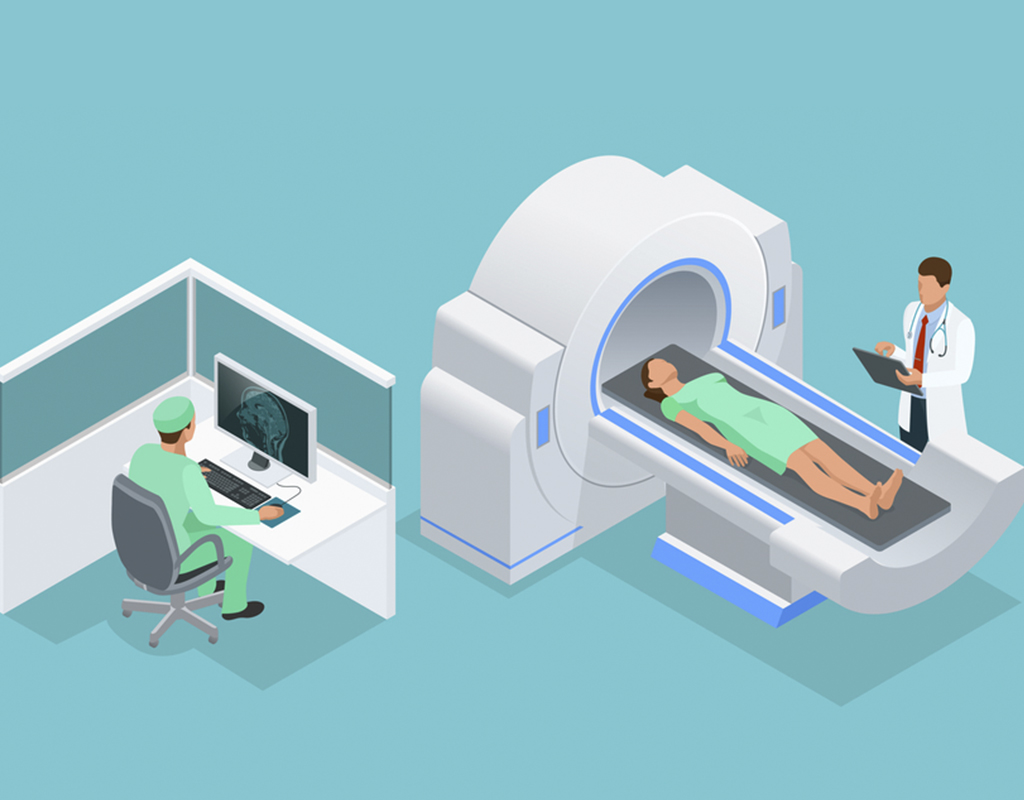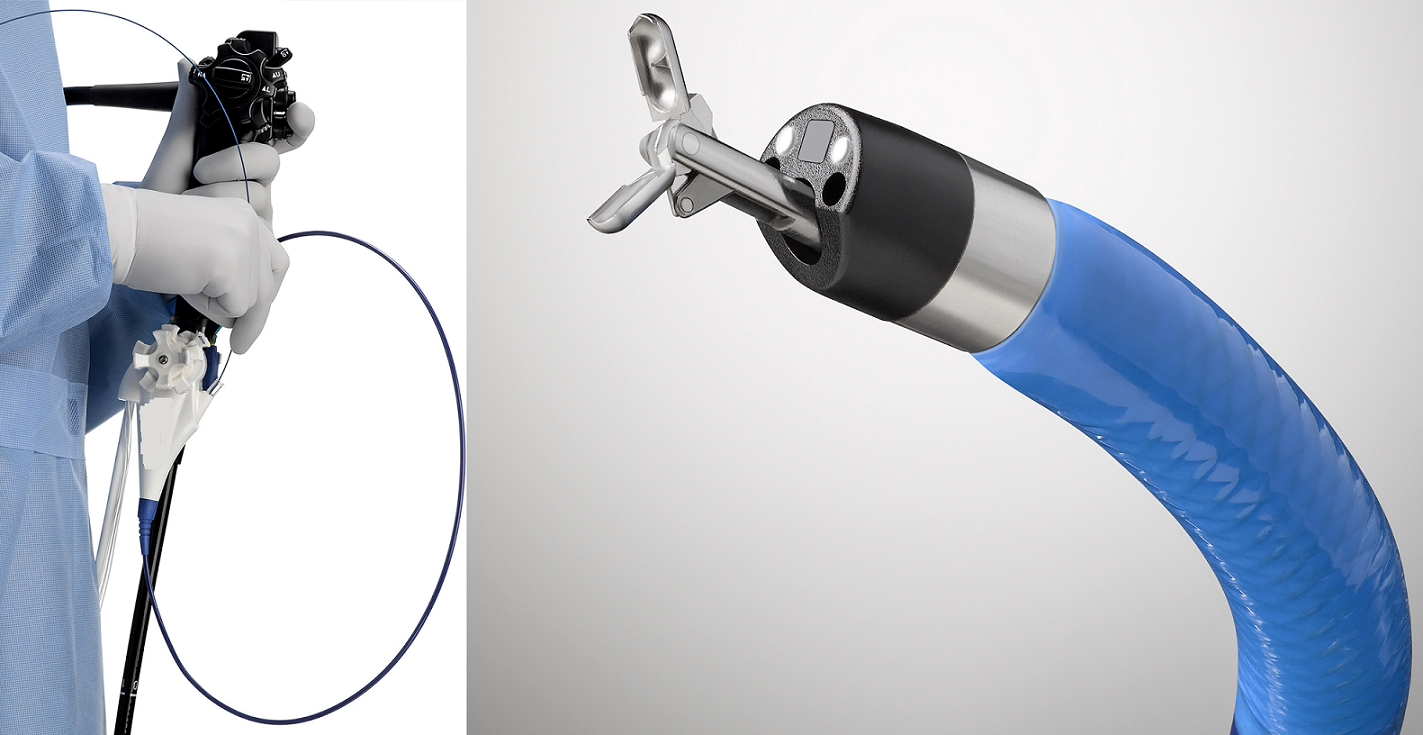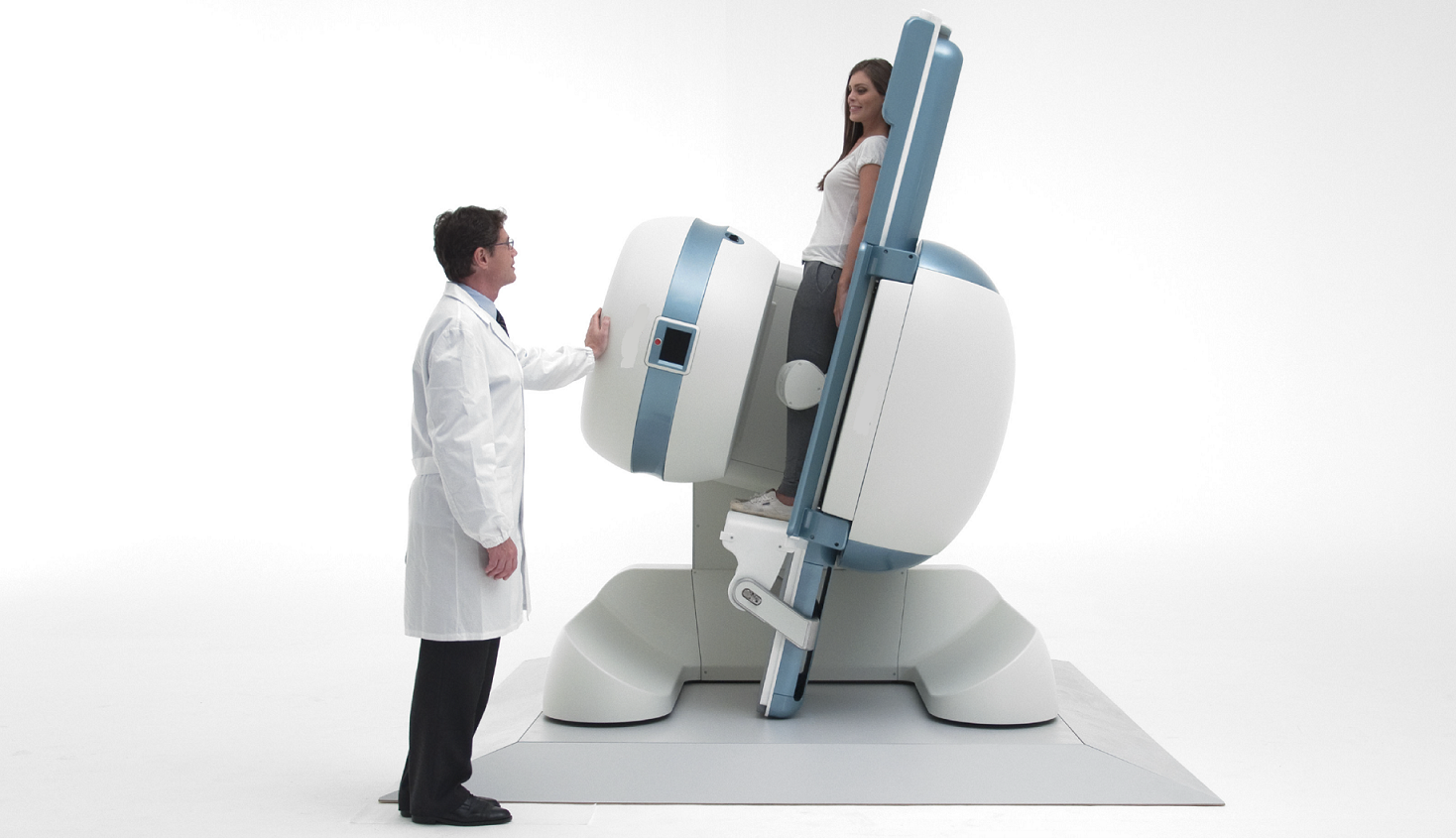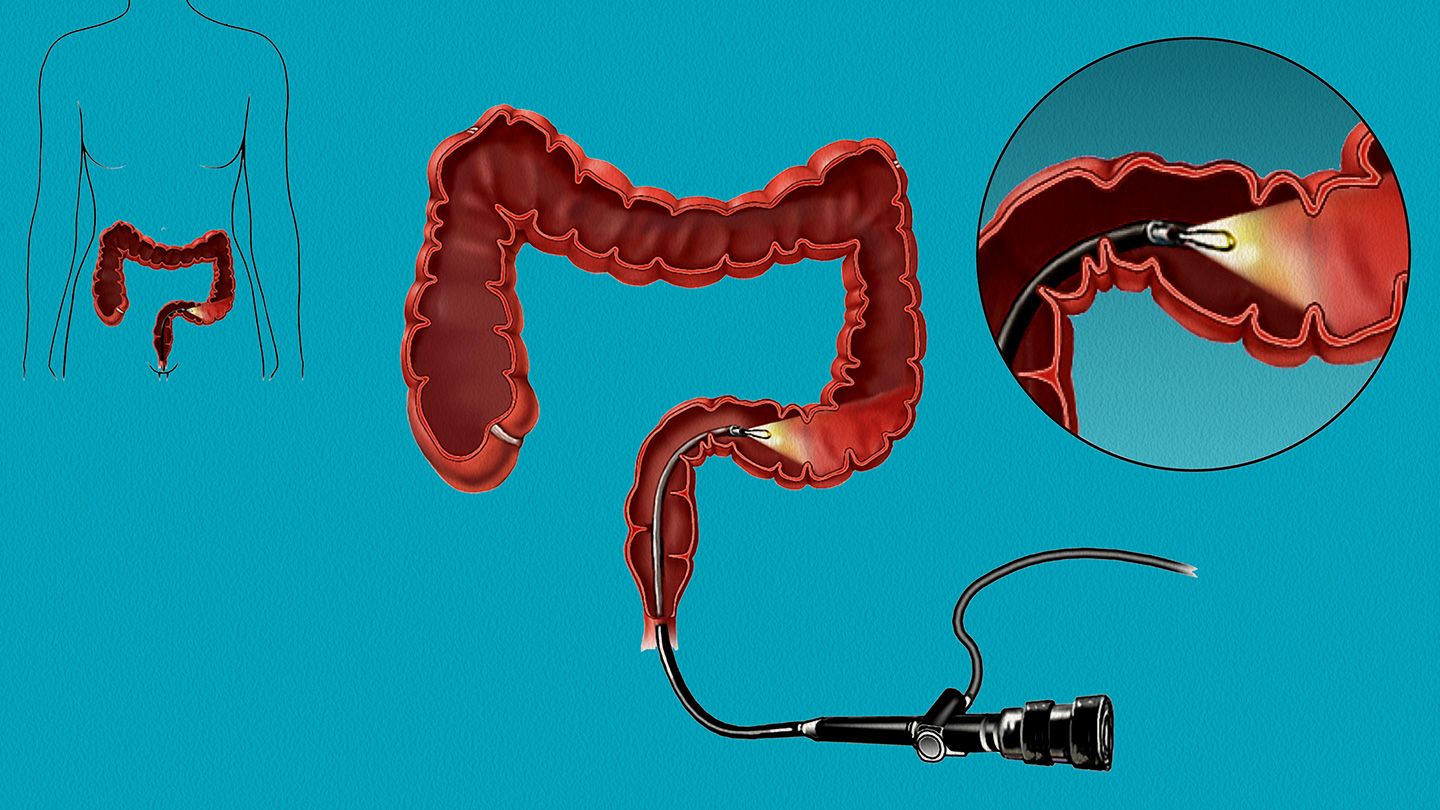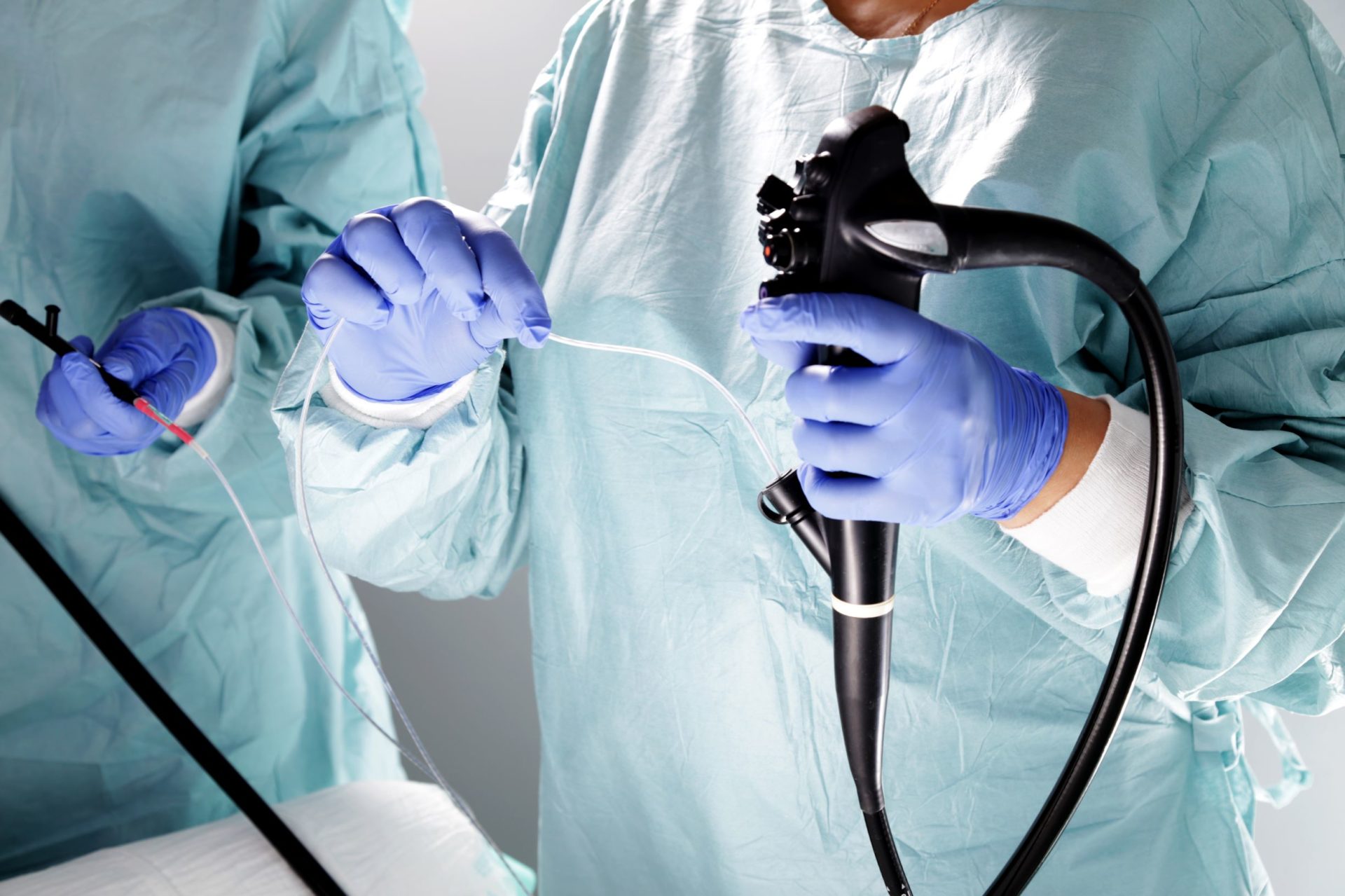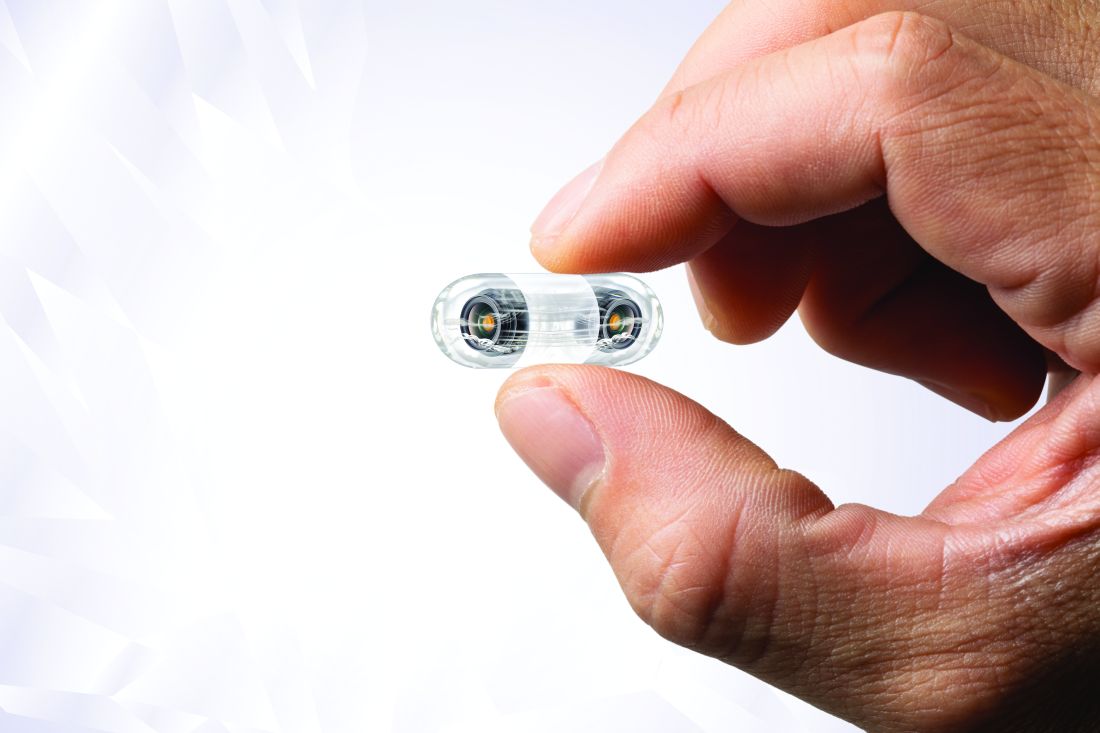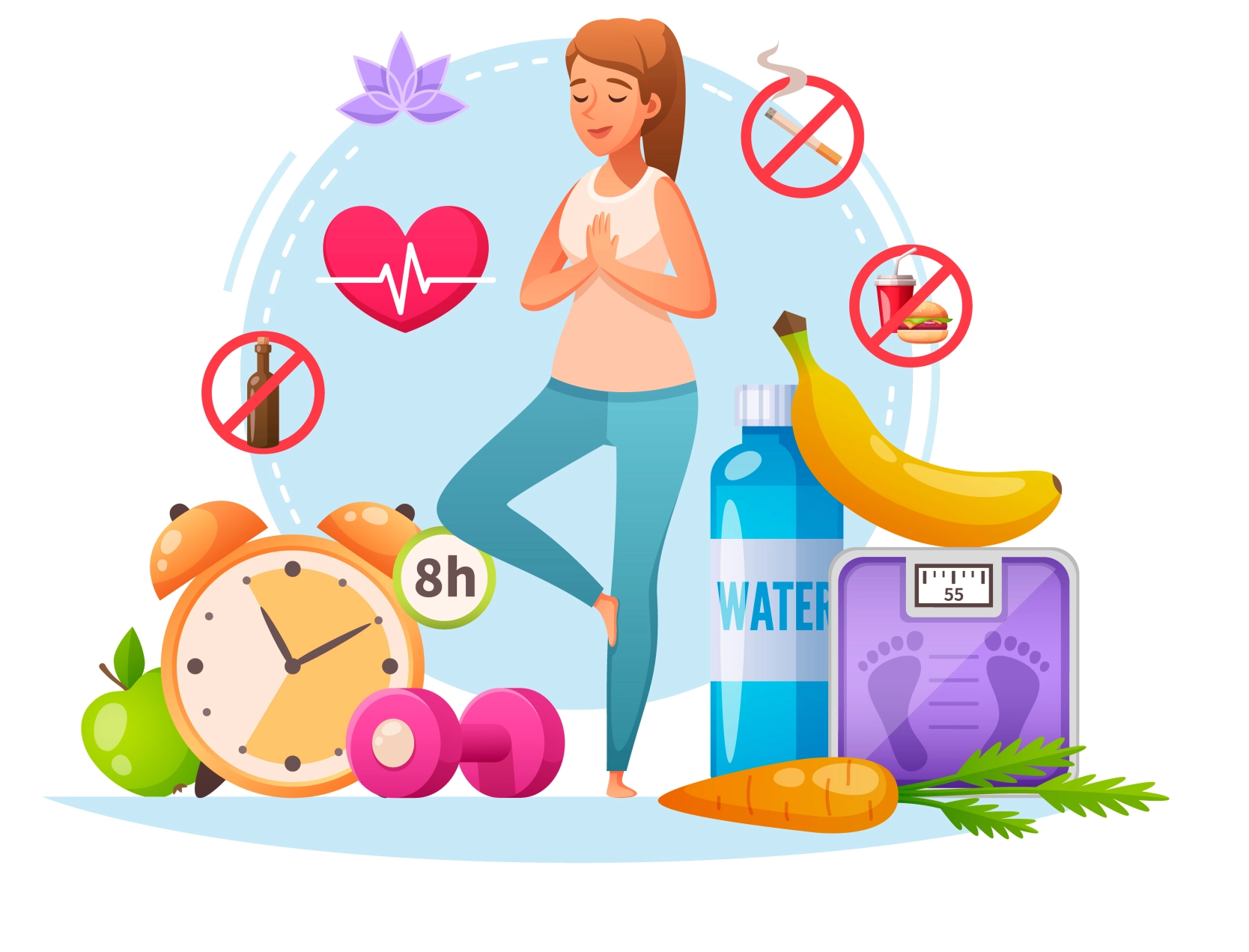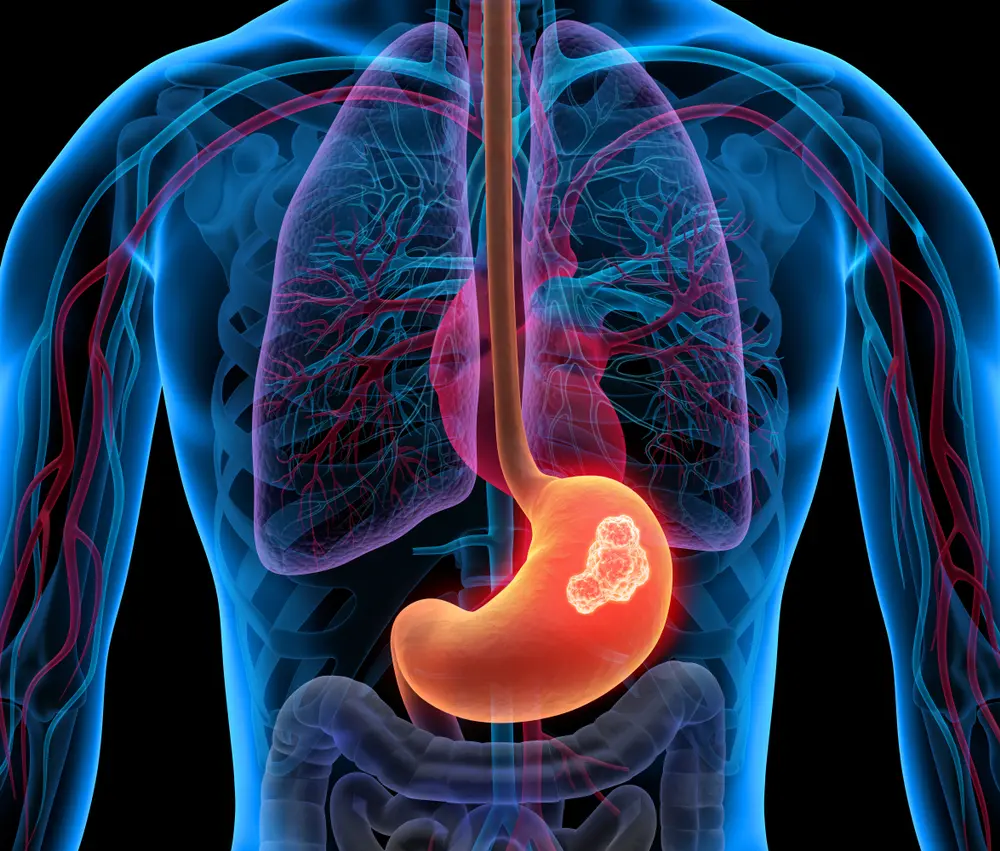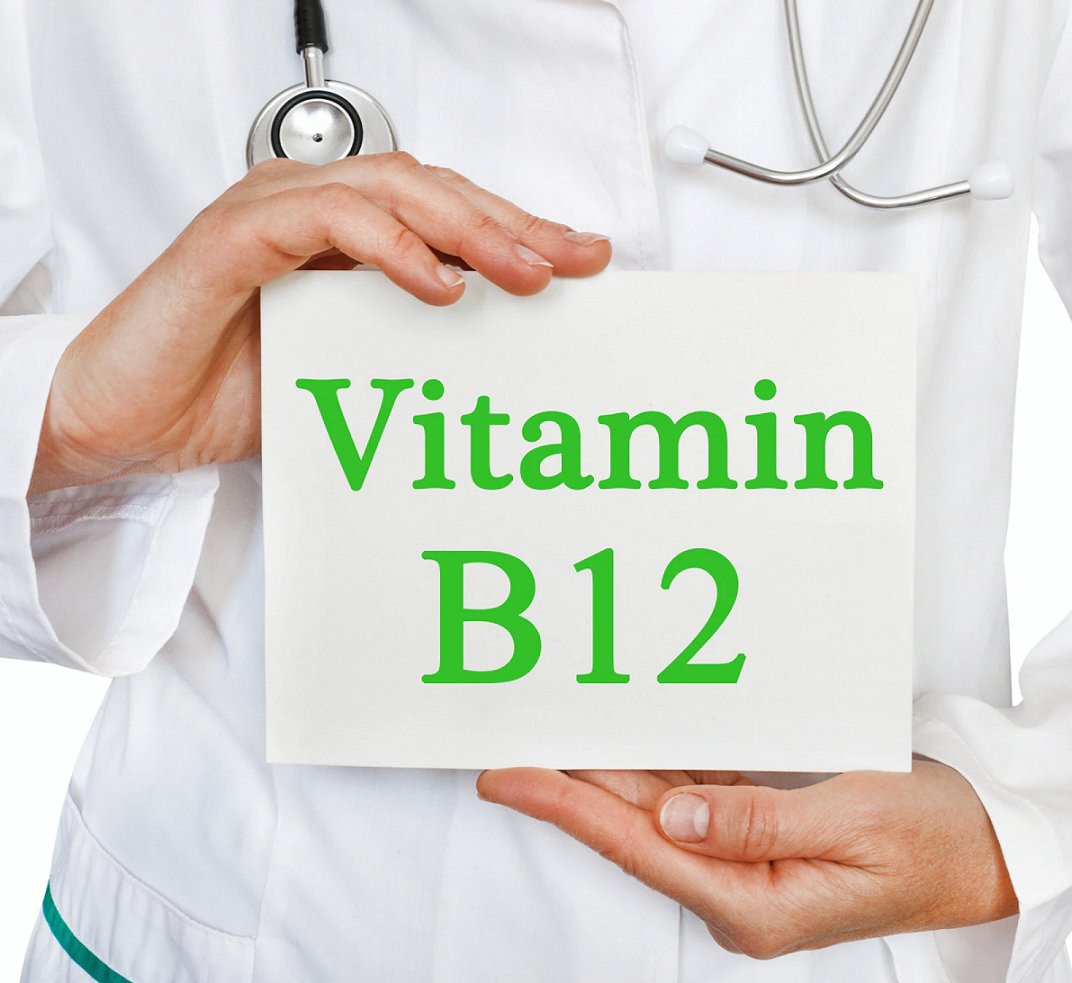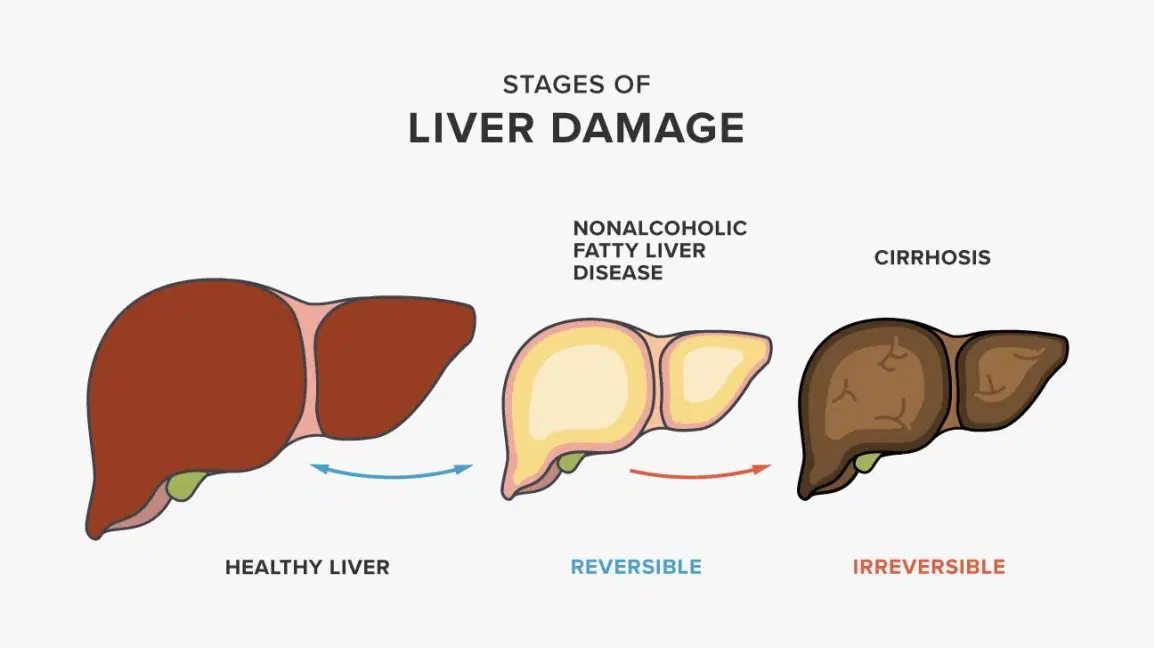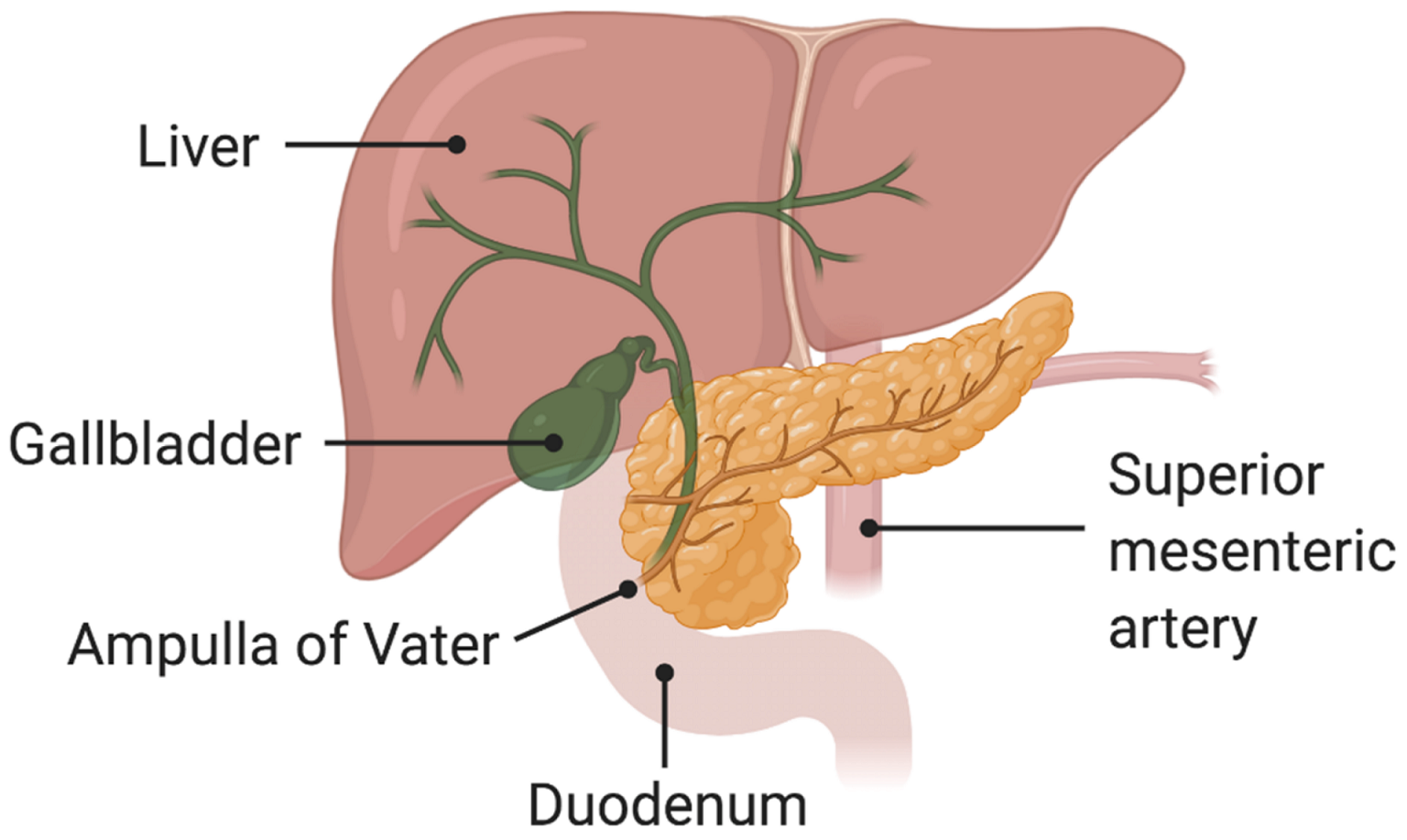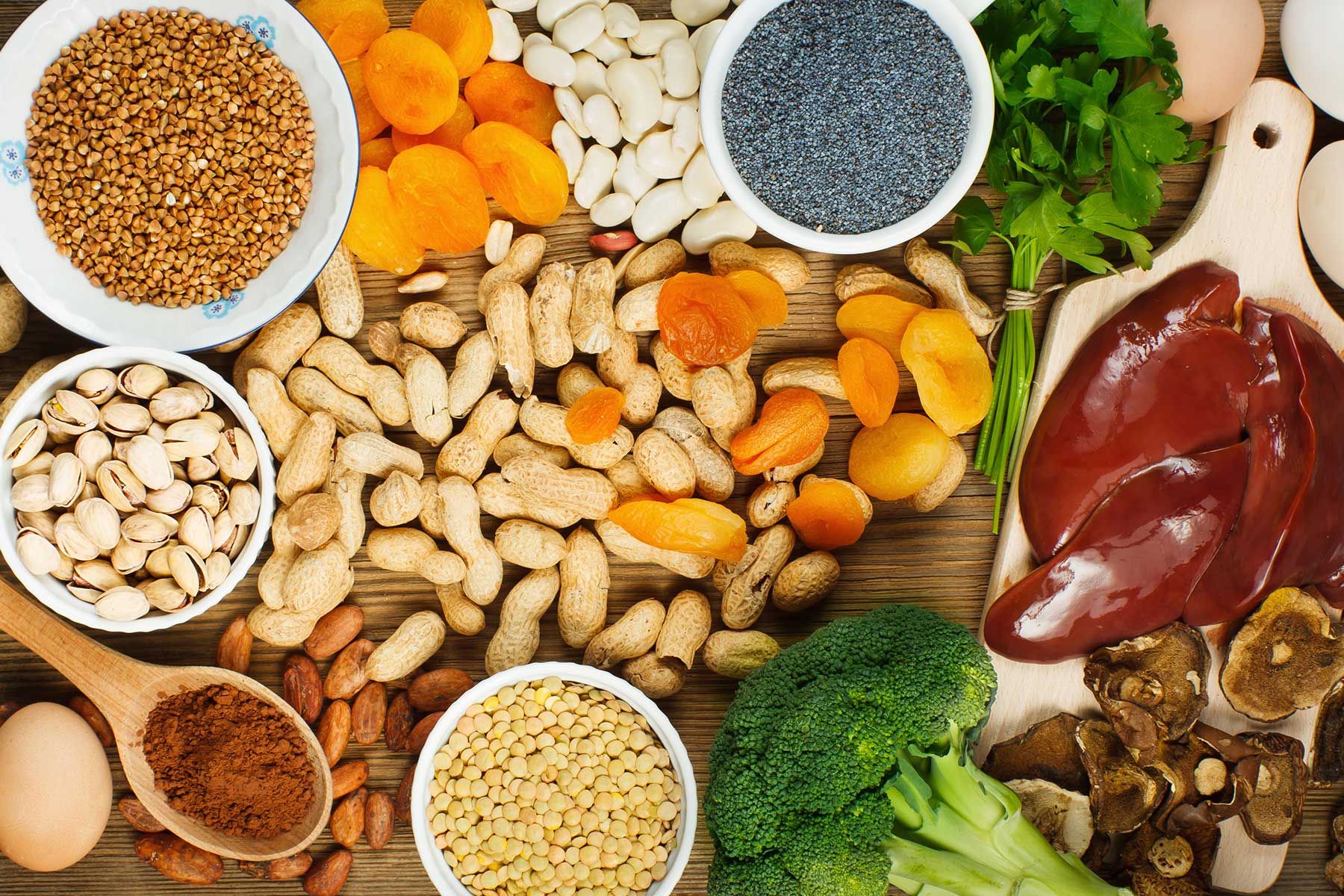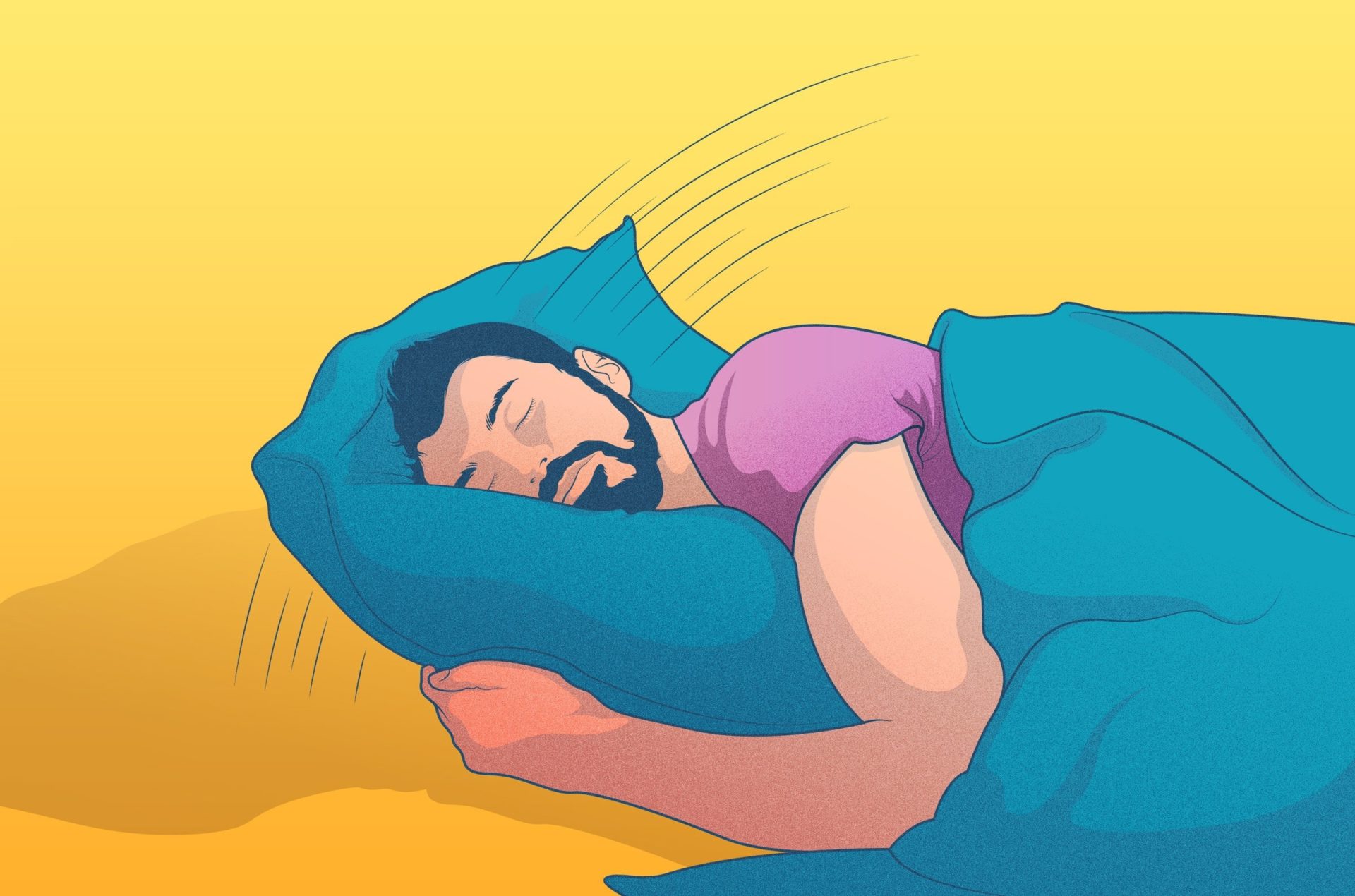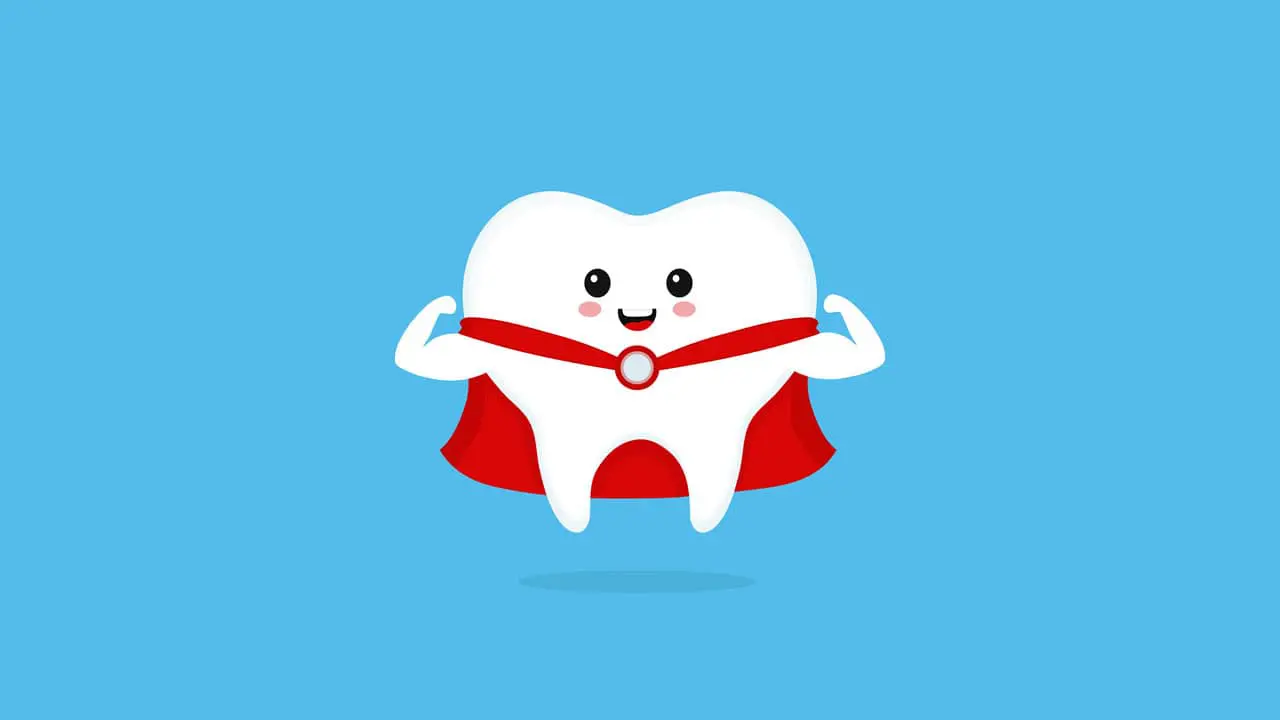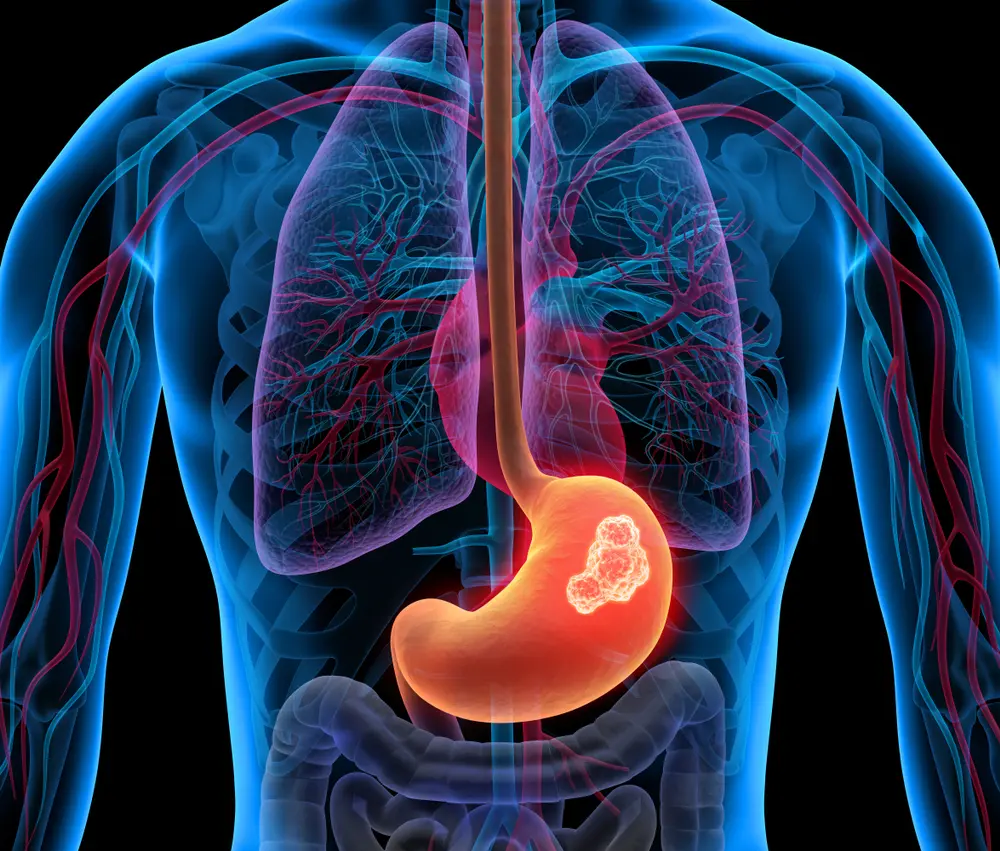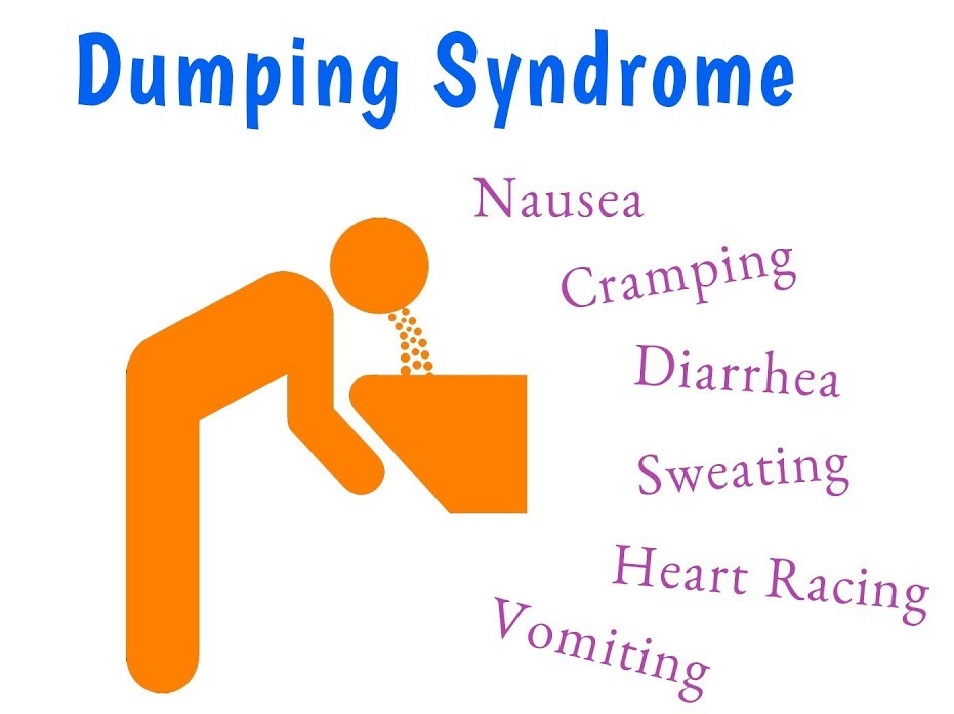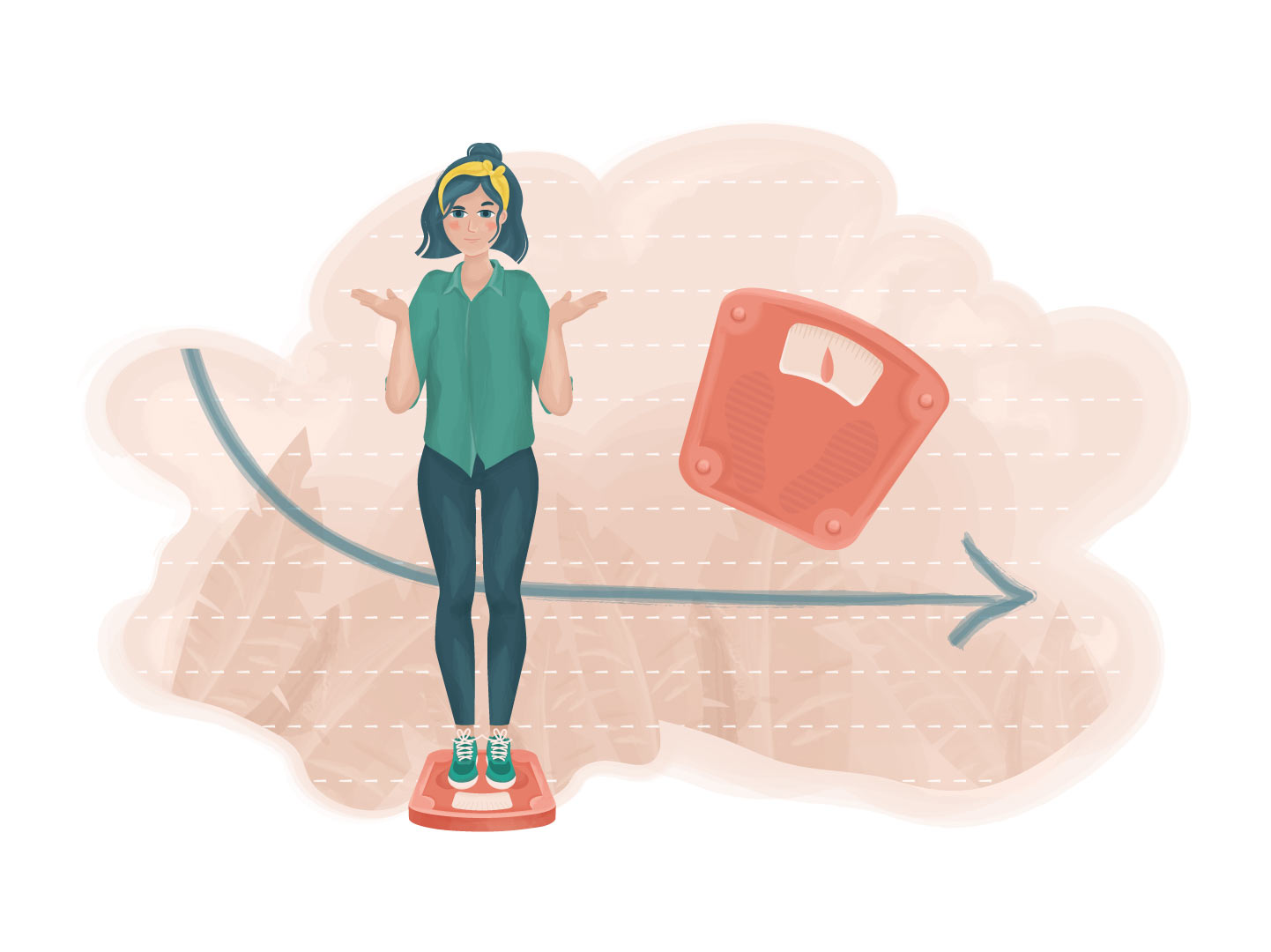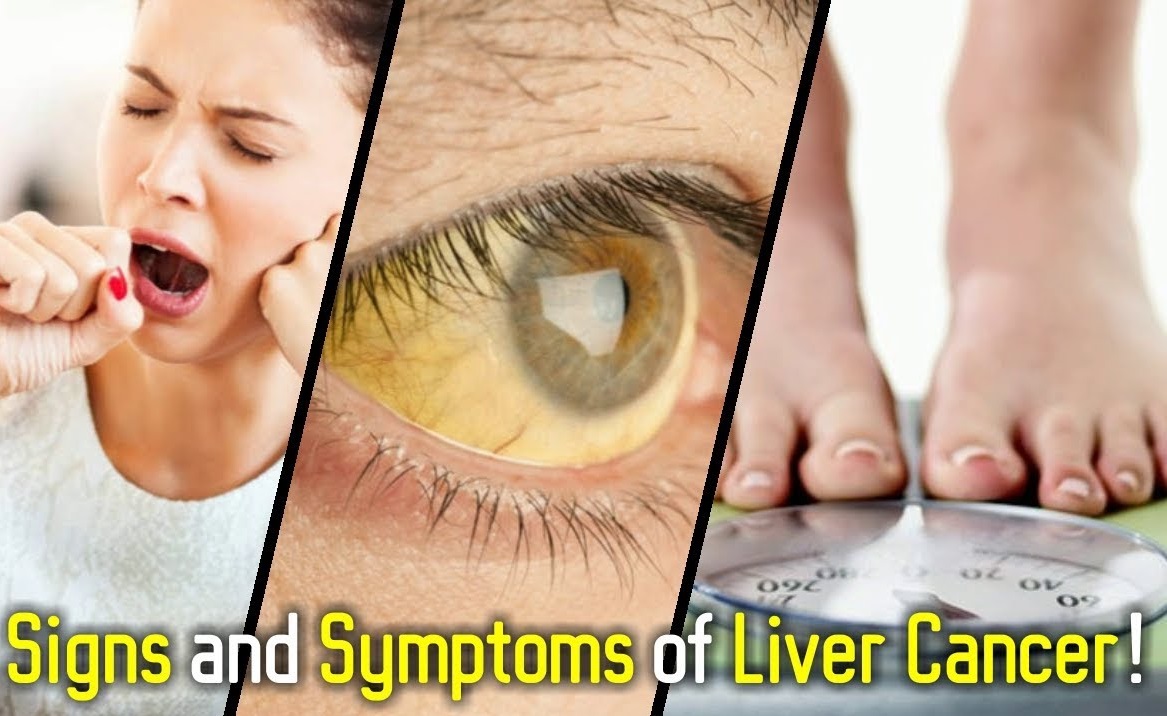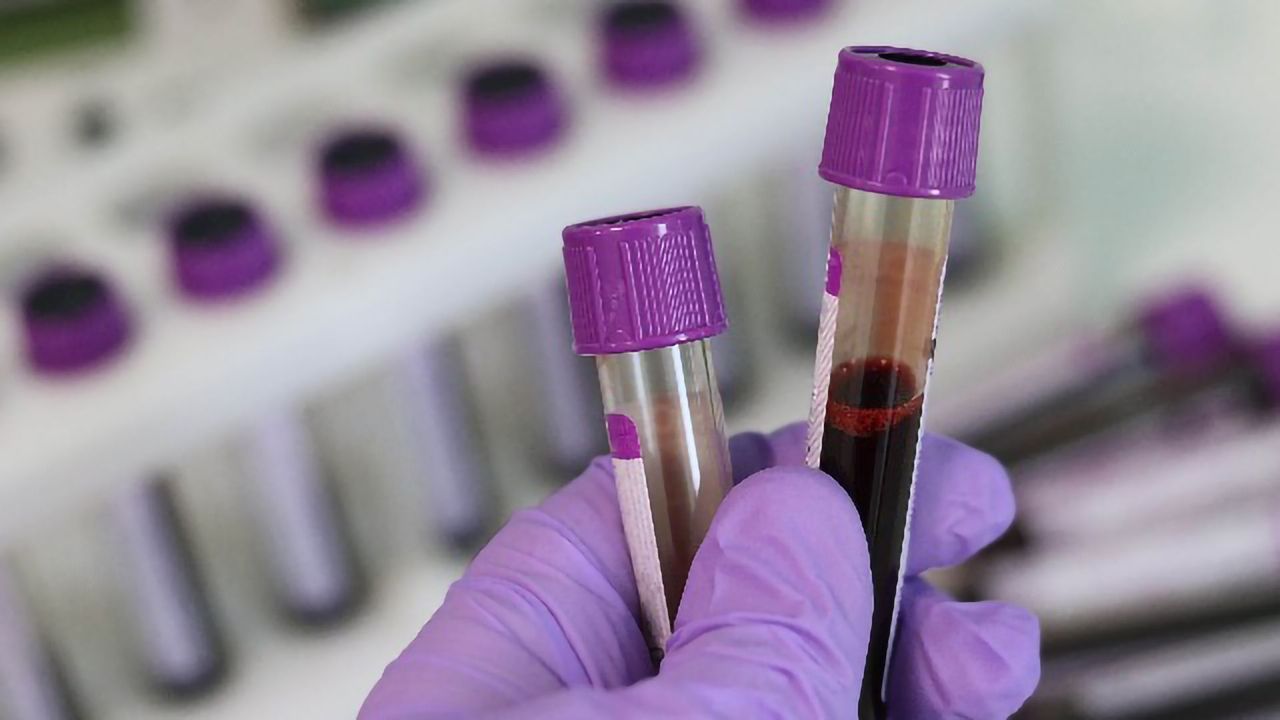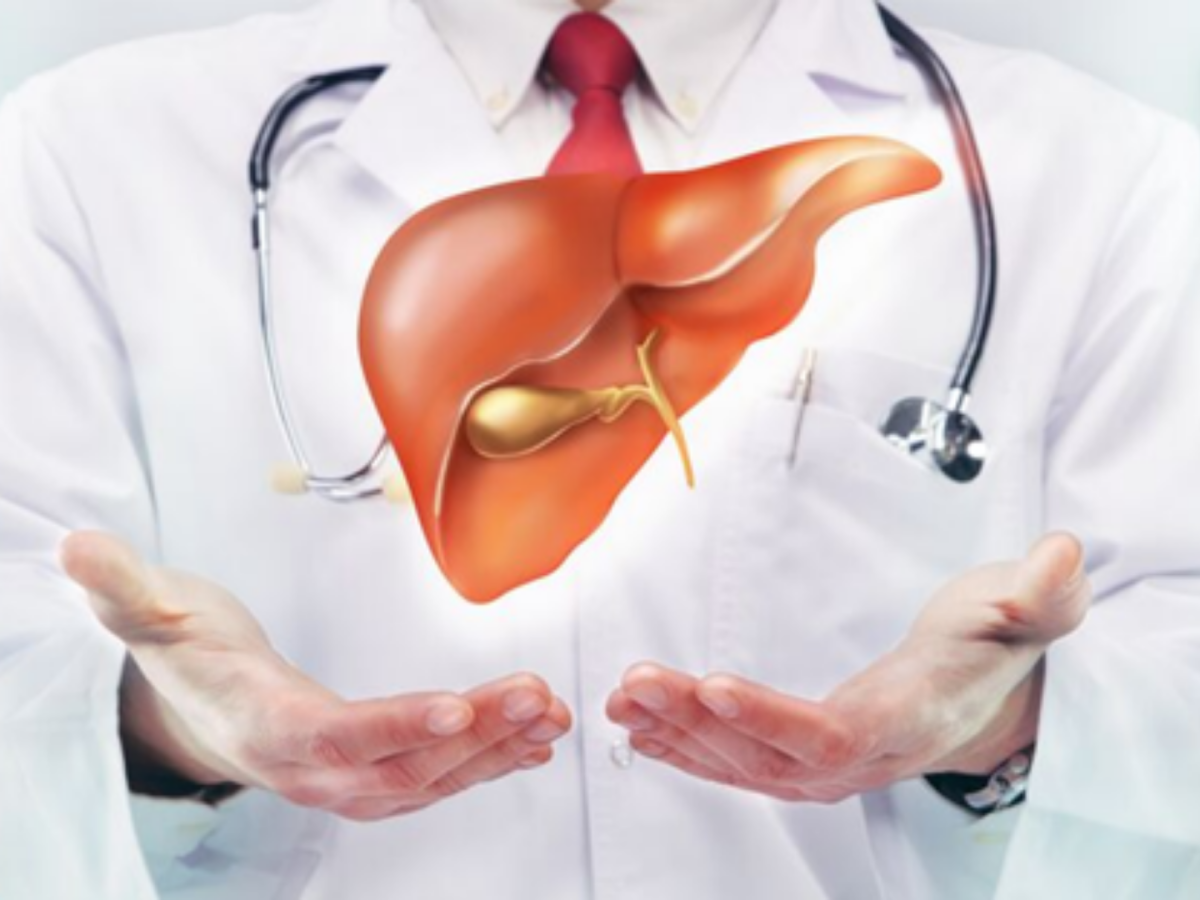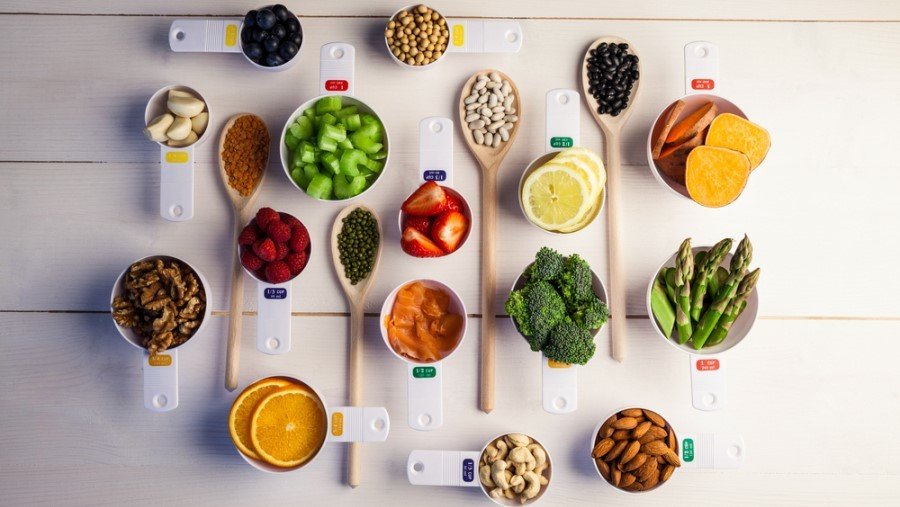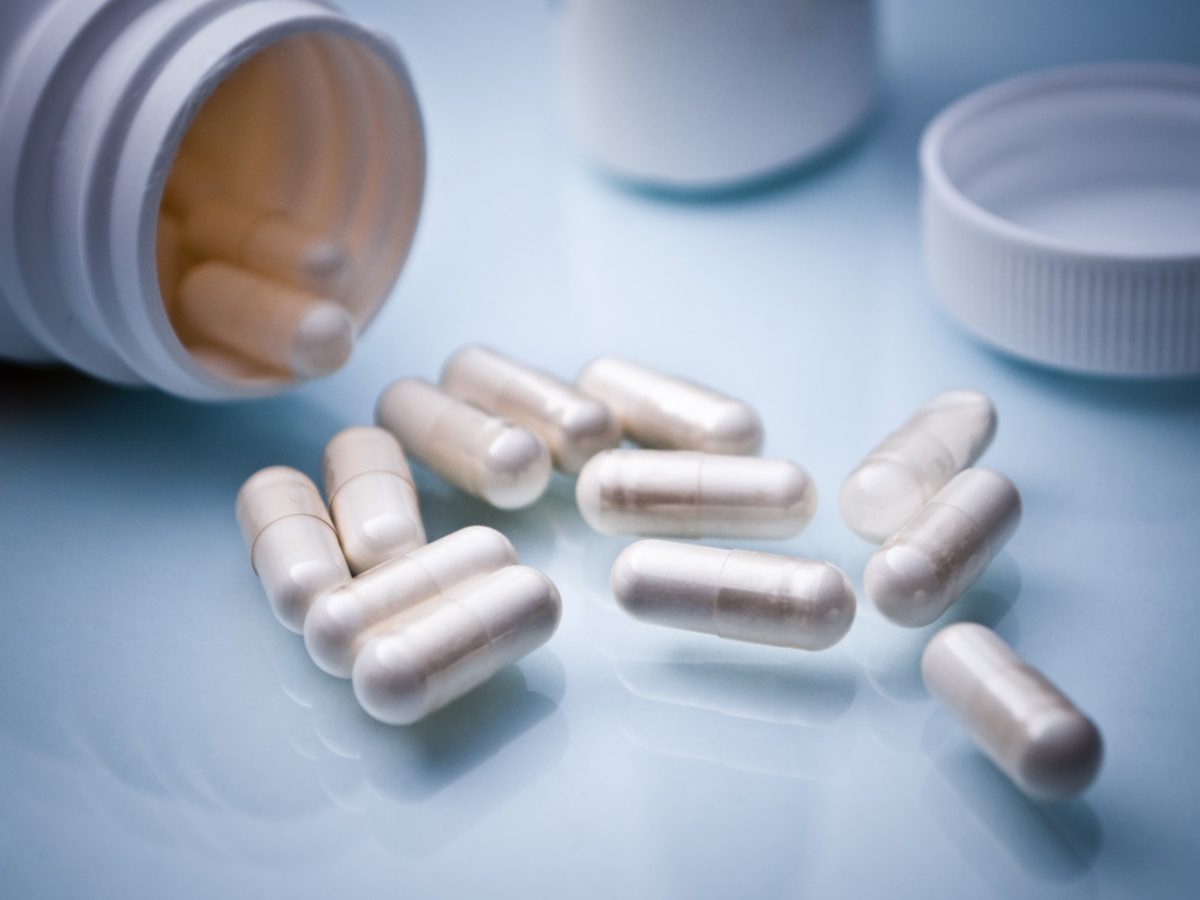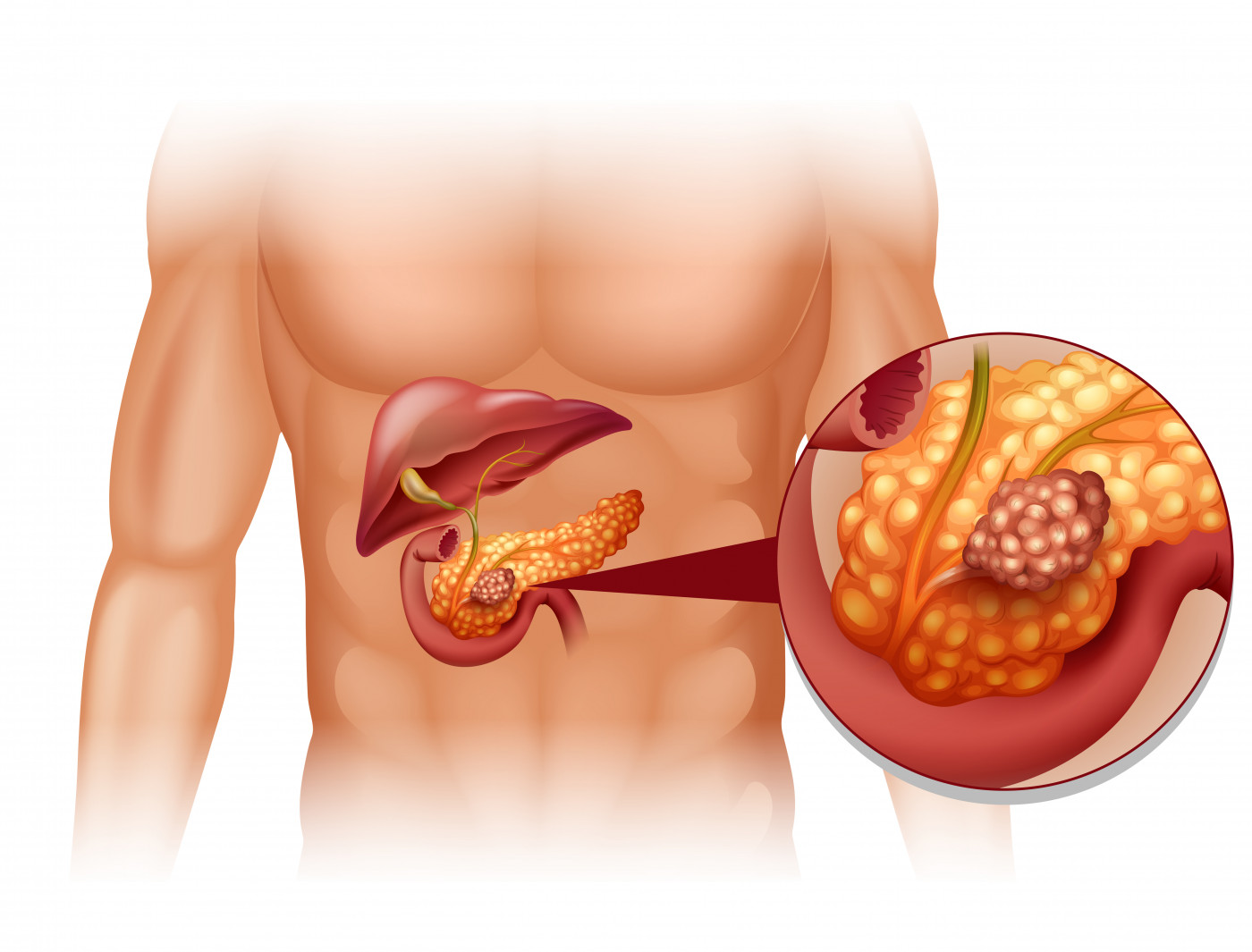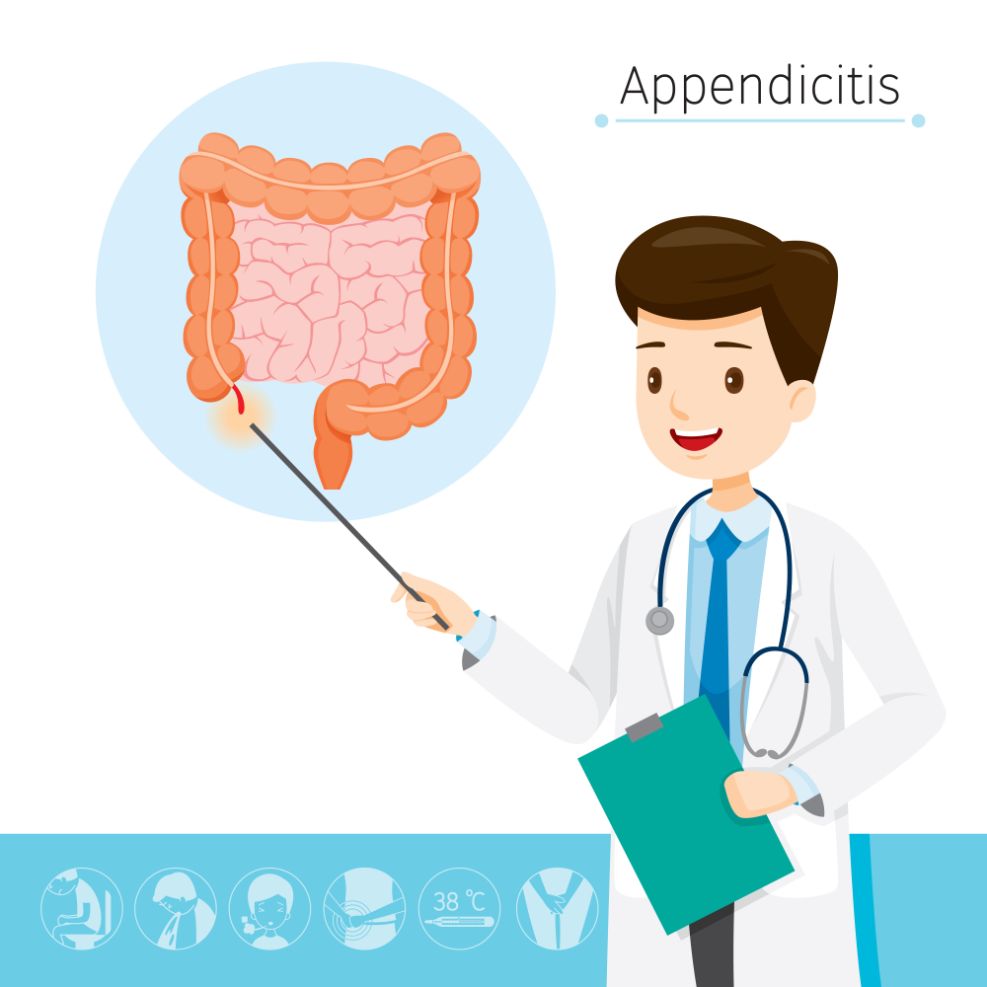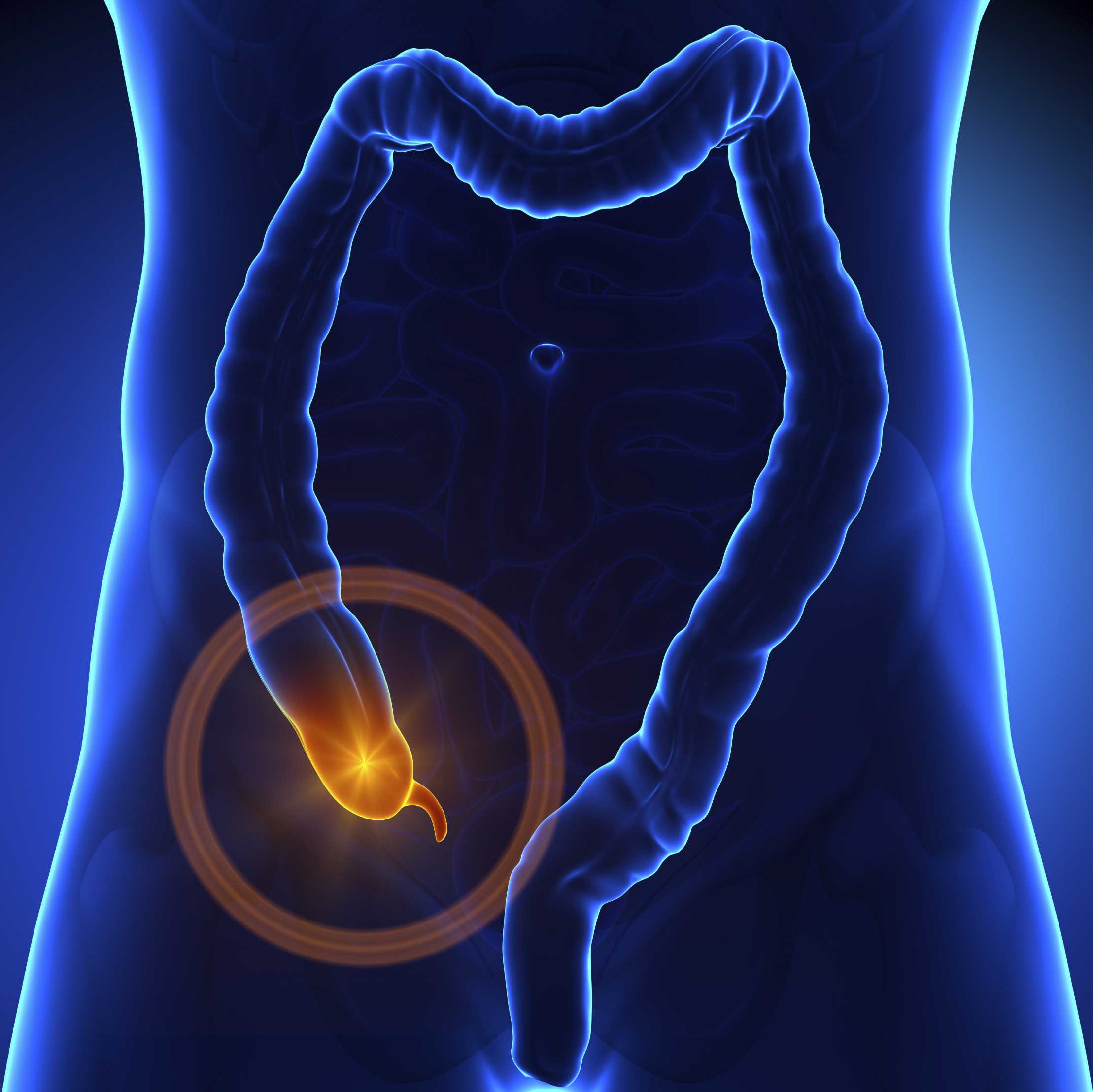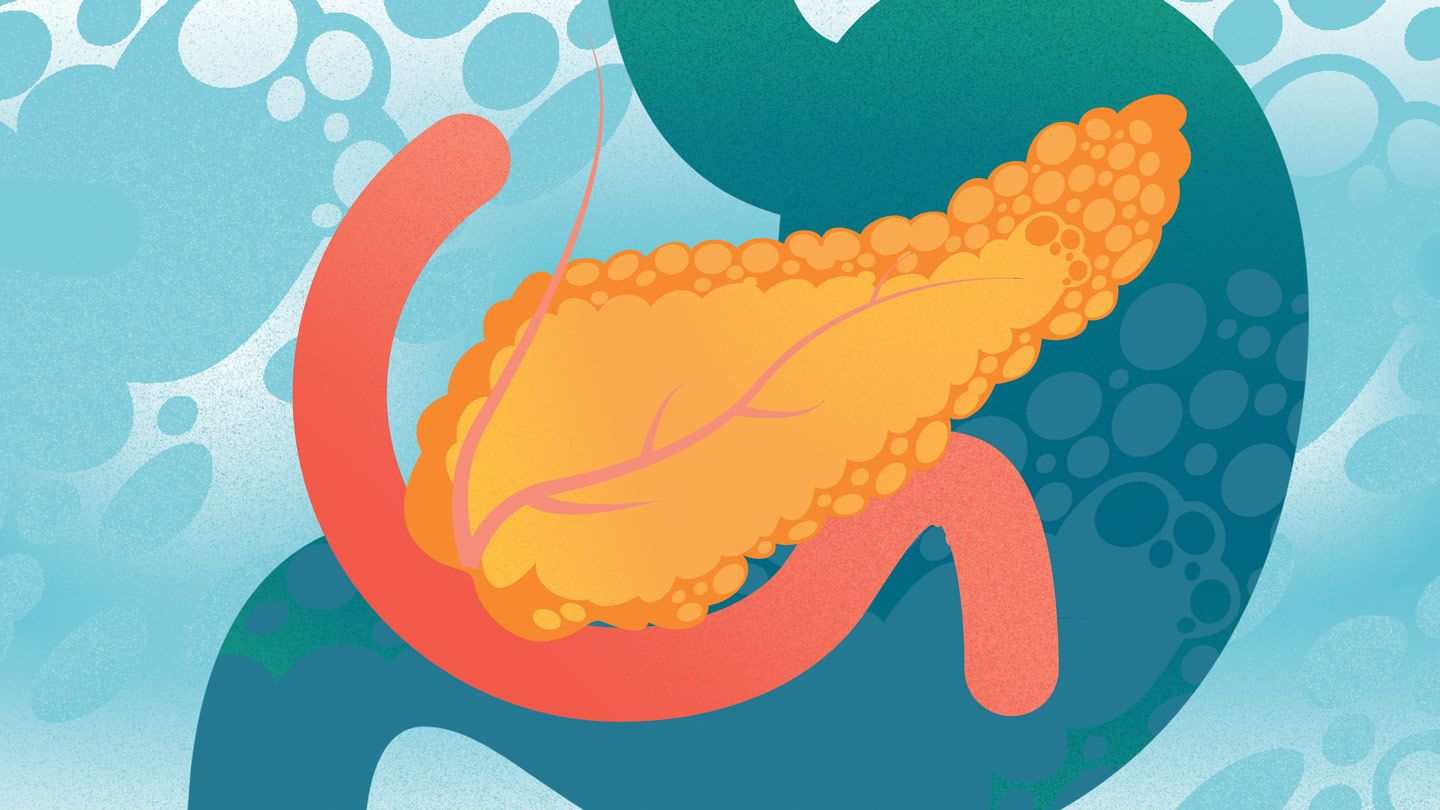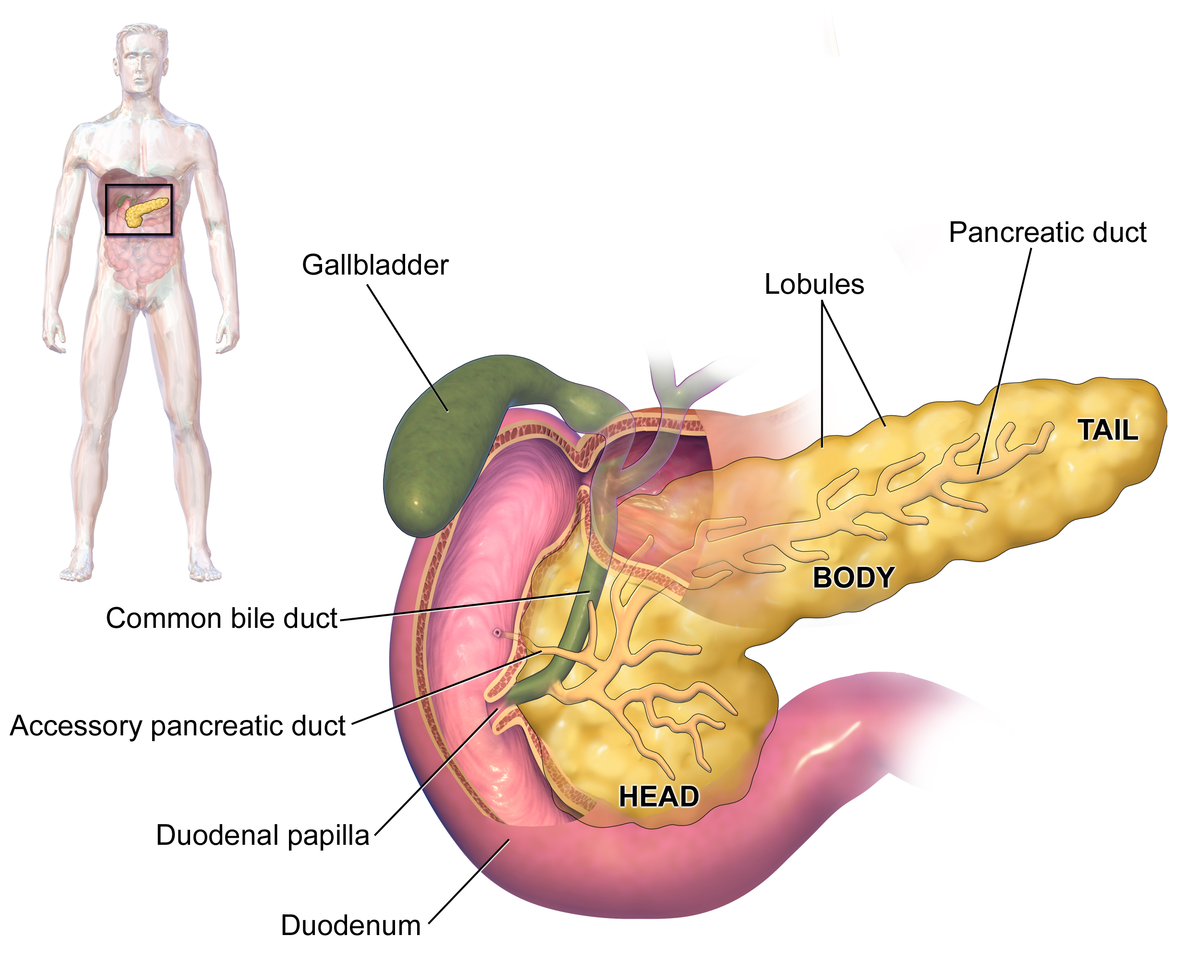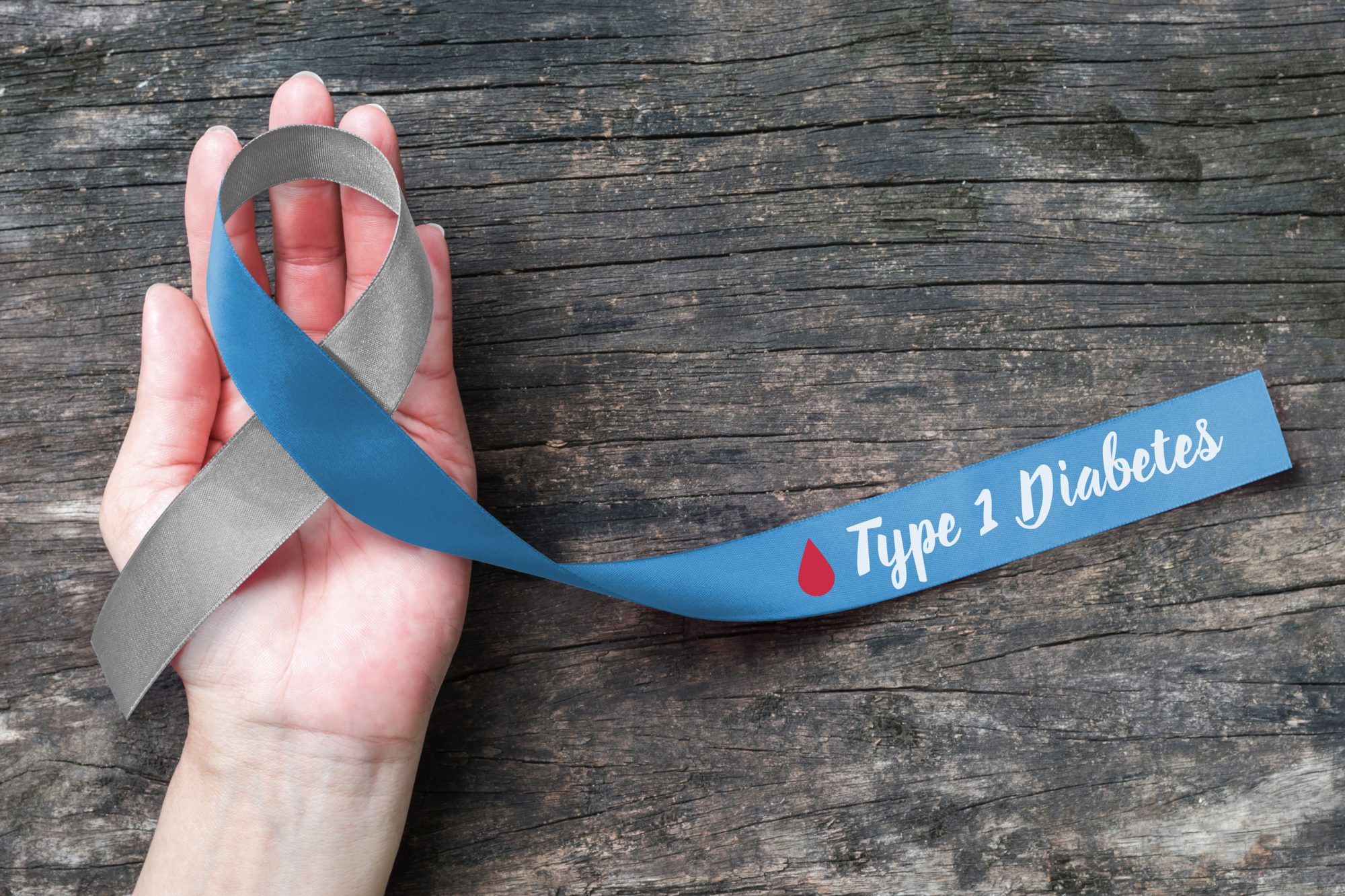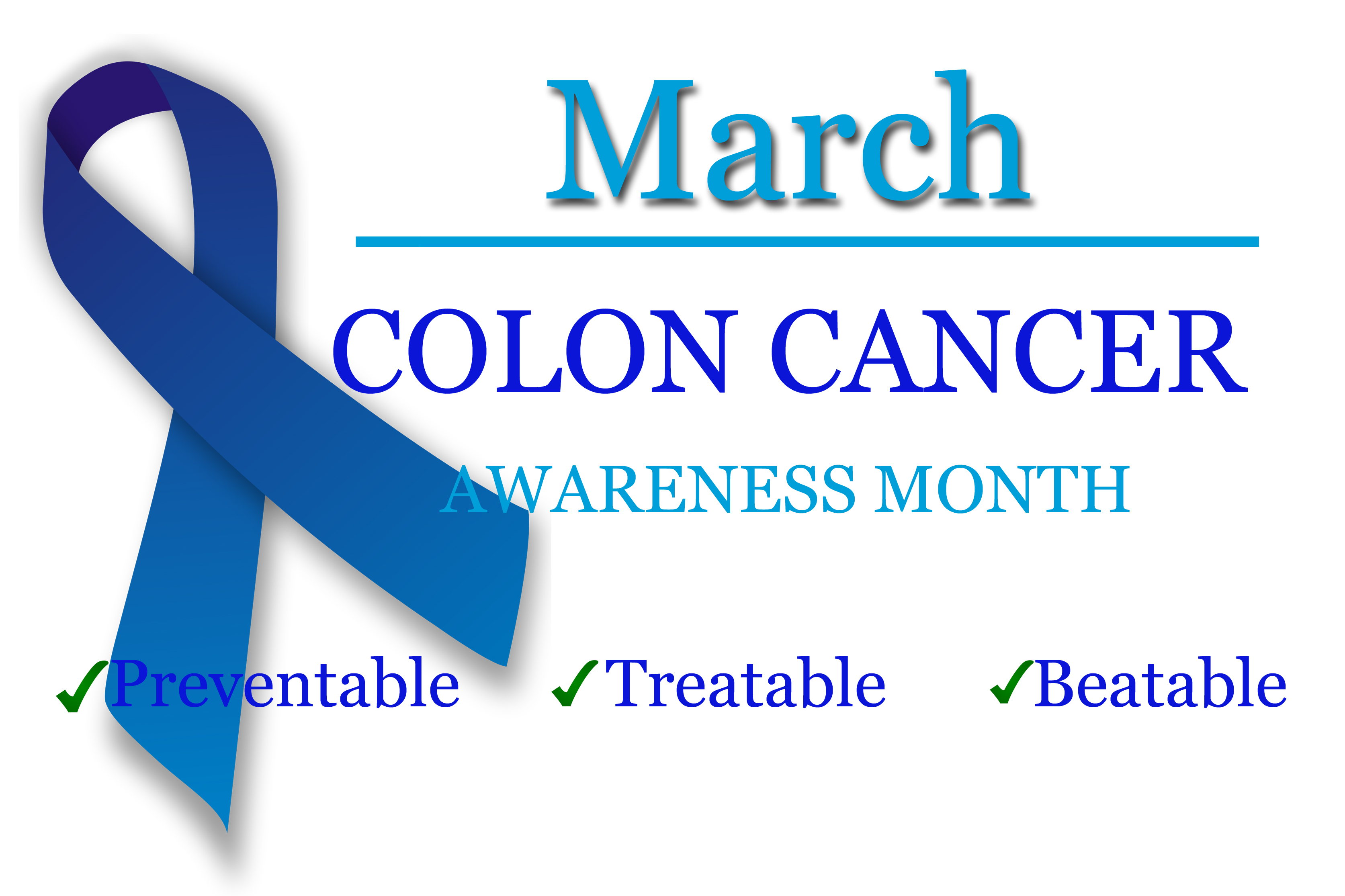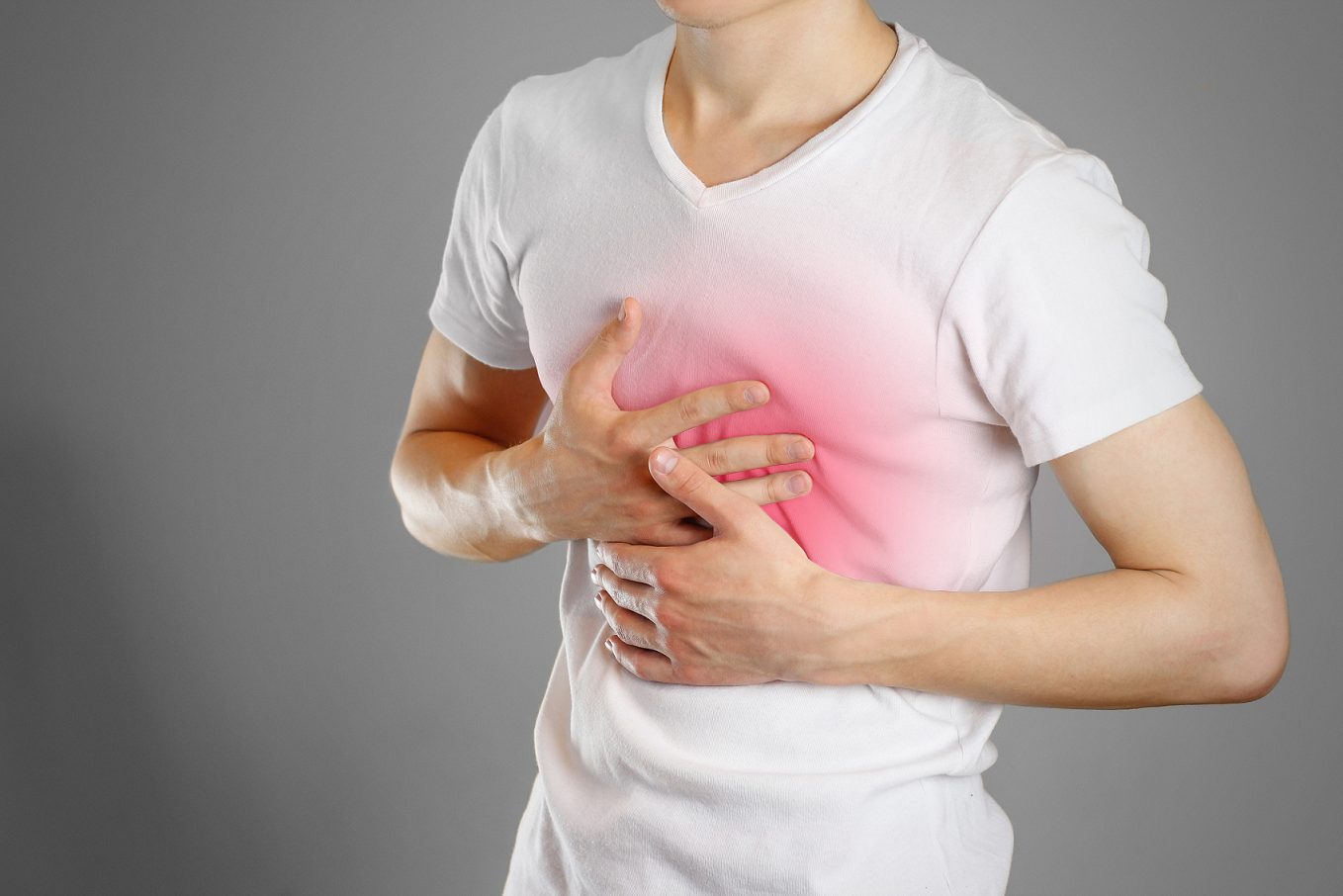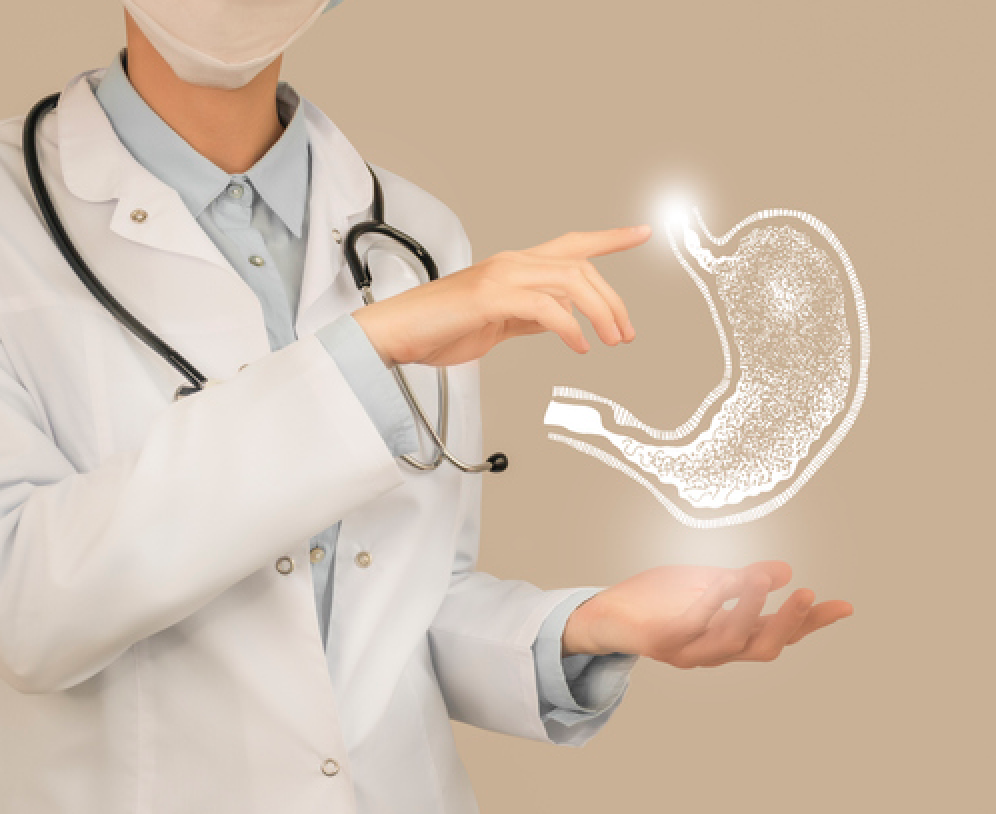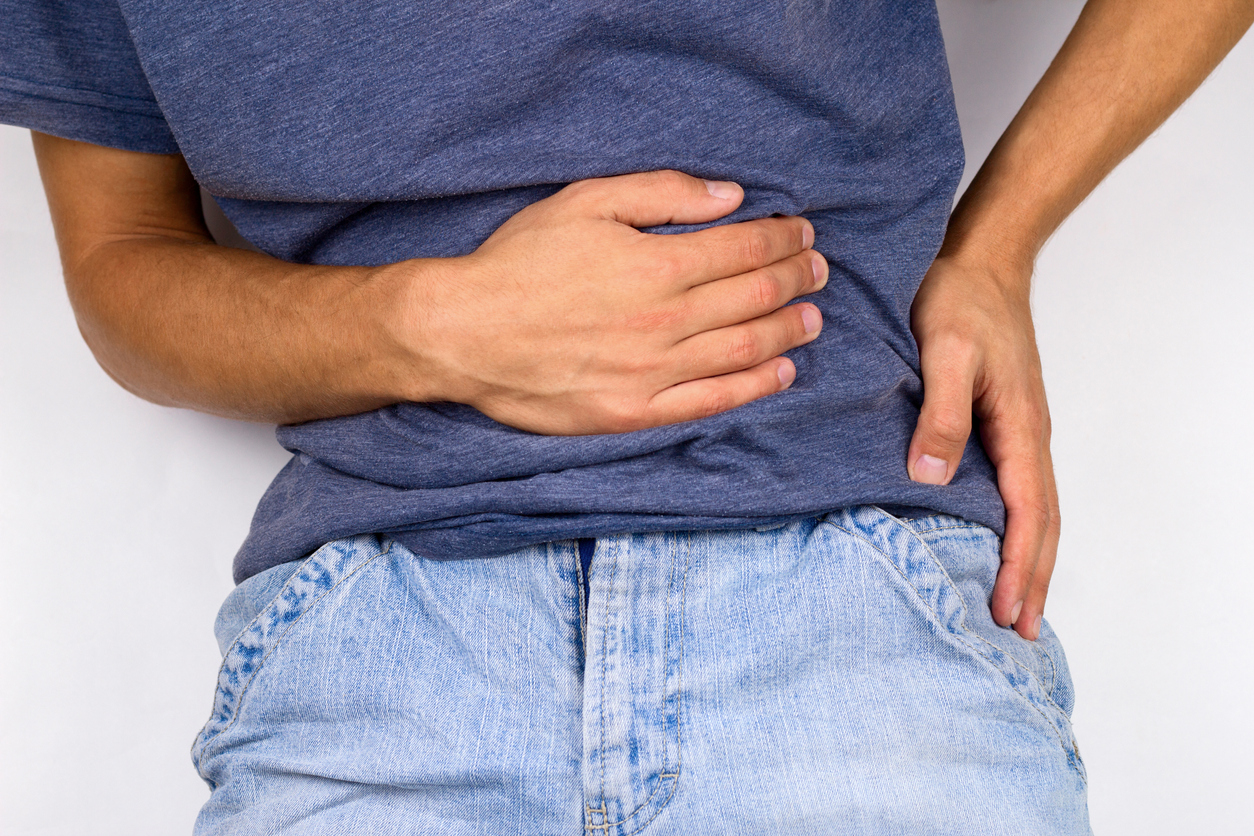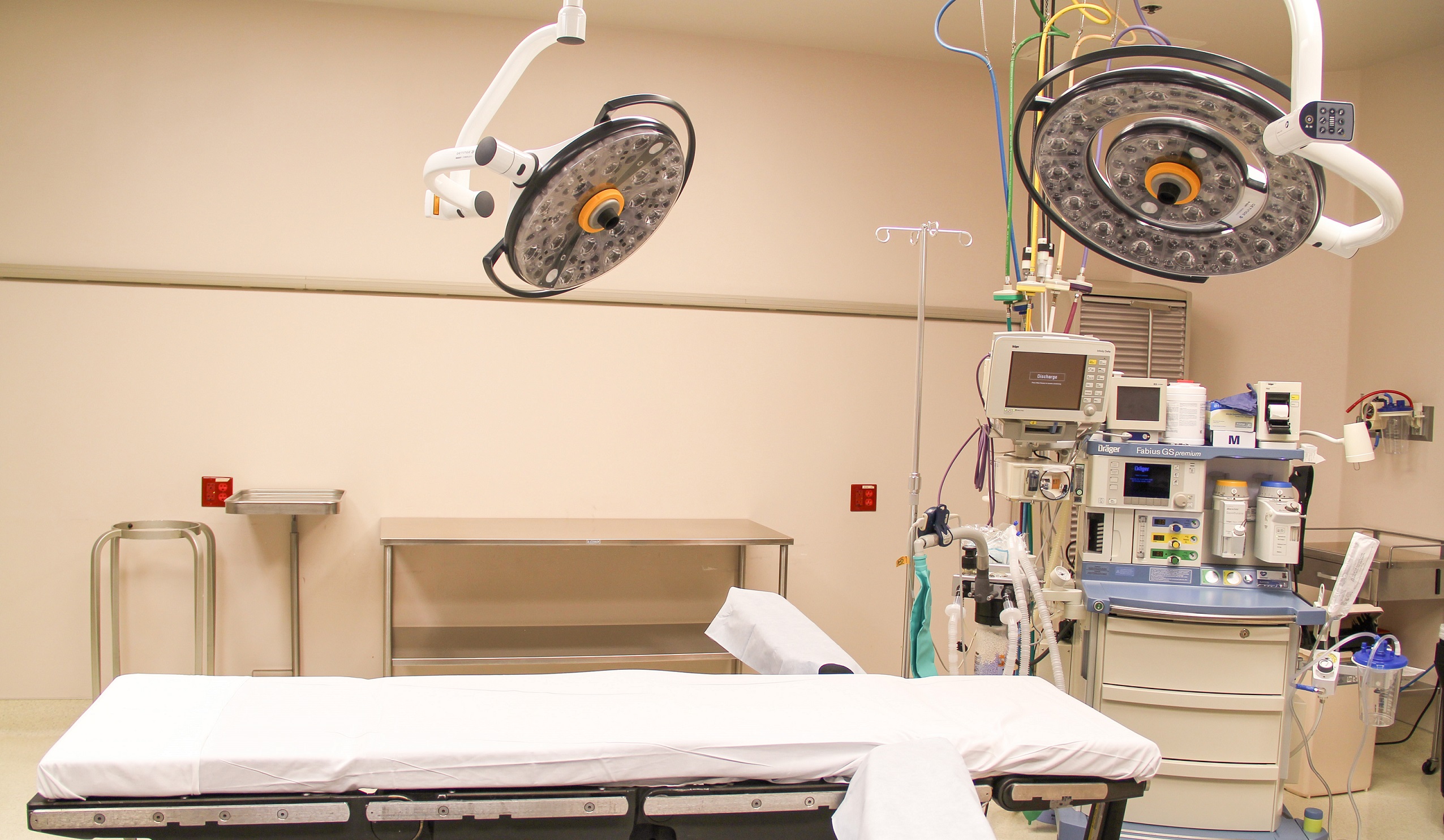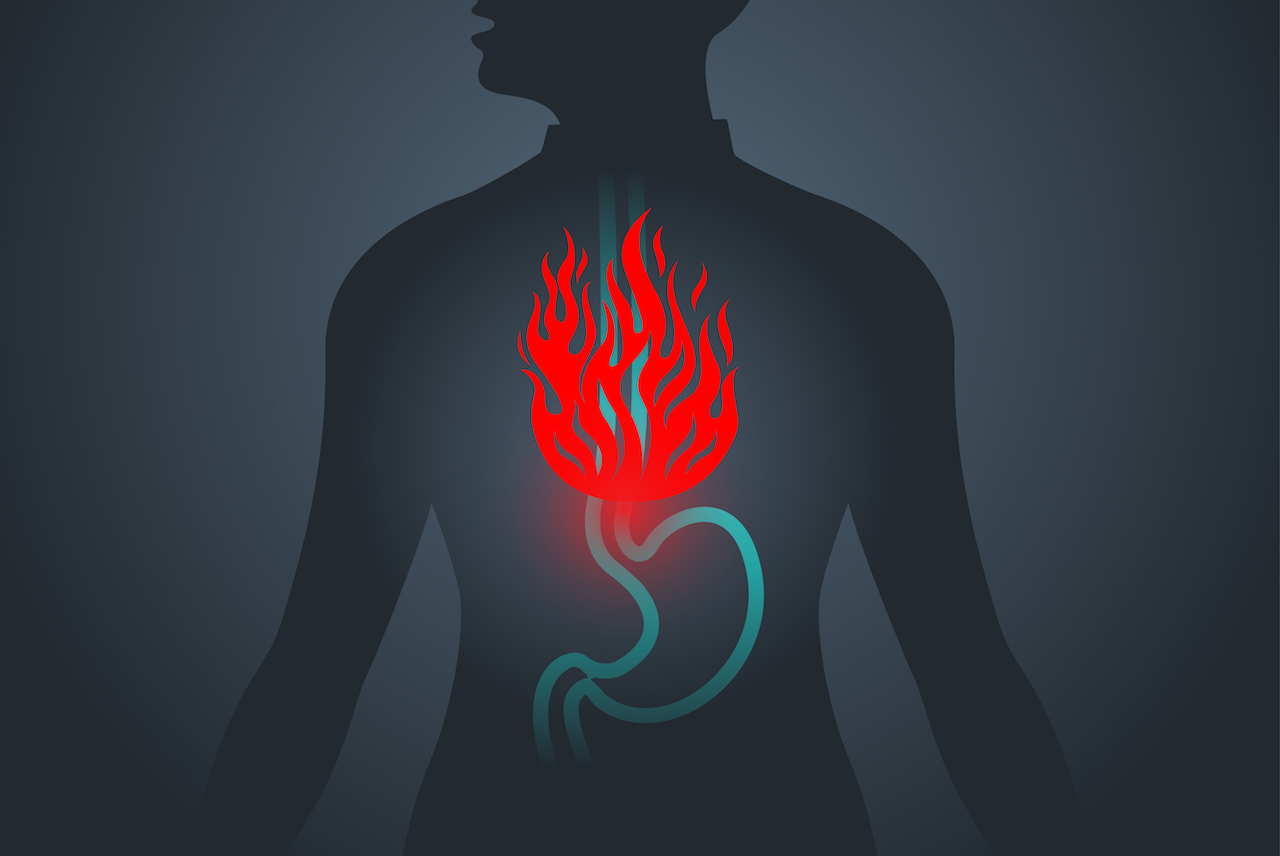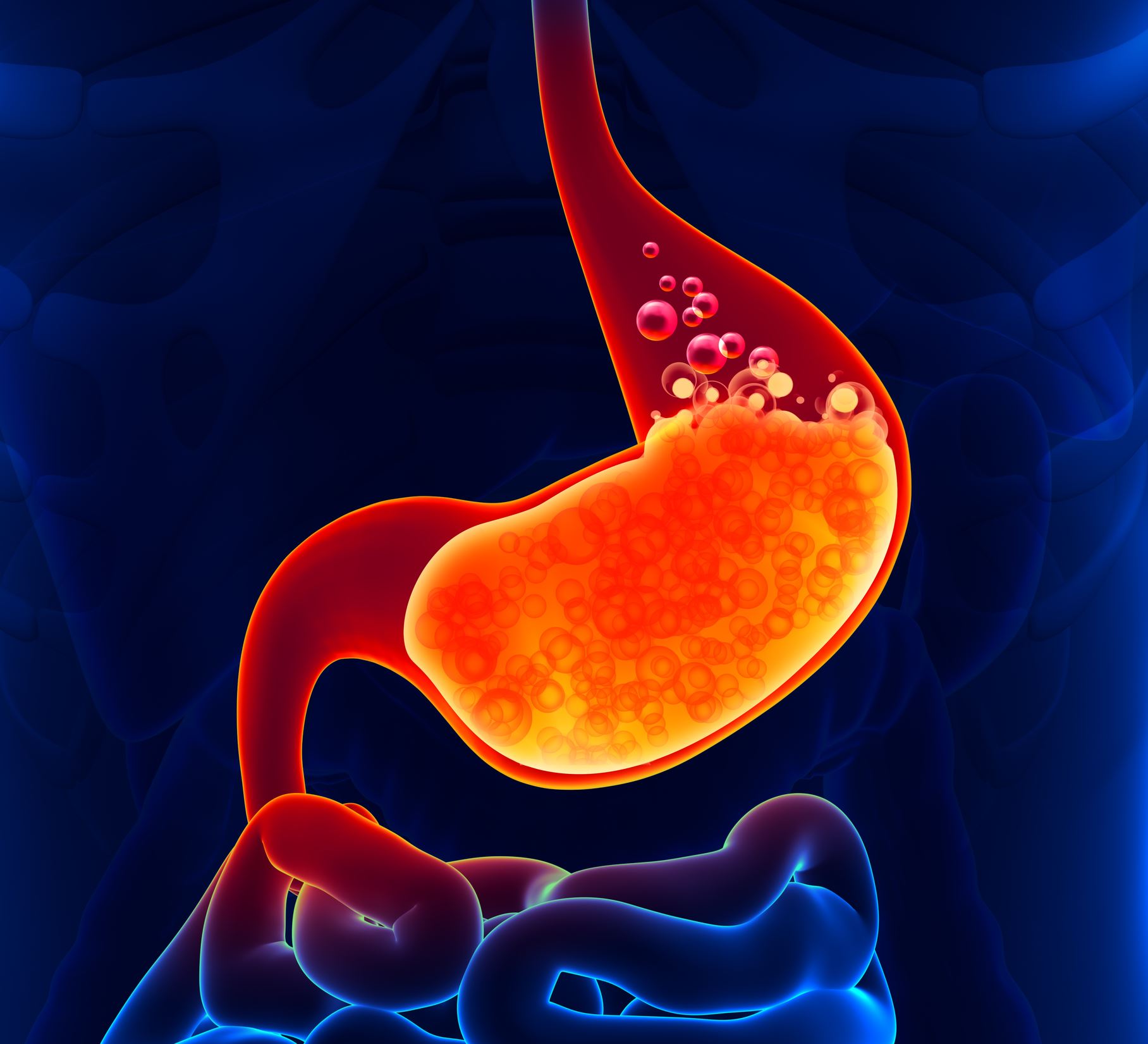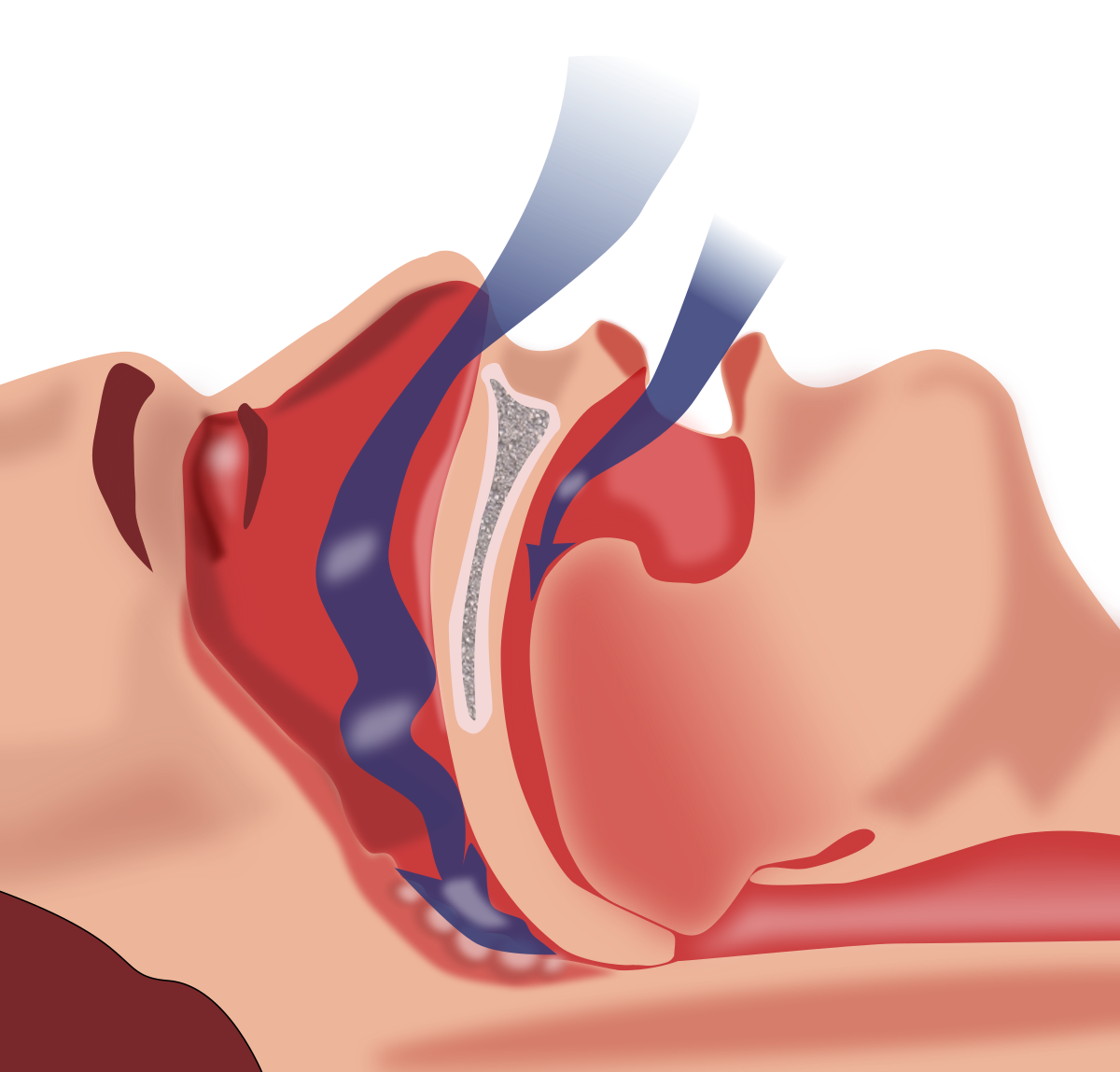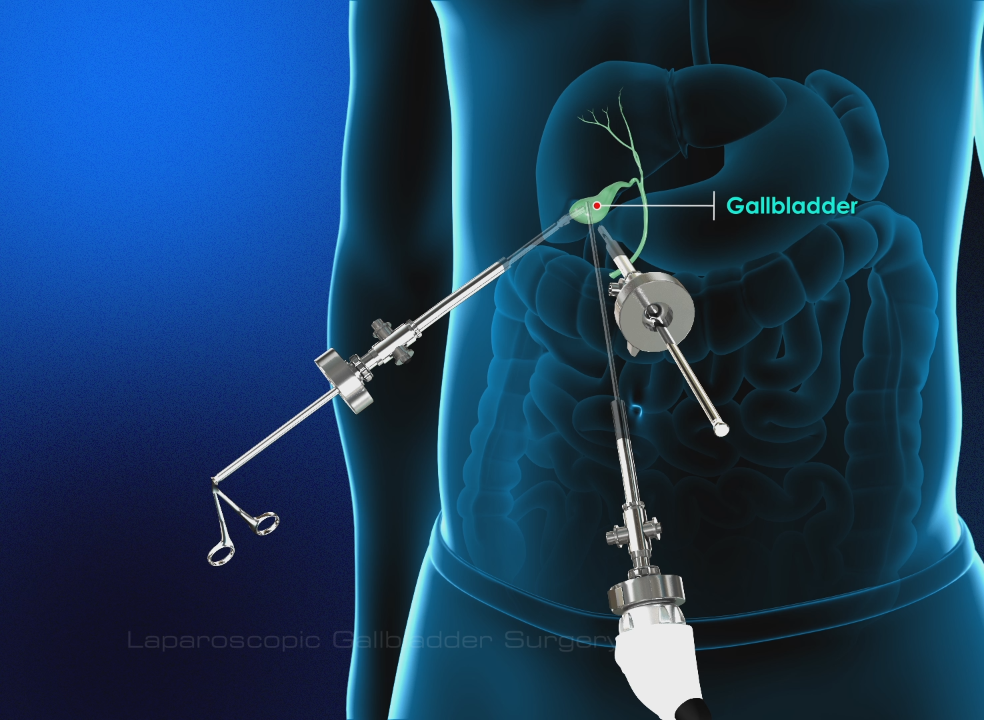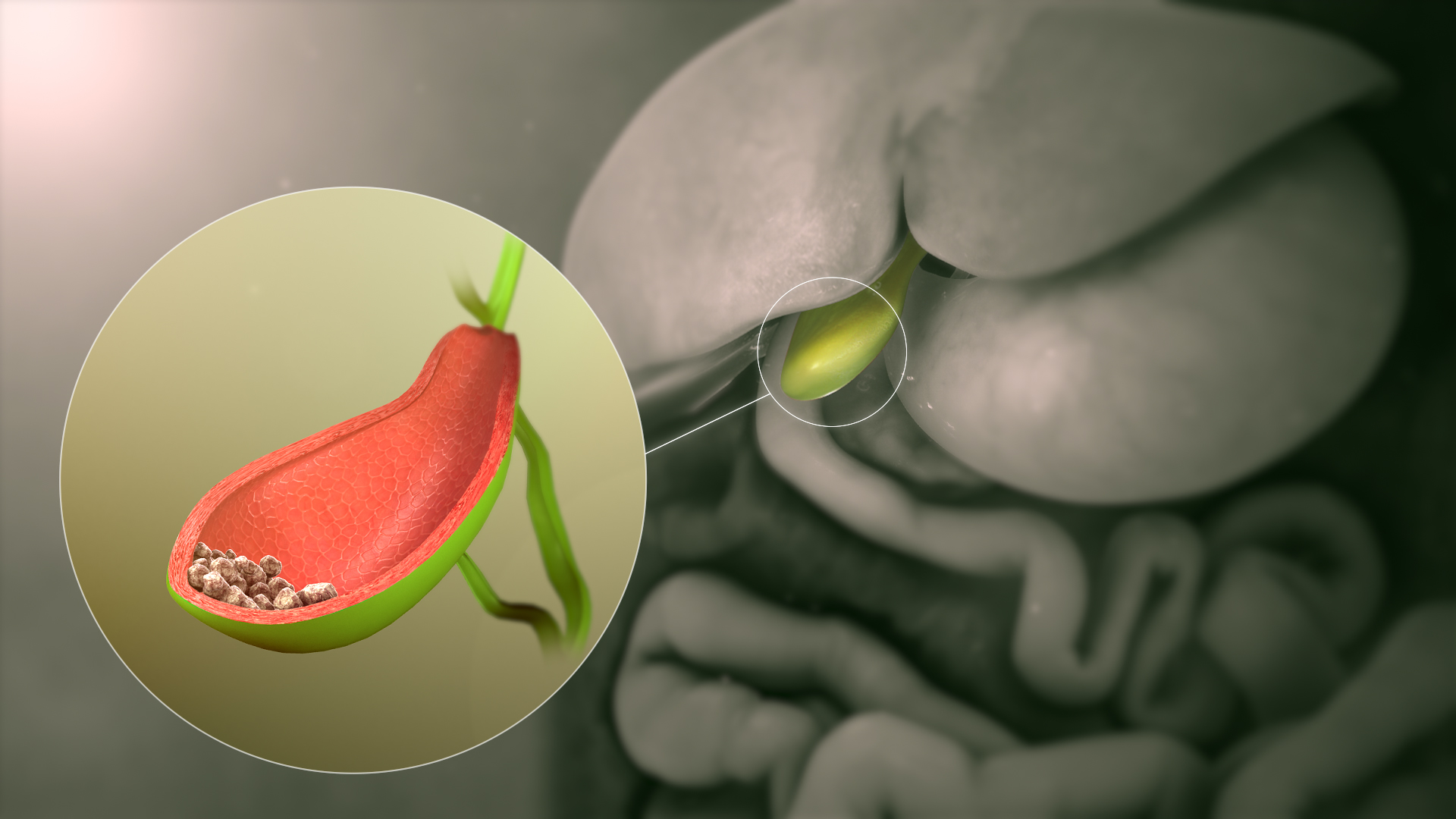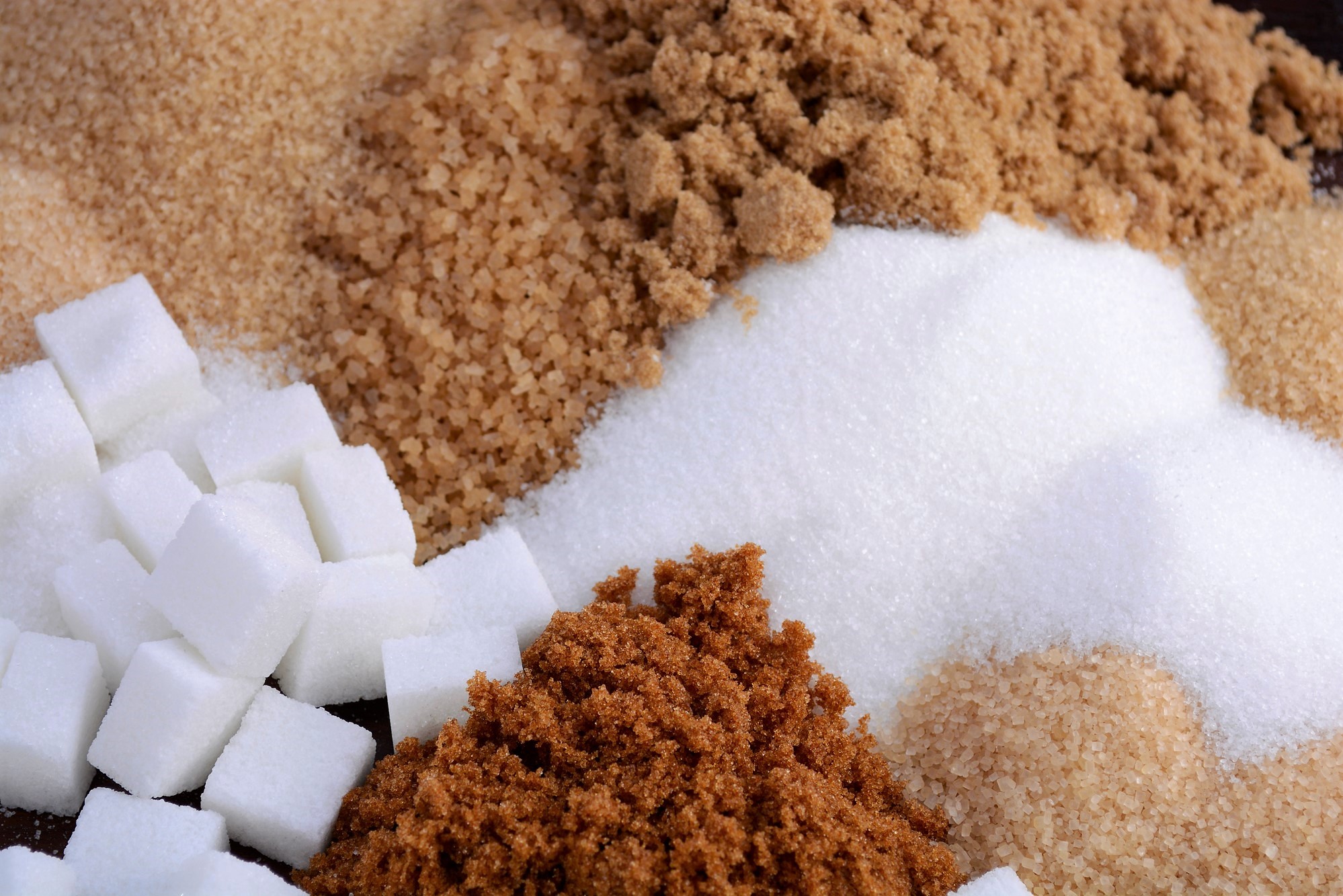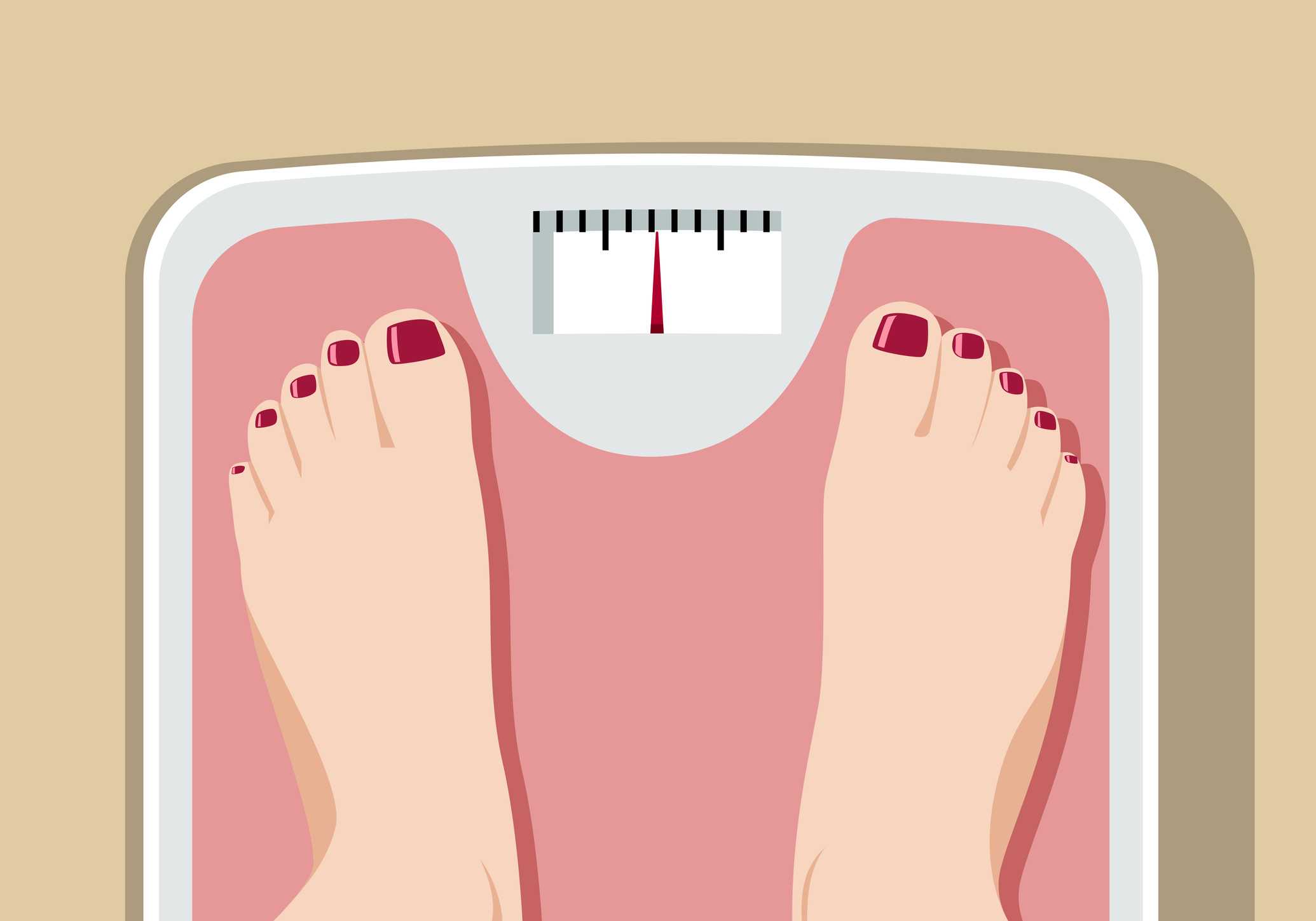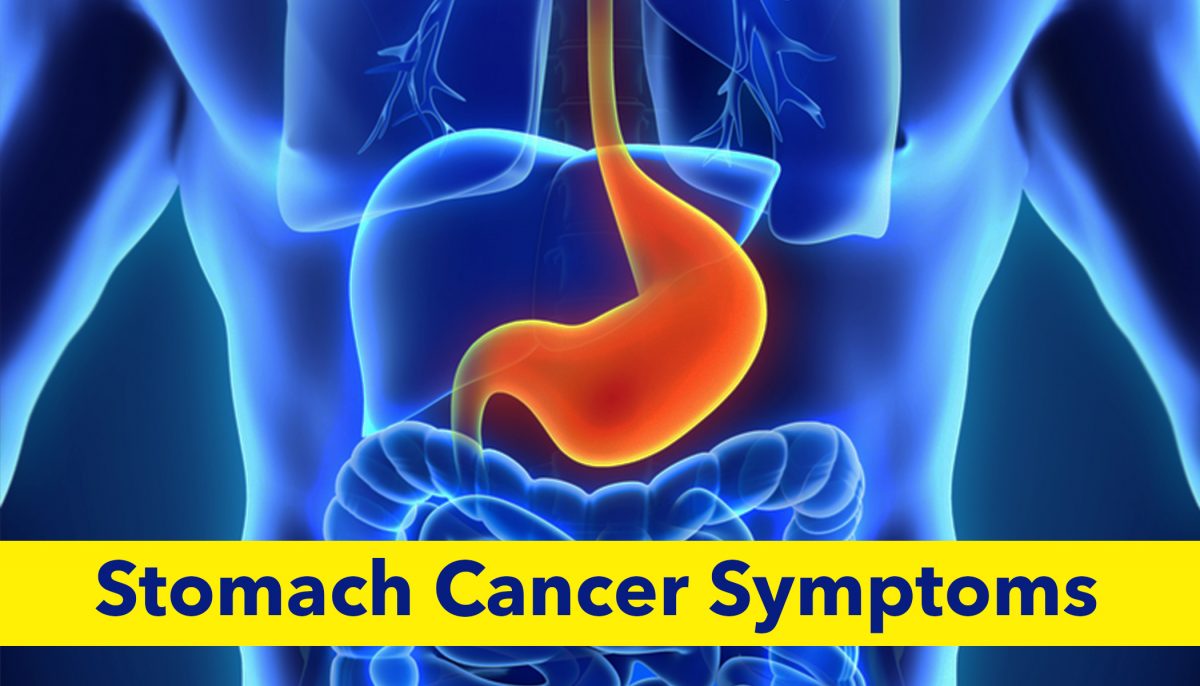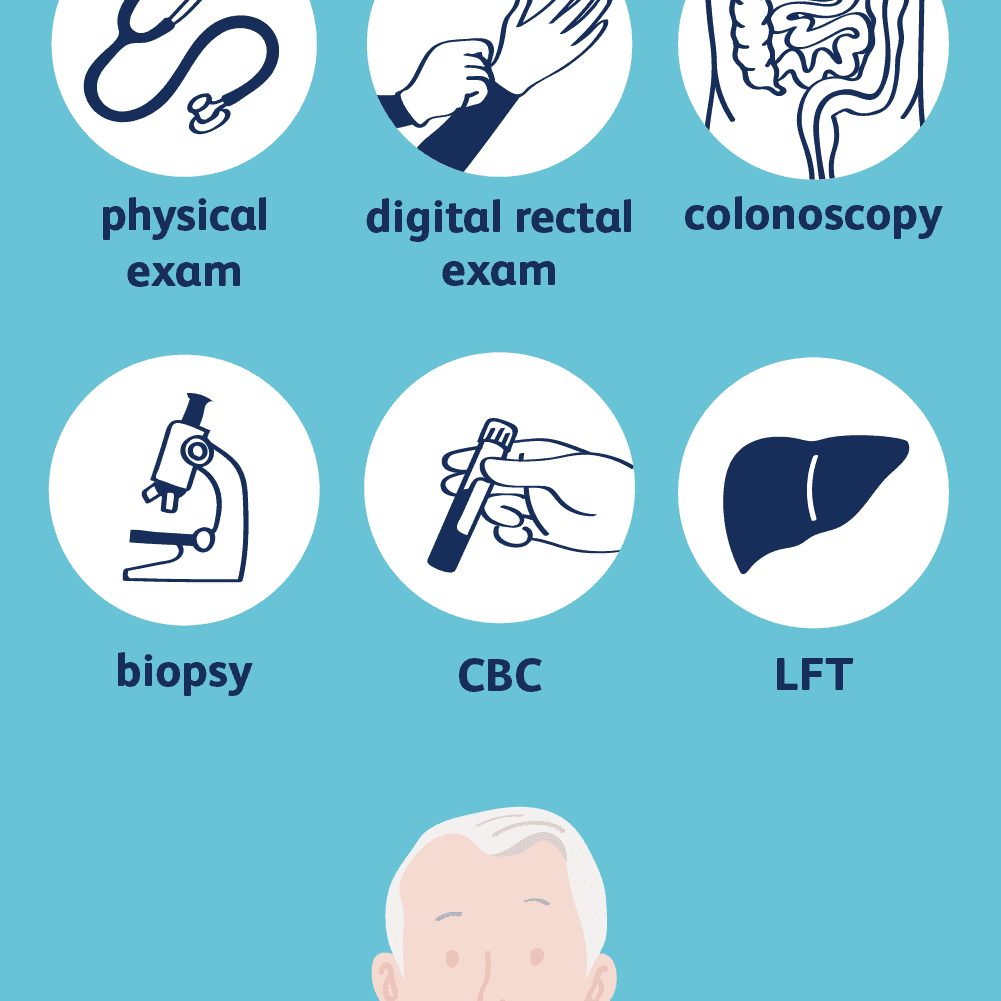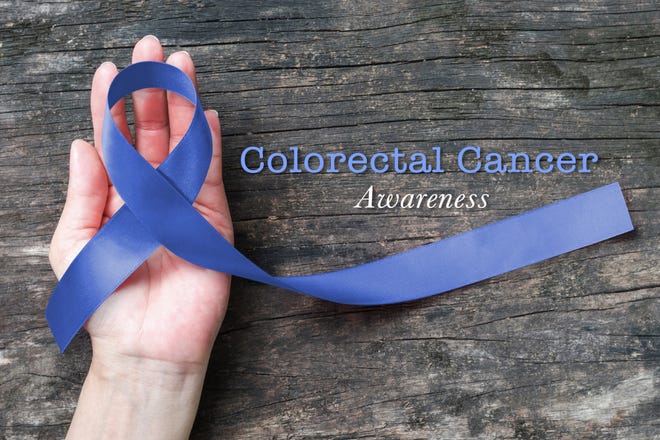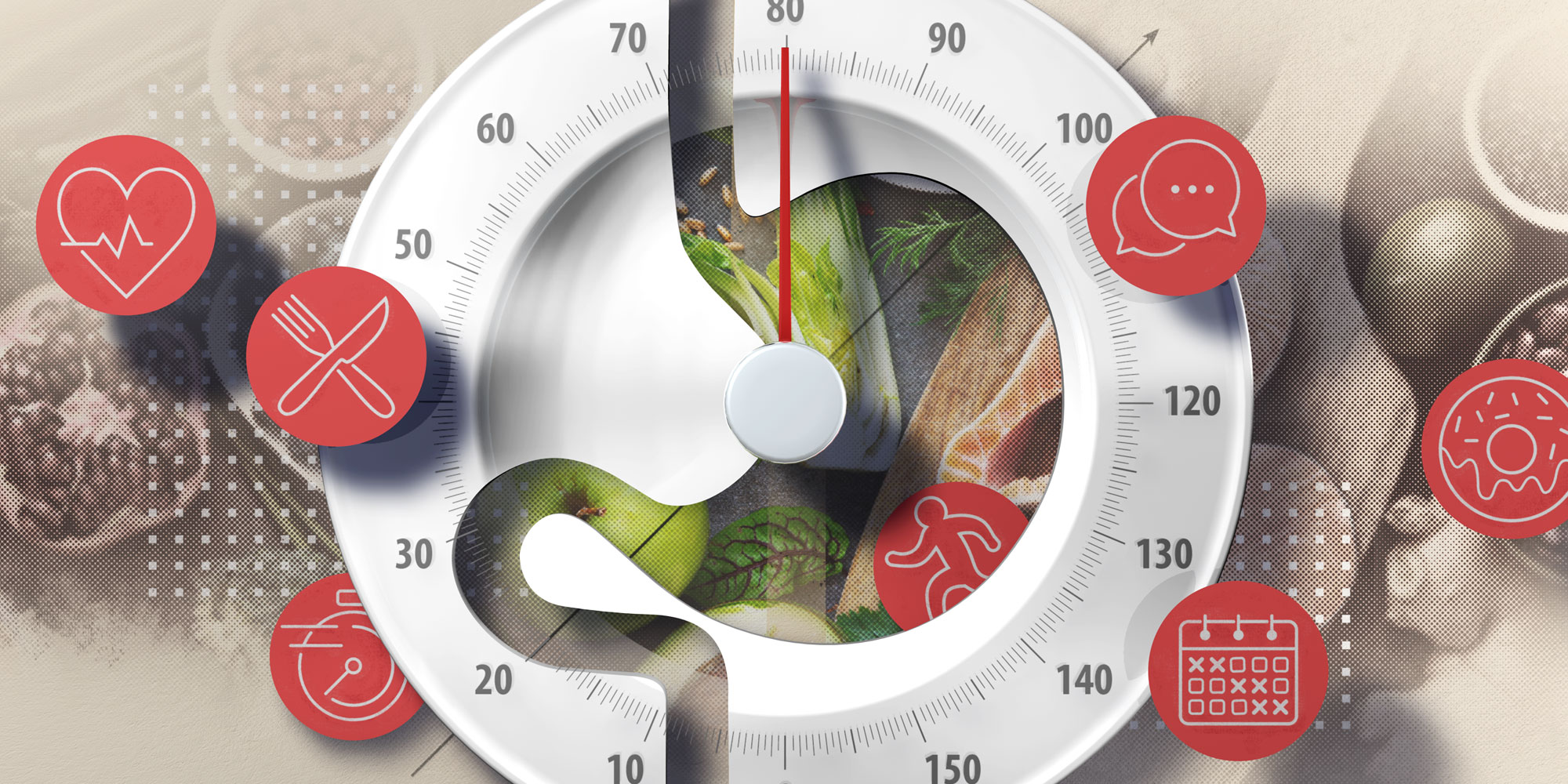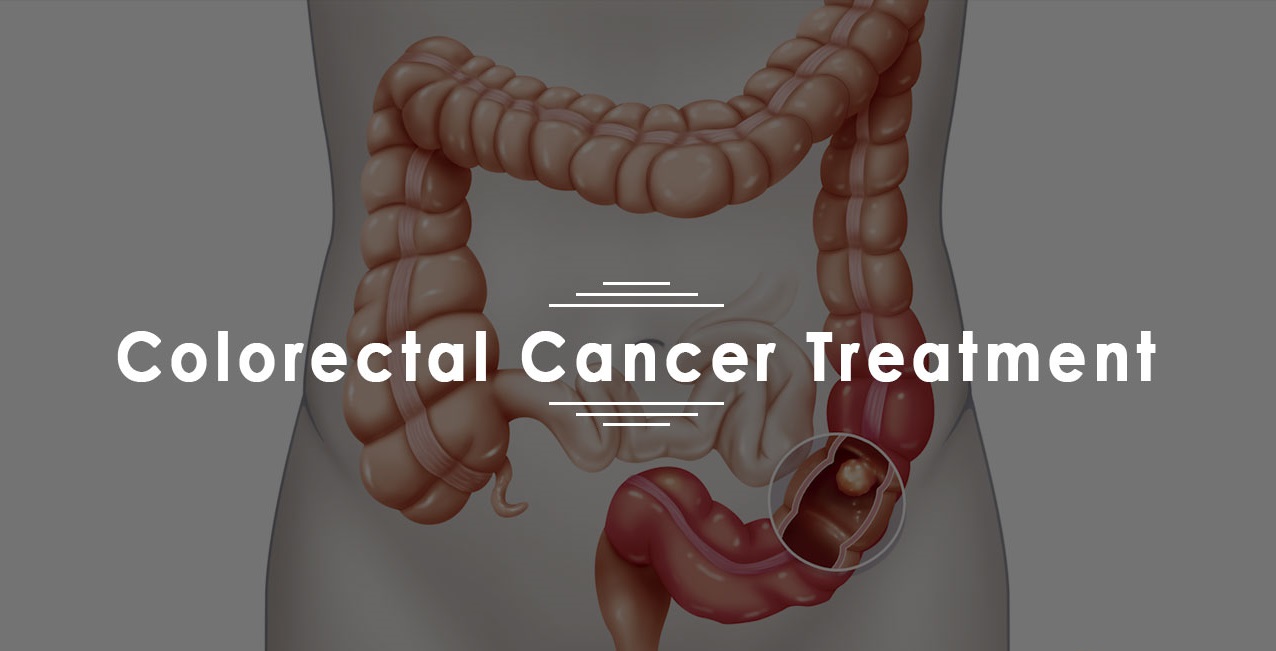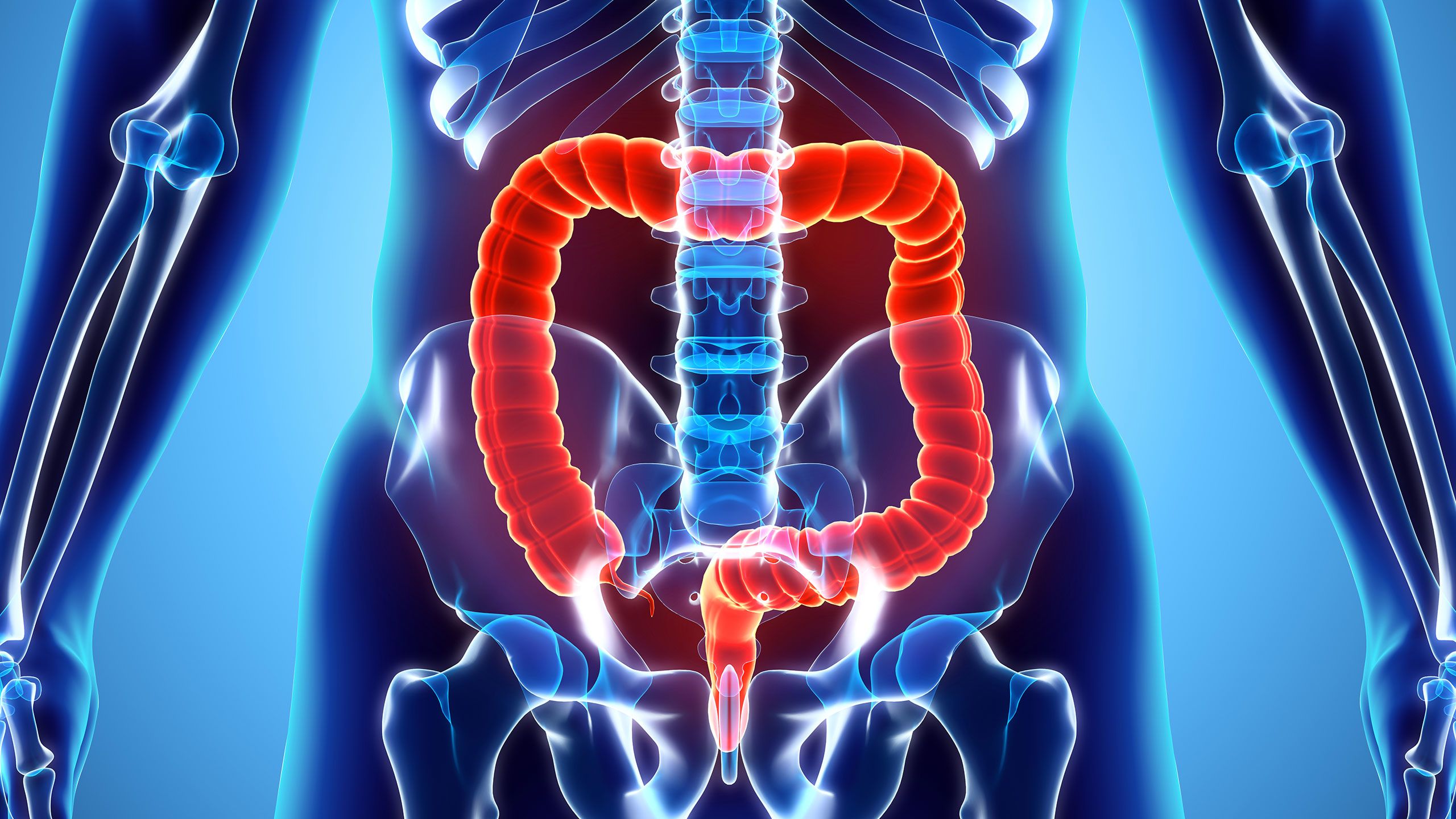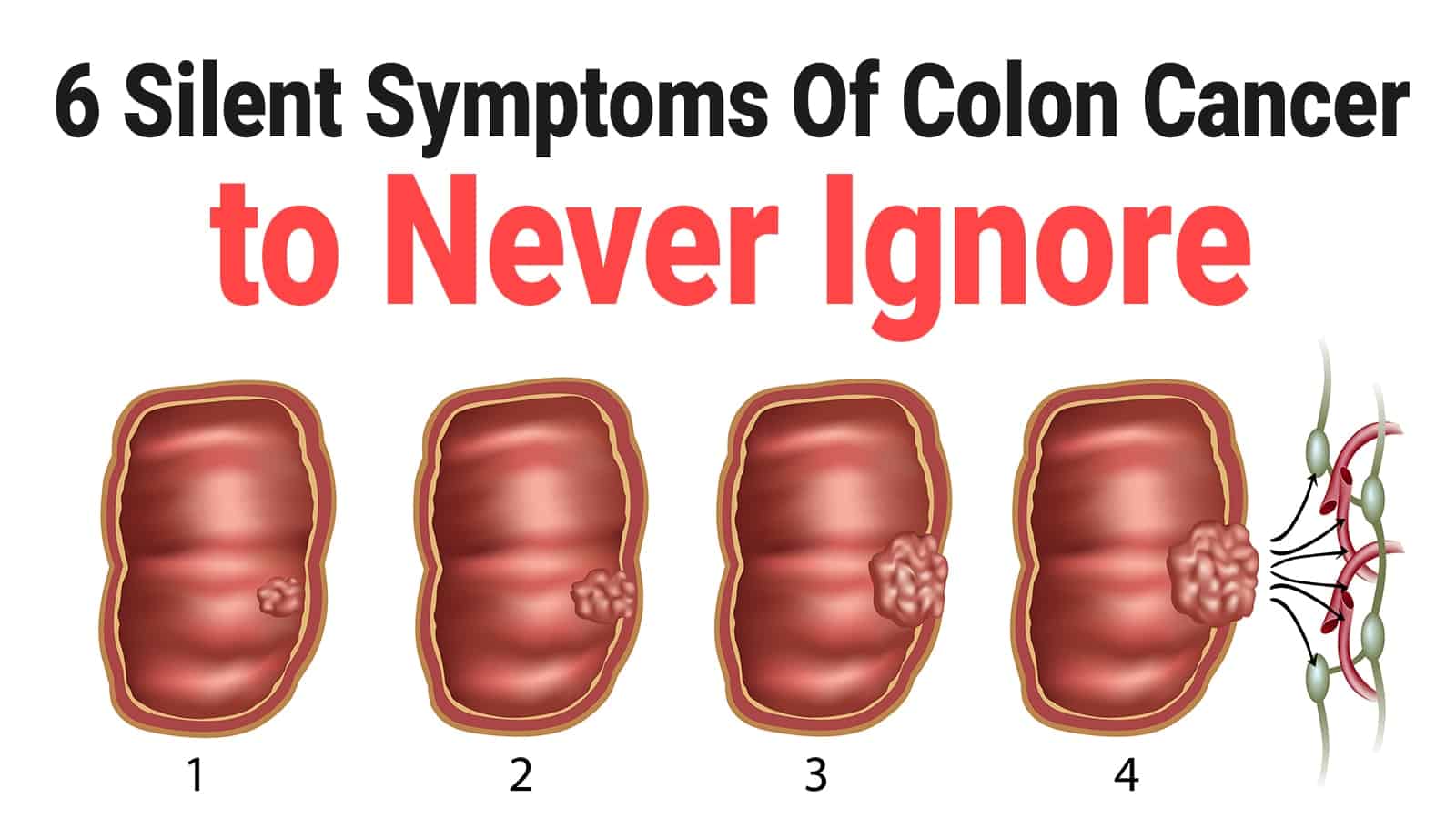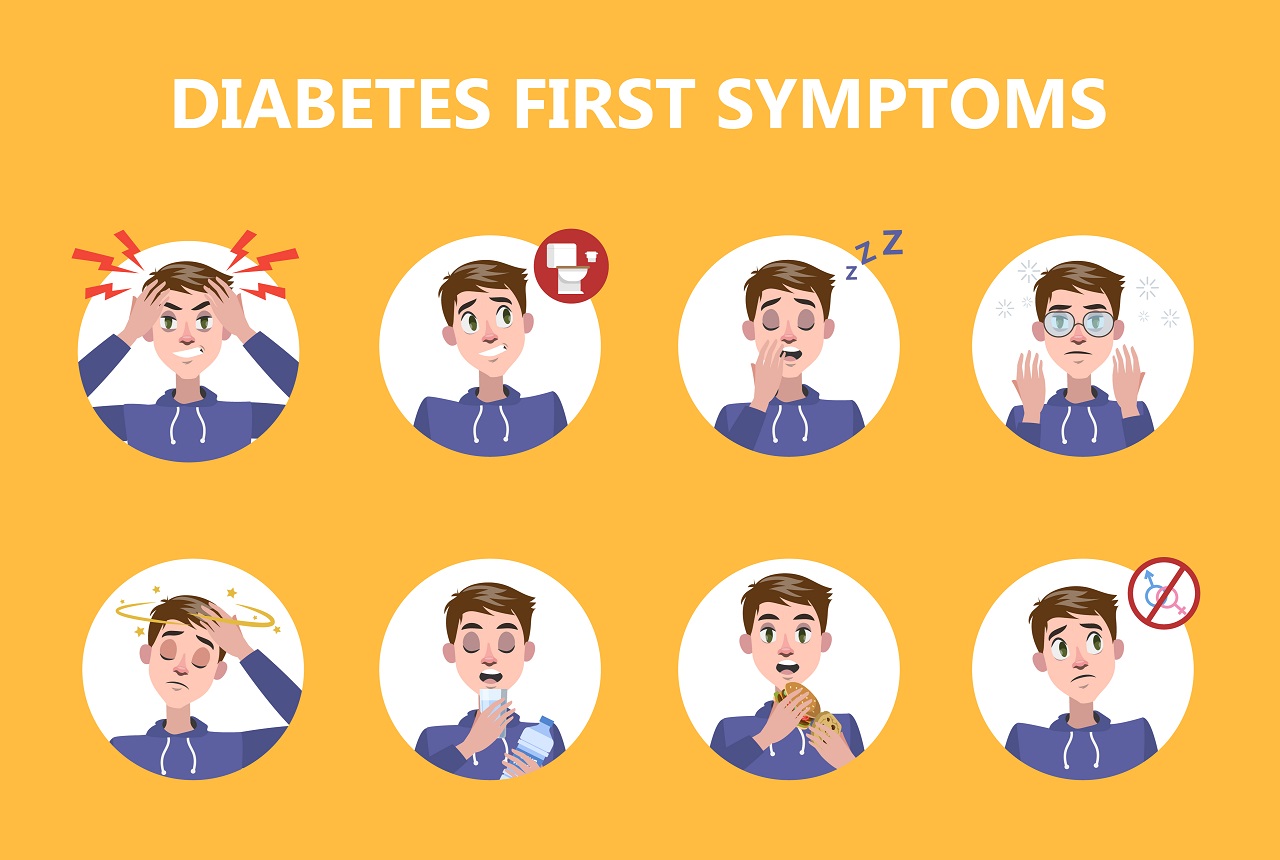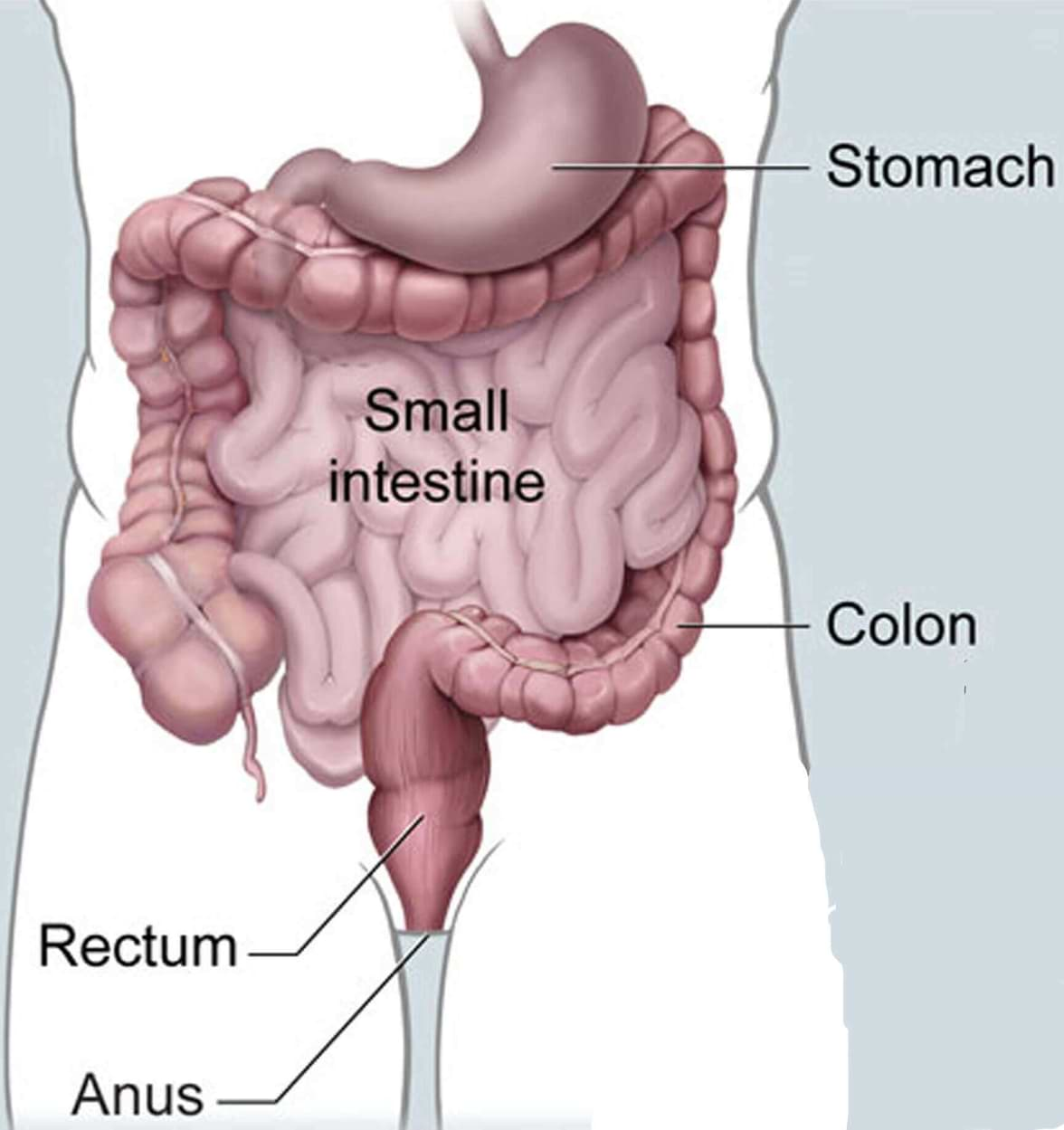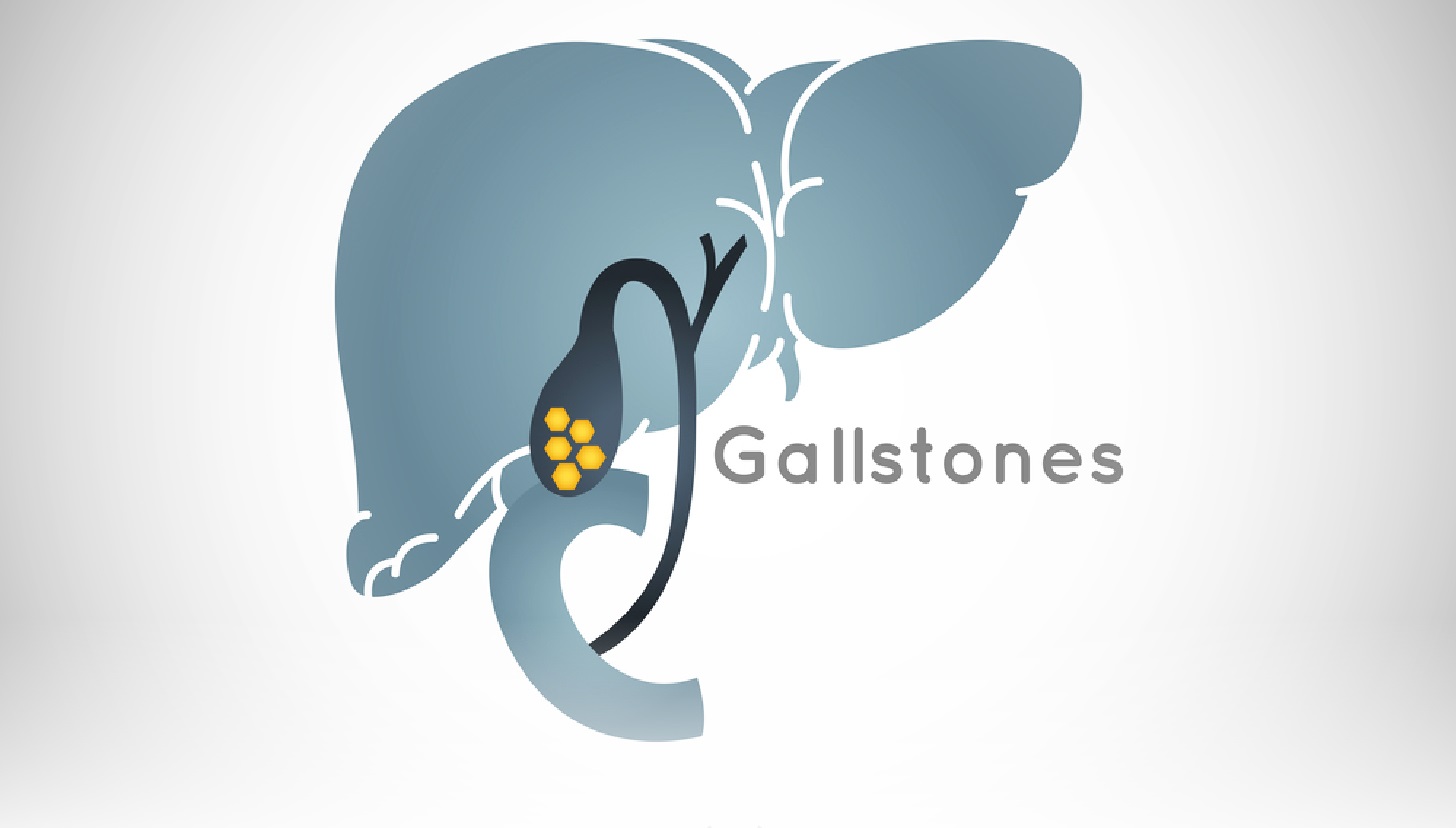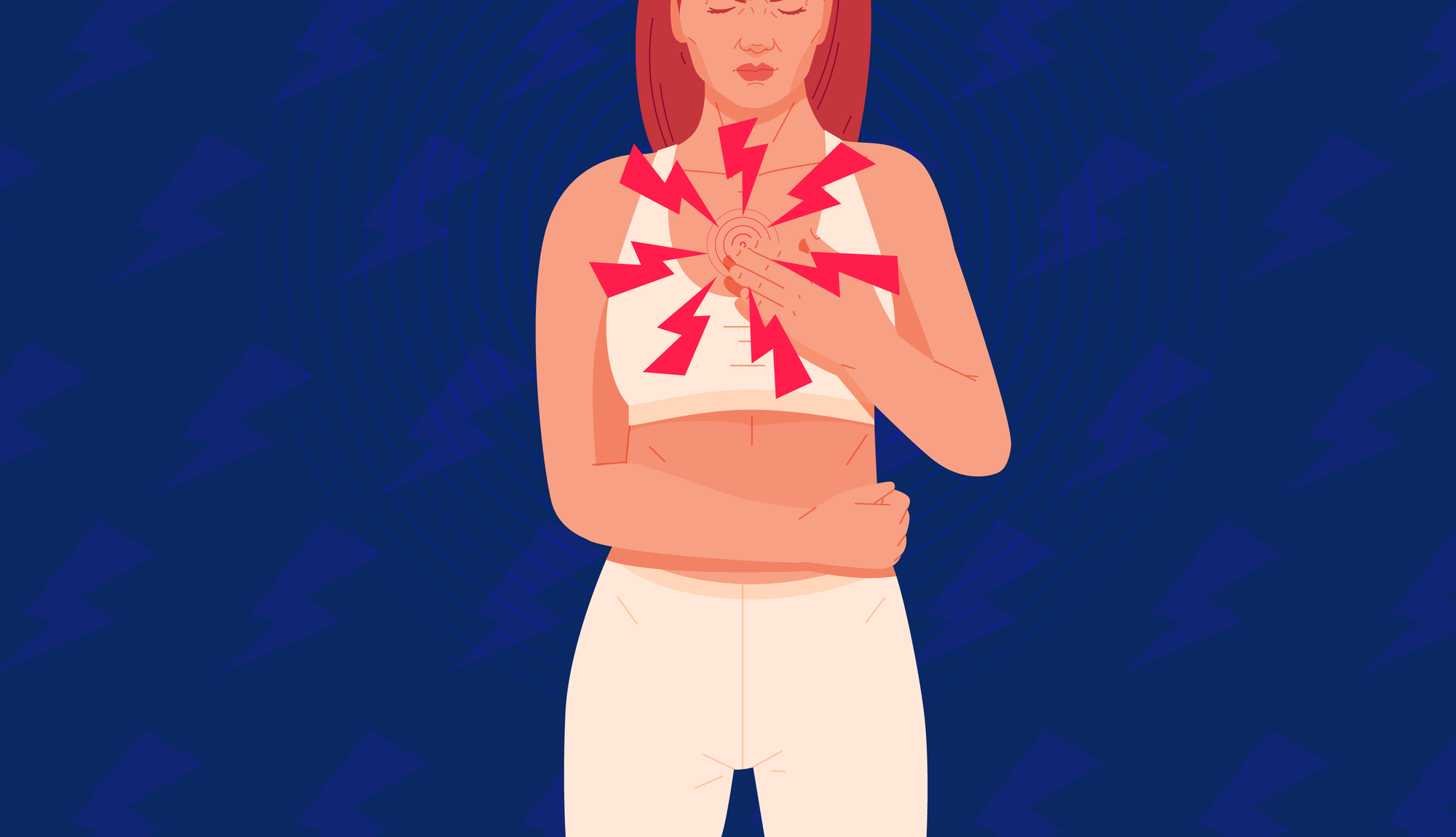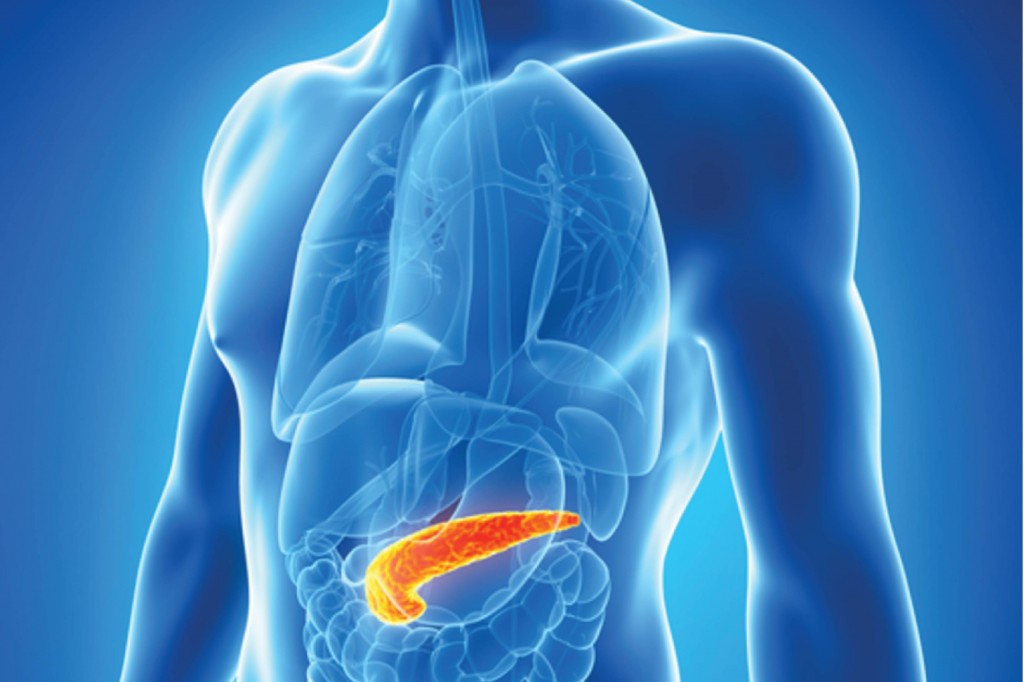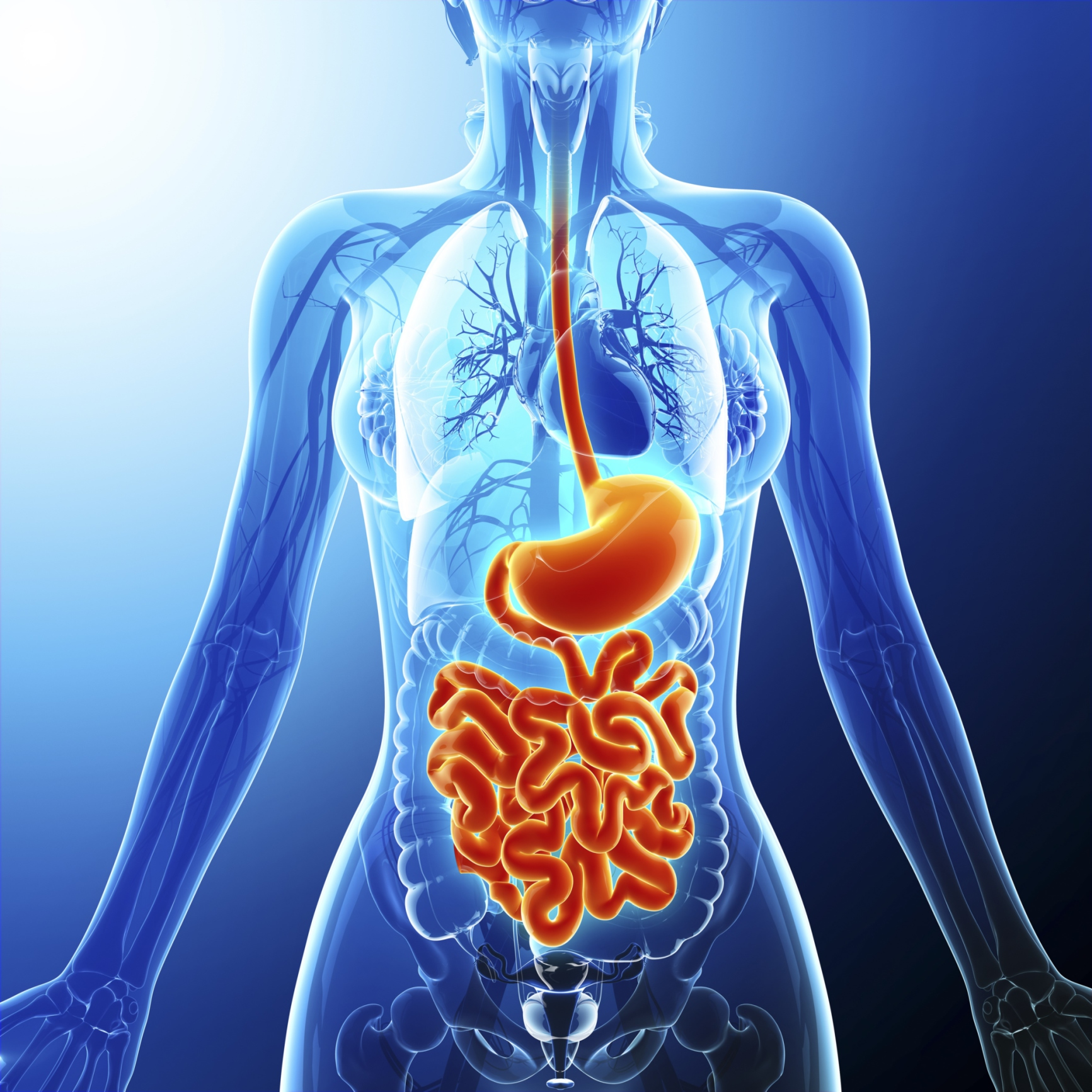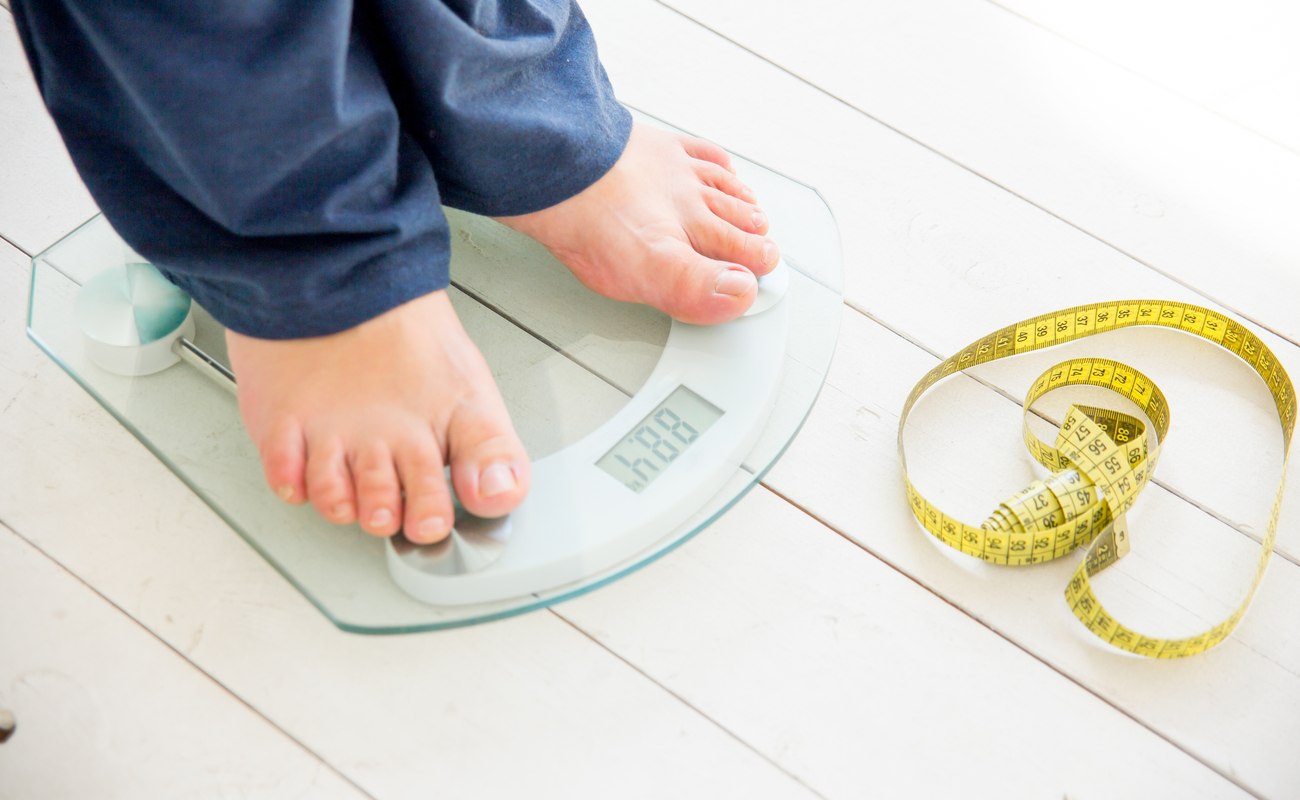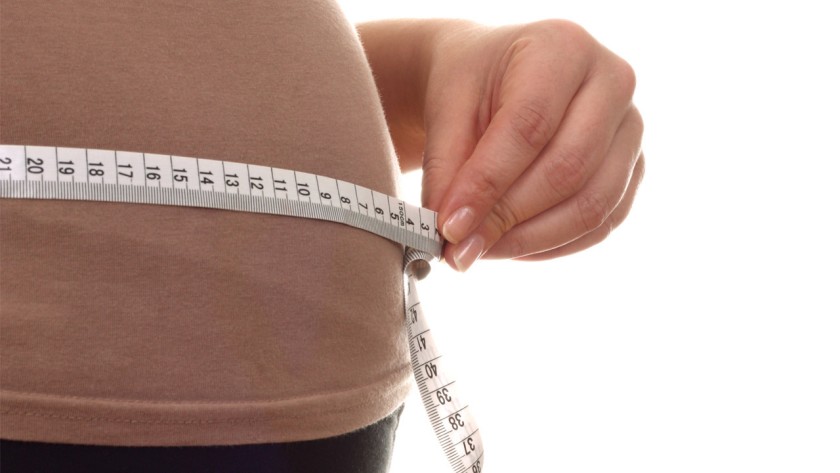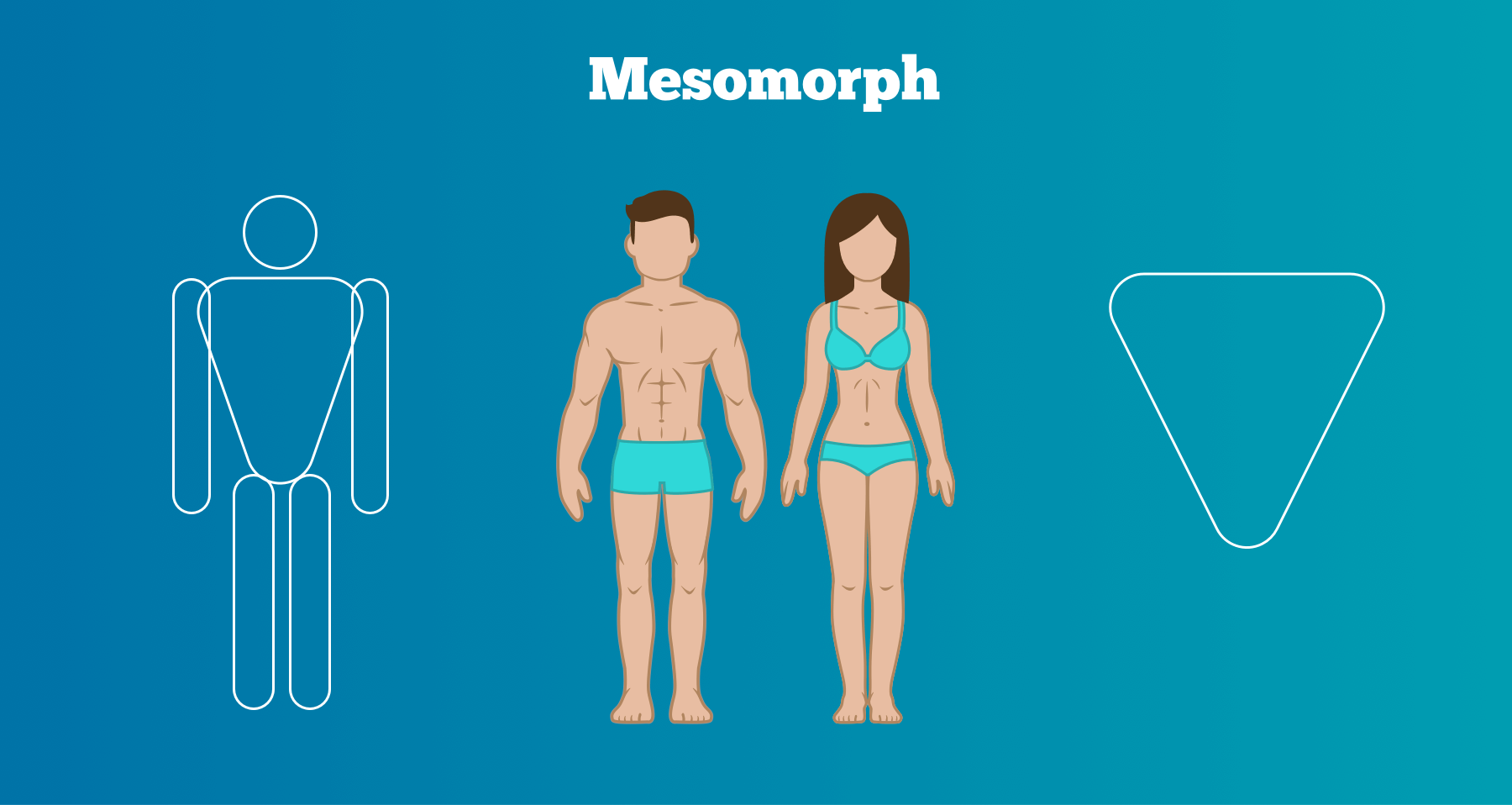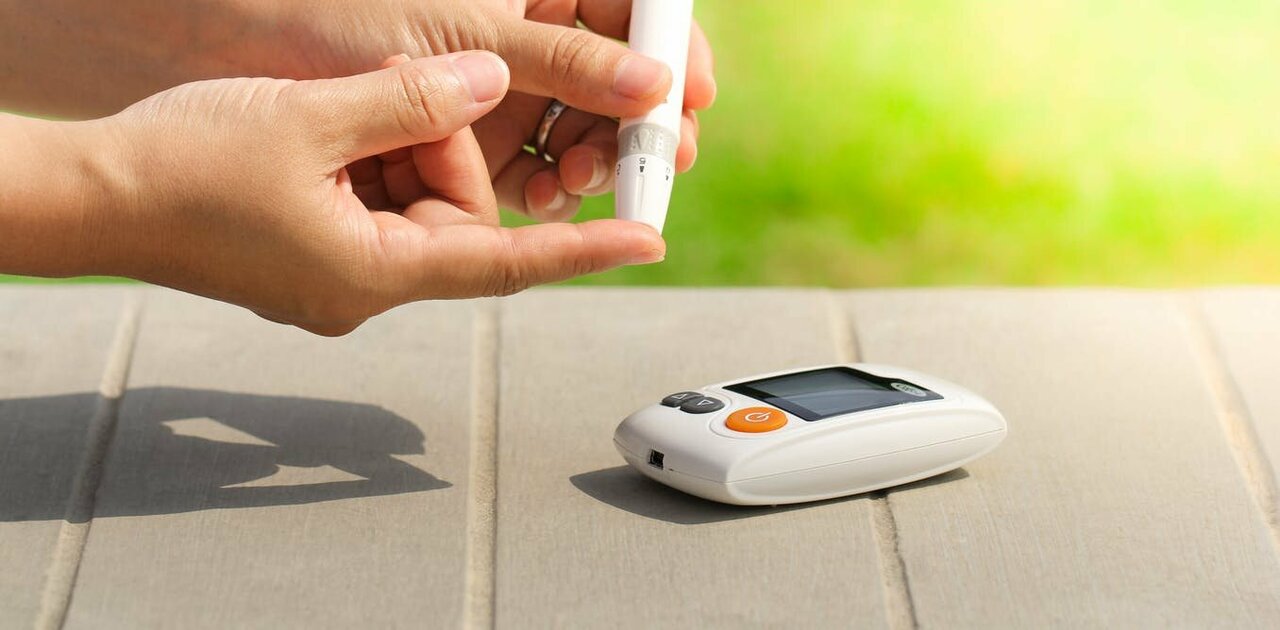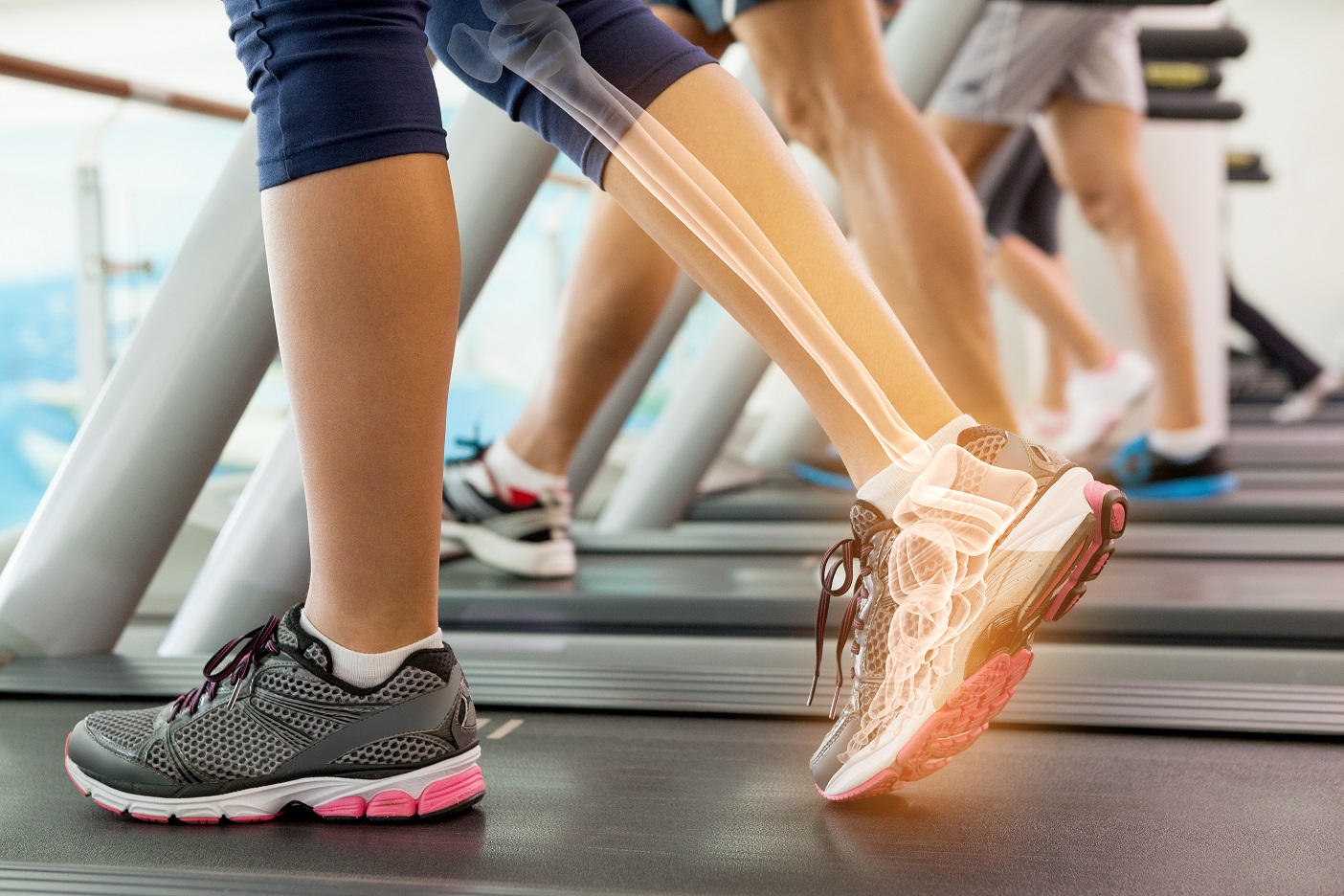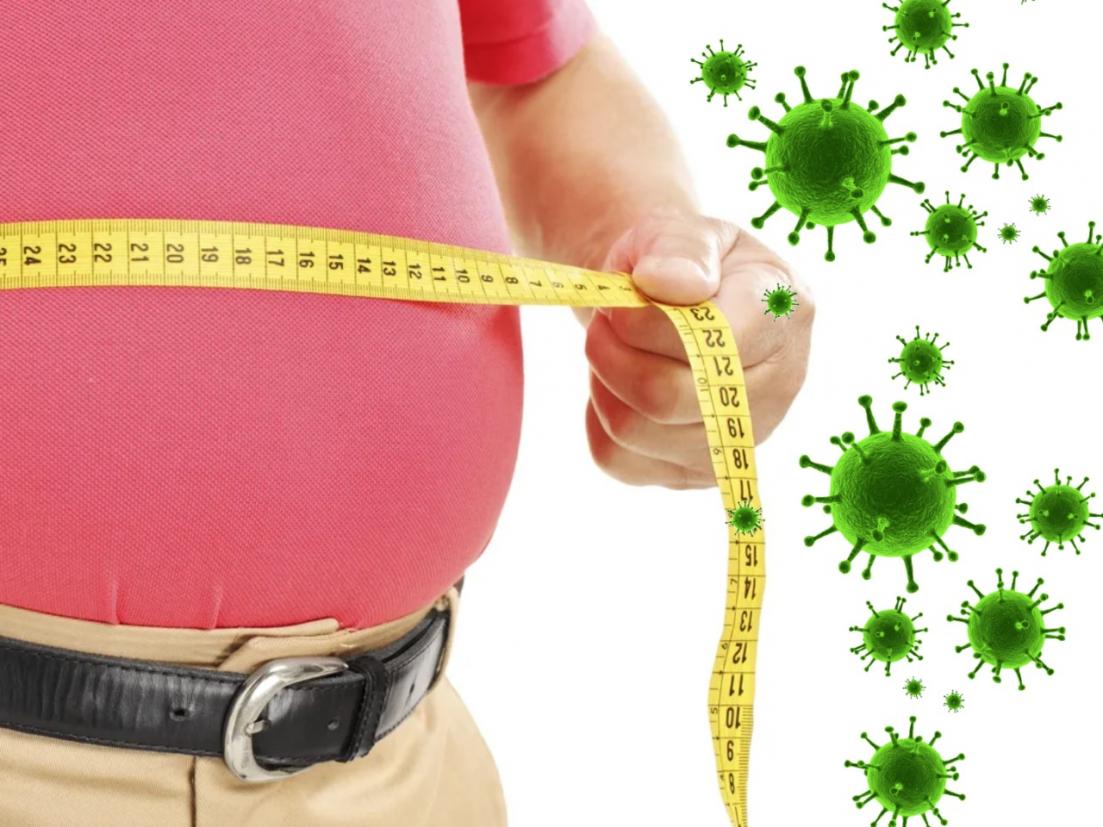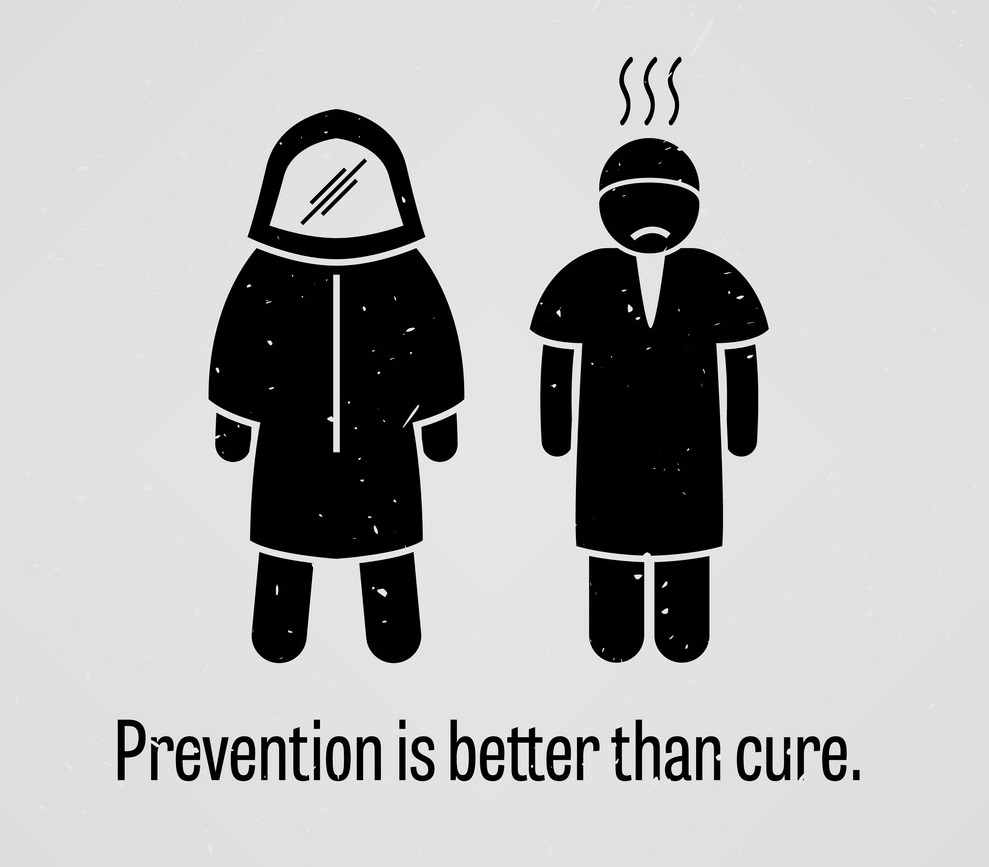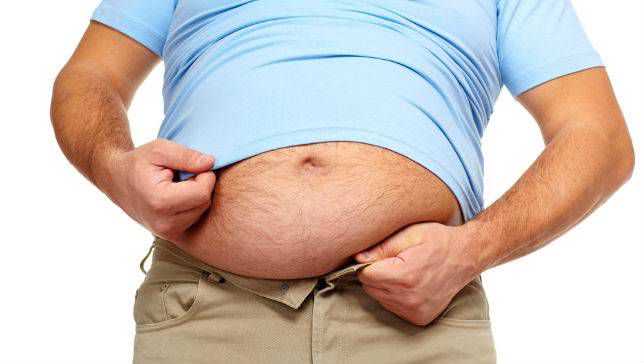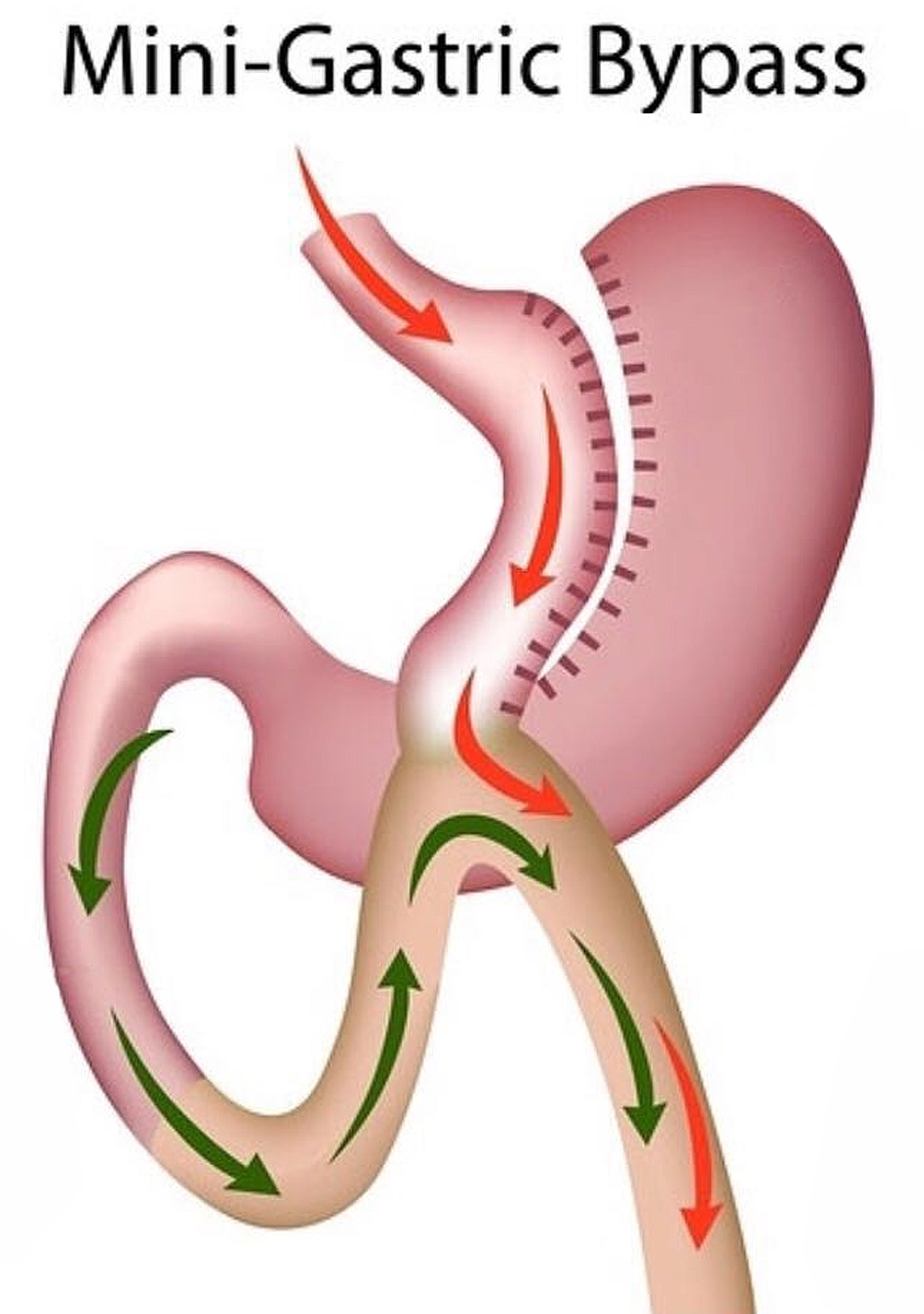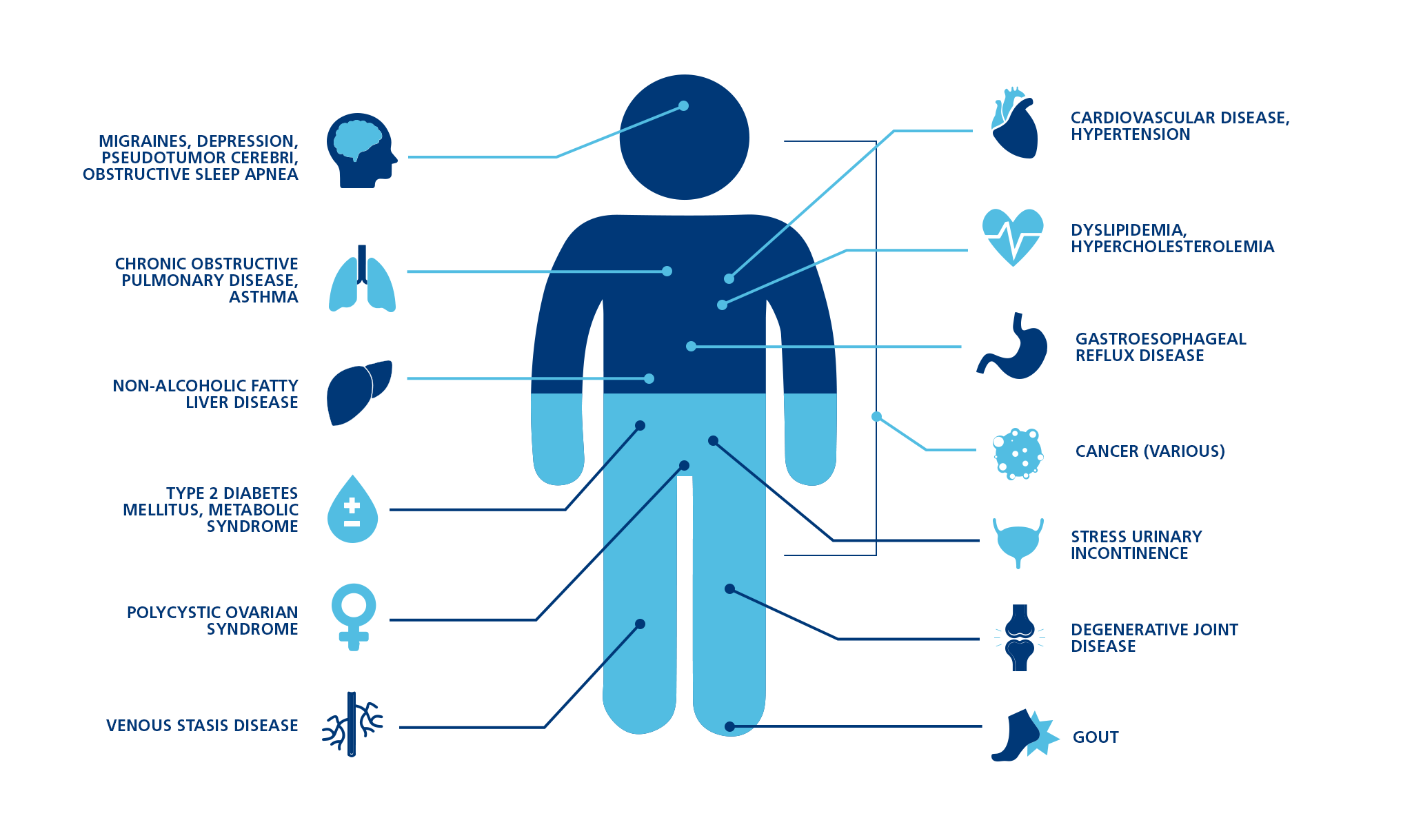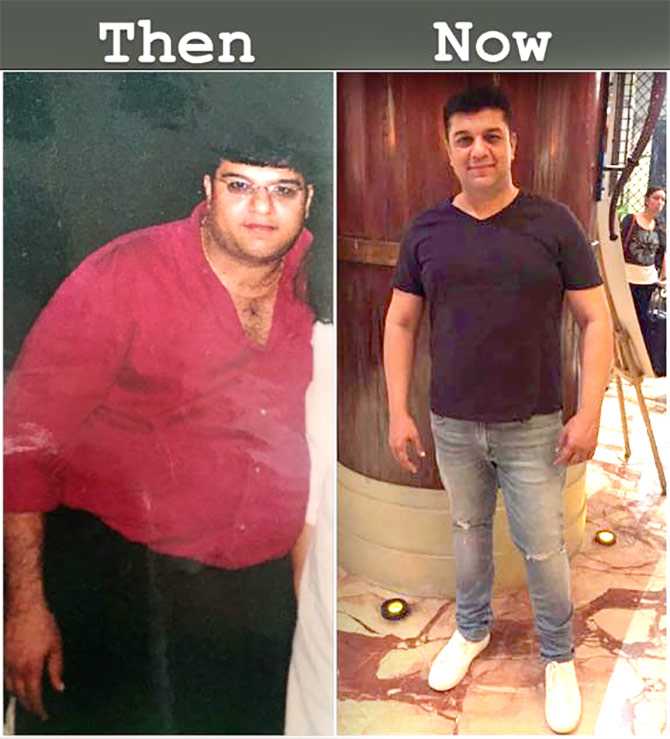Health, Cholesterol
Best tips to reduce your cholesterol naturally
A good diet and a healthy & active lifestyle play a very important role in reducing your cholesterol level. Here are some of the best tips to help with your health.
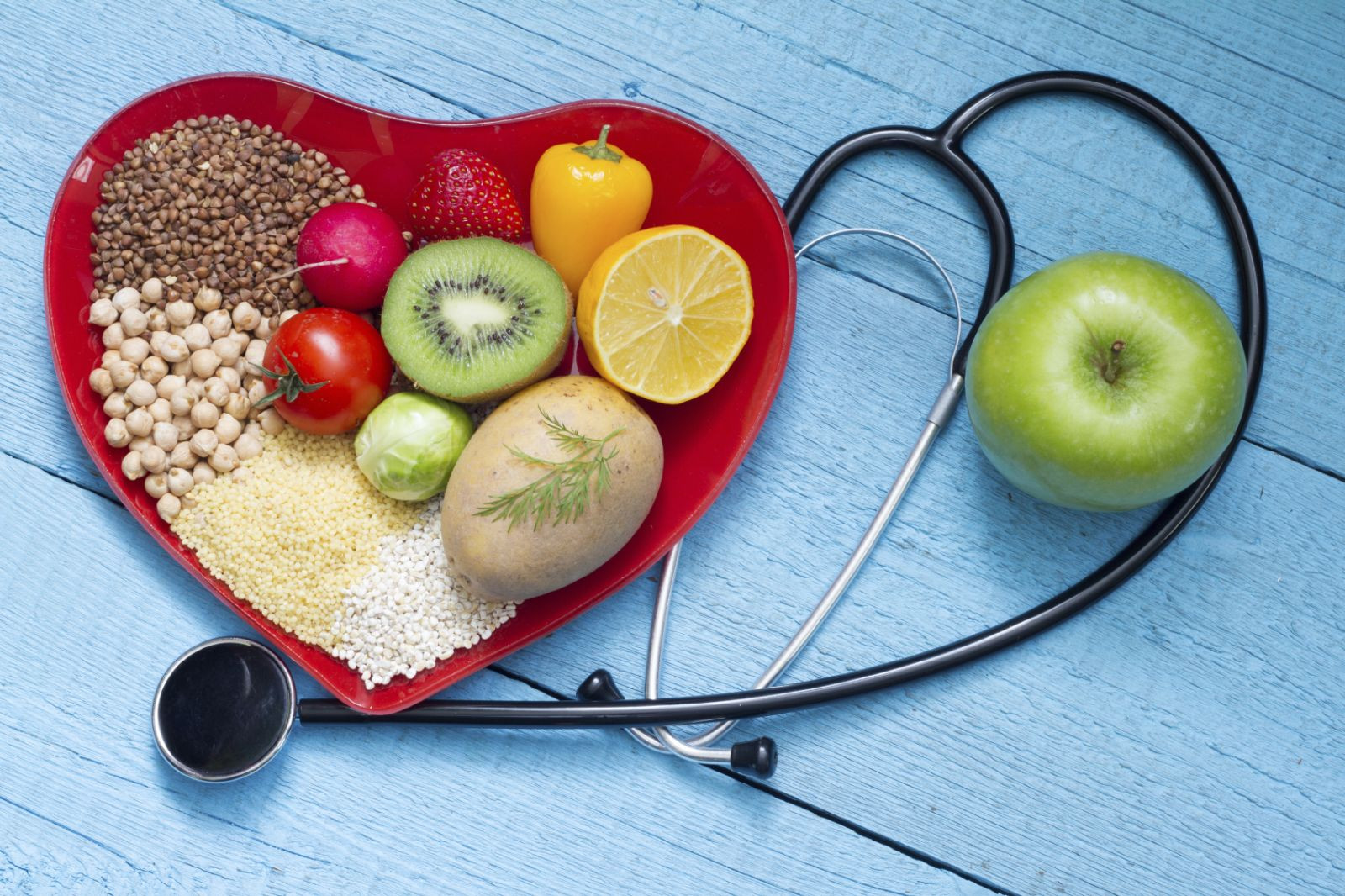
Overview
Your body needs some cholesterol to work properly. But if you have too much in your blood, it can stick to the walls of your arteries and narrow or even block them. This puts you at risk for coronary artery disease and other heart diseases.
Medications can help improve your cholesterol. But if you'd rather first make lifestyle changes to improve your cholesterol, try out the following healthy changes. Even if you are already taking medications, these changes can improve their cholesterol-lowering effects too.
Best cholesterol reducing tips
1. Eat heart-healthy foods
A few changes in your diet can reduce cholesterol and improve your heart health:
- Reduce saturated fats. Saturated fats, found primarily in red meat and full-fat dairy products, raise your total cholesterol. Decreasing your consumption of saturated fats can reduce your low-density lipoprotein (LDL) cholesterol- the "bad" cholesterol.
- Eliminate trans fats. Trans fats, sometimes listed on food labels as "partially hydrogenated vegetable oil," are often used in margarines and store-bought cookies, crackers and cakes. Trans fats raise overall cholesterol levels.
- Eat foods rich in omega-3 fatty acids. Omega-3 fatty acids don't affect LDL cholesterol. But they have other heart-healthy benefits, including reducing blood pressure. Foods with omega-3 fatty acids include salmon, mackerel, herring, walnuts and flaxseeds.
- Increase soluble fibre. Soluble fibre can reduce the absorption of cholesterol into your bloodstream. Soluble fibre is found in such foods as oatmeal, kidney beans, Brussels sprouts, apples and pears.
- Add whey protein. Whey protein, which is found in dairy products, may account for many of the health benefits attributed to dairy. Studies have shown that whey protein given as a supplement lowers both LDL cholesterol and total cholesterol as well as blood pressure.
2. Exercise on most days of the week and increase your physical activity
Exercise can improve cholesterol. Moderate physical activity can help raise high-density lipoprotein (HDL) cholesterol, the "good" cholesterol. With your doctor's agreement, work up to at least 30 minutes of exercise five times a week or vigorous aerobic activity for 20 minutes three times a week.
Adding physical activity, even in short intervals several times a day, can help you begin to lose weight. Consider:
- Taking a brisk daily walk during your lunch hour
- Riding your bike to work
- Playing a favorite sport
To stay motivated, consider finding an exercise buddy or joining an exercise group.
3. Quit smoking
Quitting smoking improves your HDL cholesterol level. The benefits occur quickly:
- Within 20 minutes of quitting, your blood pressure and heart rate recover from the cigarette-induced spike
- Within three months of quitting, your blood circulation and lung function begin to improve
- Within a year of quitting, your risk of heart disease is half that of a smoker
4. Lose weight
Carrying even a few extra pounds contributes to high cholesterol. Small changes add up. If you drink sugary beverages, switch to tap water. Snack on air-popped popcorn or pretzels- but keep track of the calories. If you crave something sweet, try sherbet or candies with little or no fat, such as jelly beans.
Look for ways to incorporate more activity into your daily routine, such as using the stairs instead of taking the elevator or parking farther from your office. Take walks during breaks at work. Try to increase standing activities, such as cooking or doing yardwork.
5. Best not to consume alcohol and even if you do, only in moderation
Moderate use of alcohol has been linked with higher levels of HDL cholesterol- but the benefits aren't strong enough to recommend alcohol for anyone who doesn't already drink.
If you drink alcohol, do so in moderation. For healthy adults, that means up to one drink a day for women of all ages and men older than age 65, and up to two drinks a day for men age 65 and younger.
Too much alcohol can lead to serious health problems, including high blood pressure, heart failure and strokes.
Best foods to reduce cholesterol level
A few simple tweaks to your diet- along with exercise and other heart-healthy habits- might help you lower your cholesterol. Some of the healthy foods to add and other foods that you should avoid are listed below-
1. Oatmeal, oat bran and high-fibre foods
Oatmeal contains soluble fibre, which reduces your low-density lipoprotein (LDL) cholesterol, the "bad" cholesterol. Soluble fibre is also found in such foods as kidney beans, Brussels sprouts, apples and pears.
Soluble fibre can reduce the absorption of cholesterol into your bloodstream. Five to 10 grams or more of soluble fibre a day decreases your LDL cholesterol. One serving of a breakfast cereal with oatmeal or oat bran provides 3 to 4 grams of fibre. If you add fruit, such as a banana or berries, you'll get even more fibre.
2. Fish and omega-3 fatty acids
Fatty fish has high levels of omega-3 fatty acids, which can reduce your triglycerides- a type of fat found in blood- as well as reduce your blood pressure and risk of developing blood clots. In people who have already had heart attacks, omega-3 fatty acids may reduce the risk of sudden death.
Omega-3 fatty acids don't affect LDL cholesterol levels. But because of those acids' other heart benefits, the American Heart Association recommends eating at least two servings of fish a week. Baking or grilling the fish avoids adding unhealthy fats.
The highest levels of omega-3 fatty acids are in:
- Mackerel
- Herring
- Tuna
- Salmon
- Trout
Foods such as walnuts, flaxseed and canola oil also have small amounts of omega-3 fatty acids.
Omega-3 and fish oil supplements are available. Talk to your doctor before taking any supplements.
3. Almonds and other nuts
Almonds and other tree nuts can improve blood cholesterol. A recent study concluded that a diet supplemented with walnuts can lower the risk of heart complications in people with a history of a heart attack. All nuts are high in calories, so a handful added to a salad or eaten as a snack will do.
4. Avocados
Avocados are a potent source of nutrients as well as monounsaturated fatty acids (MUFAs). Research suggests that adding an avocado a day to a heart-healthy diet can help improve LDL cholesterol levels in people who are overweight or obese.
People tend to be most familiar with avocados in guacamole, which usually is eaten with high-fat corn chips. Try adding avocado slices to salads and sandwiches or eating them as a side dish. Also try guacamole with raw cut vegetables, such as cucumber slices.
Replacing saturated fats, such as those found in meats, with MUFAs are part of what makes the Mediterranean diet heart healthy.
5. Olive oil
Try using olive oil in place of other fats in your diet. You can saute vegetables in olive oil, add it to a marinade or mix it with vinegar as a salad dressing. You can also use olive oil as a substitute for butter when basting meat or as a dip for bread.
6. Foods with added plant sterols or stanols
Sterols and stanols are substances found in plants that help block the absorption of cholesterol. Foods that have been fortified with sterols or stanols are available.
Margarines and orange juice with added plant sterols can help reduce LDL cholesterol. Adding 2 grams of sterol to your diet every day can lower your LDL cholesterol by 5 to 15 percent.
It's not clear whether food with plant sterols or stanols reduces your risk of heart attack or stroke — although experts assume that foods that reduce cholesterol do reduce the risk. Plant sterols or stanols don't appear to affect levels of triglycerides or of high-density lipoprotein (HDL) cholesterol, the "good" cholesterol.
7. Whey protein
Whey protein, which is found in dairy products, may account for many of the health benefits attributed to dairy. Studies have shown that whey protein given as a supplement lowers both LDL and total cholesterol as well as blood pressure. You can find whey protein powders in health food stores and some grocery stores.
8. Other changes to your diet
Getting the full benefit of these foods requires other changes to your diet and lifestyle. One of the most beneficial changes is limiting the saturated and trans fats you eat.
Saturated fats- such as those in meat, butter, cheese and other full-fat dairy products- raise your total cholesterol. Decreasing your consumption of saturated fats to less than 7 percent of your total daily calorie intake can reduce your LDL cholesterol by 8 to 10 percent.
Trans fats, sometimes listed on food labels as "partially hydrogenated vegetable oil," are often used in margarines and store-bought cookies, crackers and cakes. Trans fats raise overall cholesterol levels.
When lifestyle changes alone are not enough
Sometimes healthy lifestyle changes aren't enough to lower cholesterol levels. If your doctor recommends medication to help lower your cholesterol, take it as prescribed while continuing your lifestyle changes. Lifestyle changes can help you keep your medication dose low.
For any health related concern, consult with our experts by clicking below-
Reference
- https://www.mayoclinic.org/diseases-conditions/high-blood-cholesterol/in-depth/cholesterol/art-20045192
- https://www.mayoclinic.org/diseases-conditions/high-blood-cholesterol/in-depth/reduce-cholesterol/art-20045935
- https://www.health.harvard.edu/heart-health/11-foods-that-lower-cholesterol
- https://medlineplus.gov/howtolowercholesterol.html
- https://www.nhs.uk/conditions/high-cholesterol/how-to-lower-your-cholesterol/

